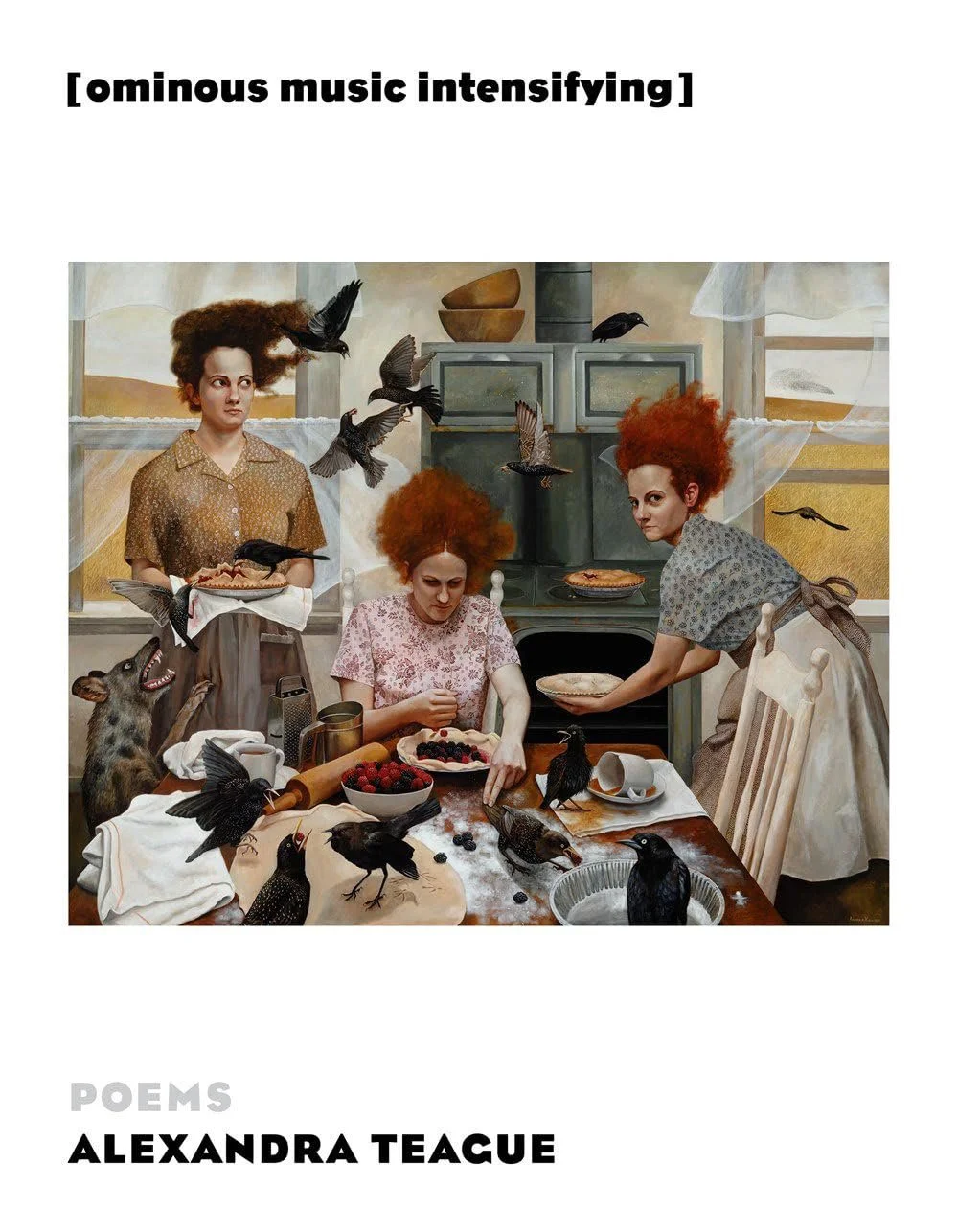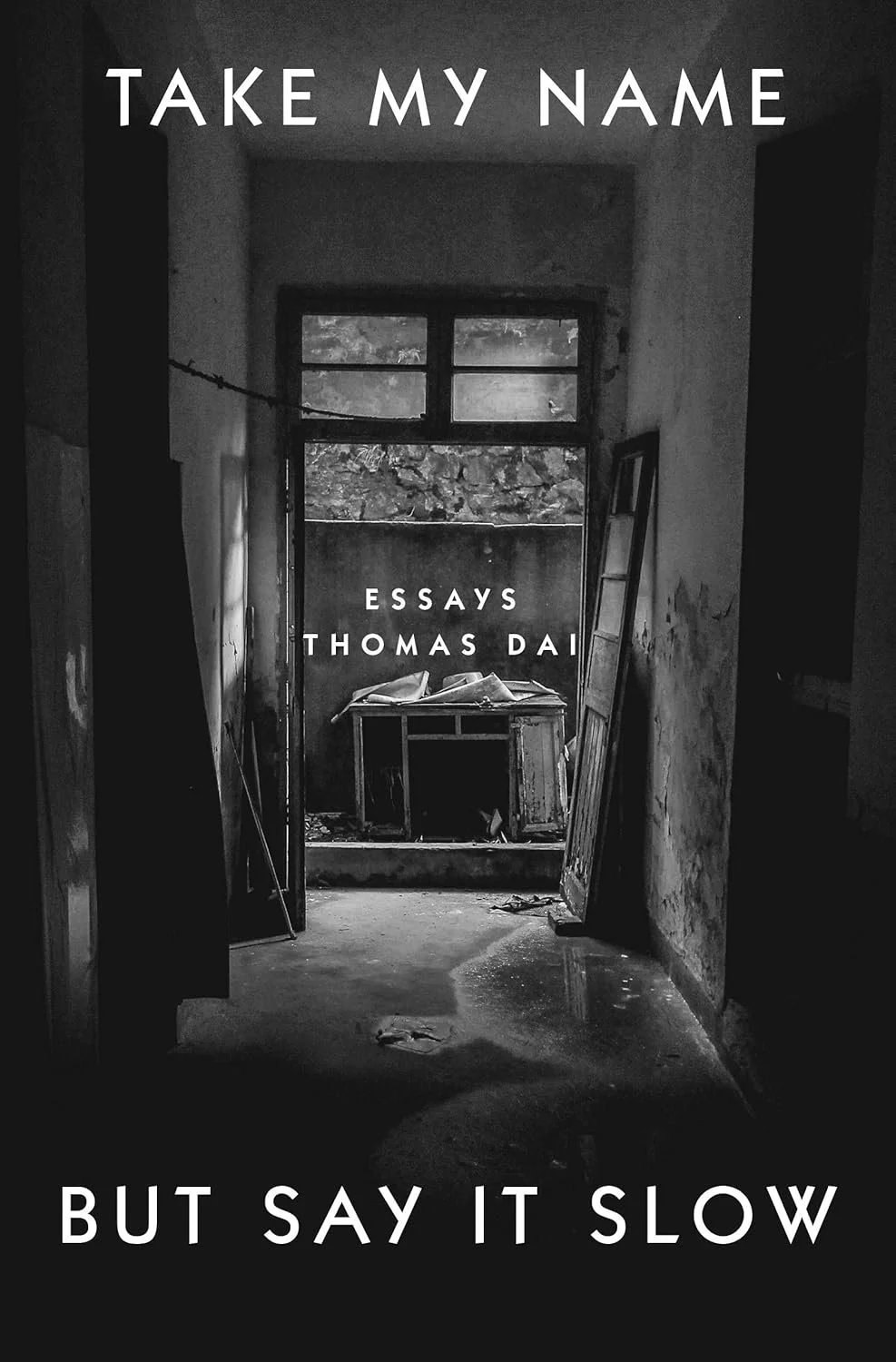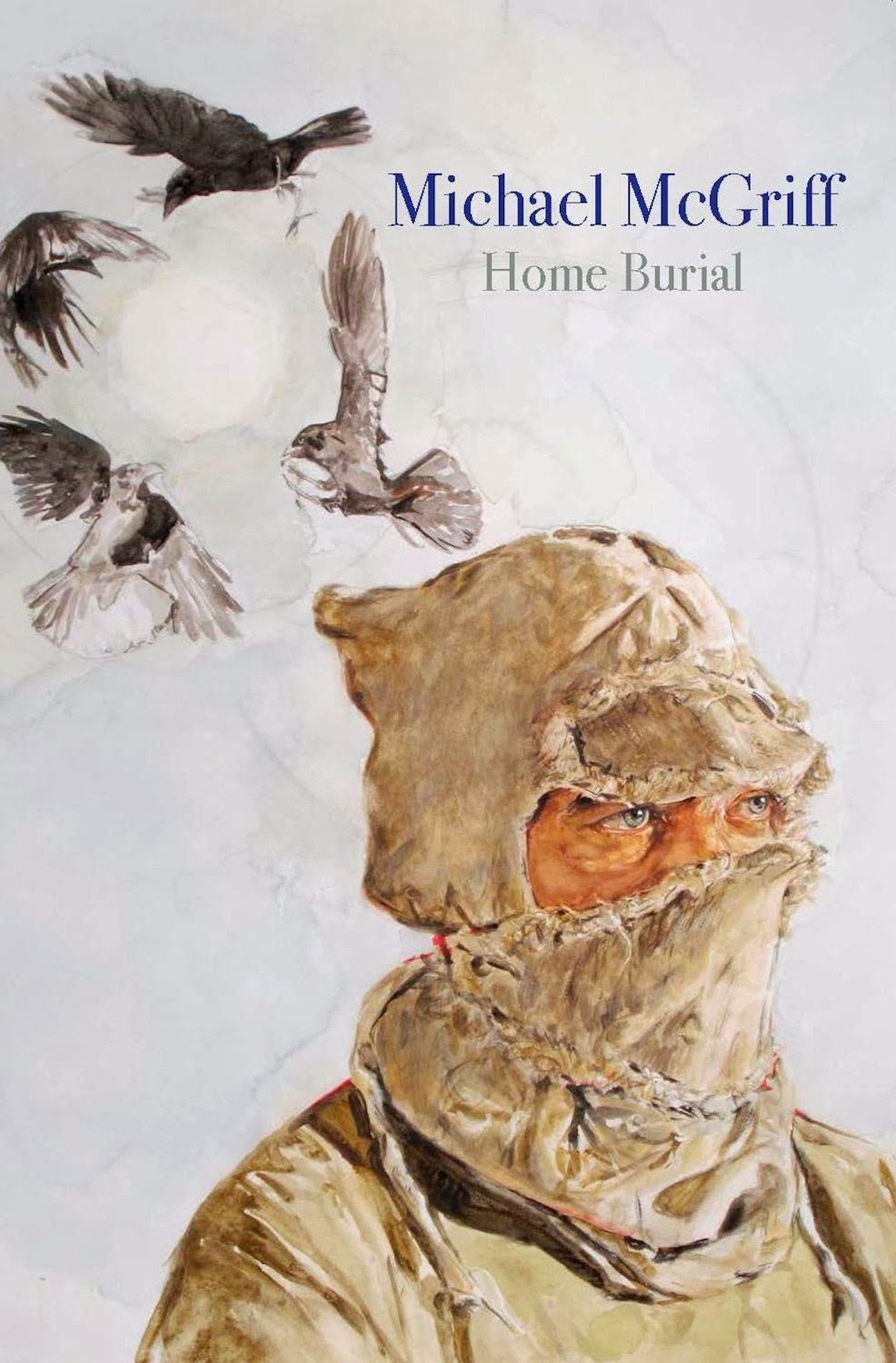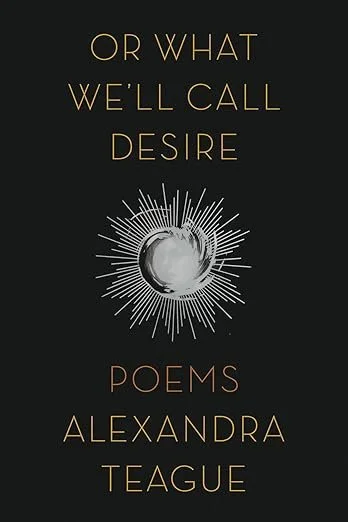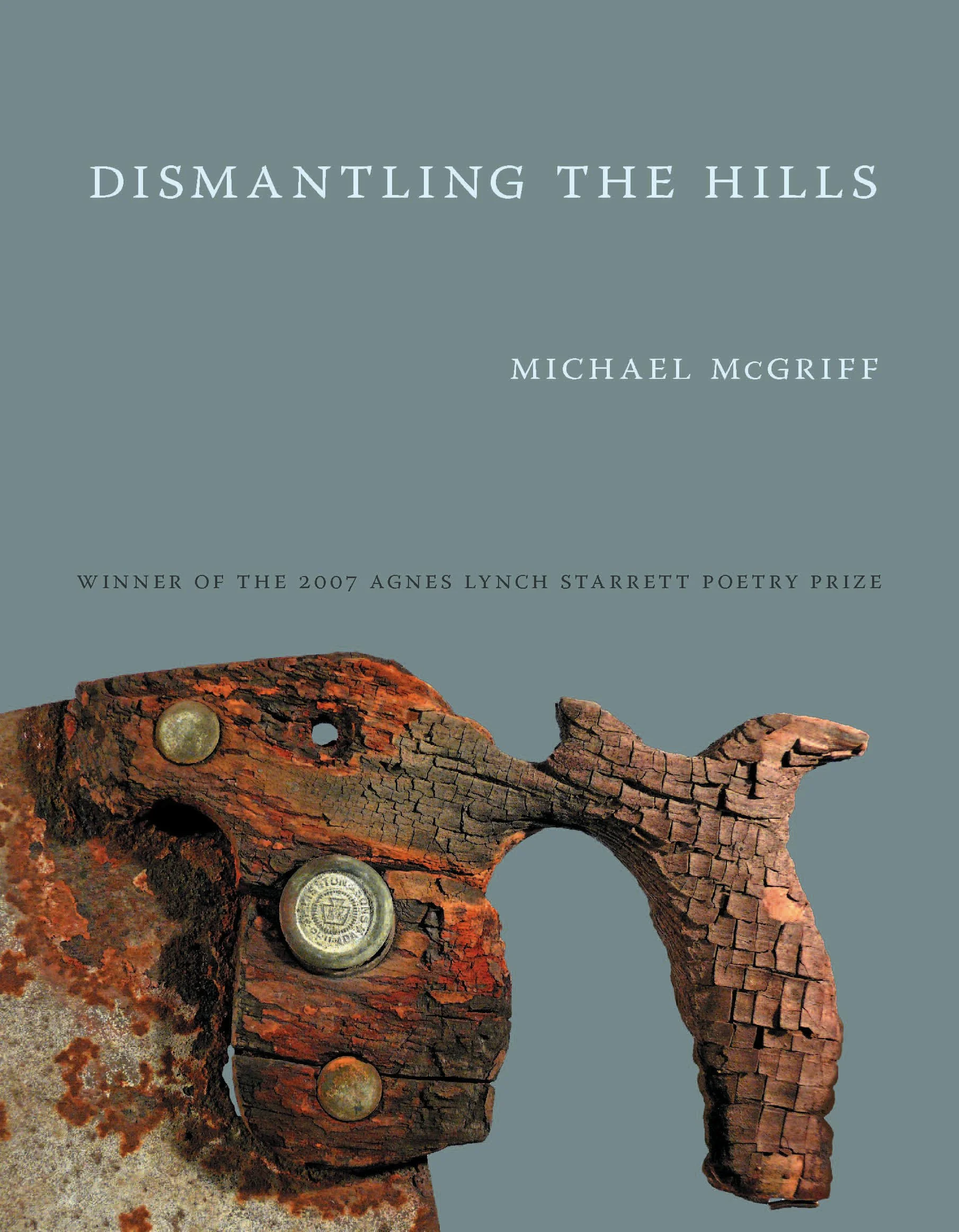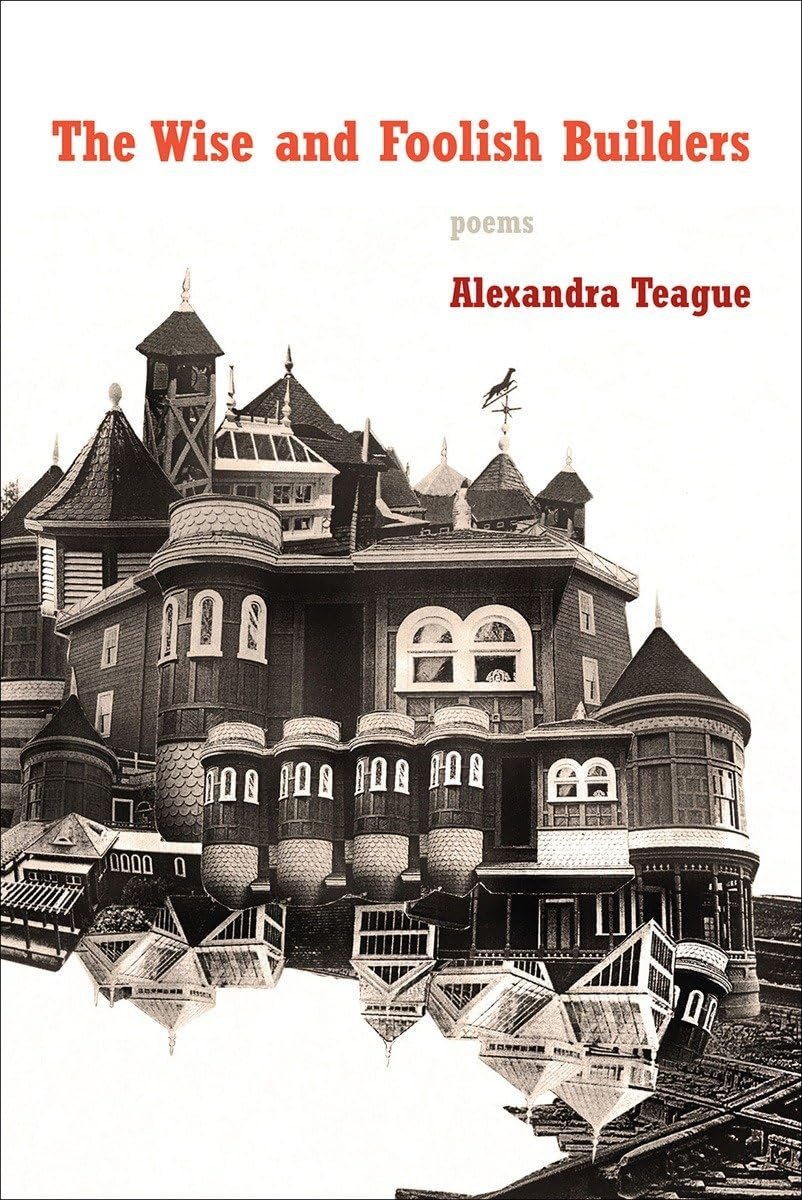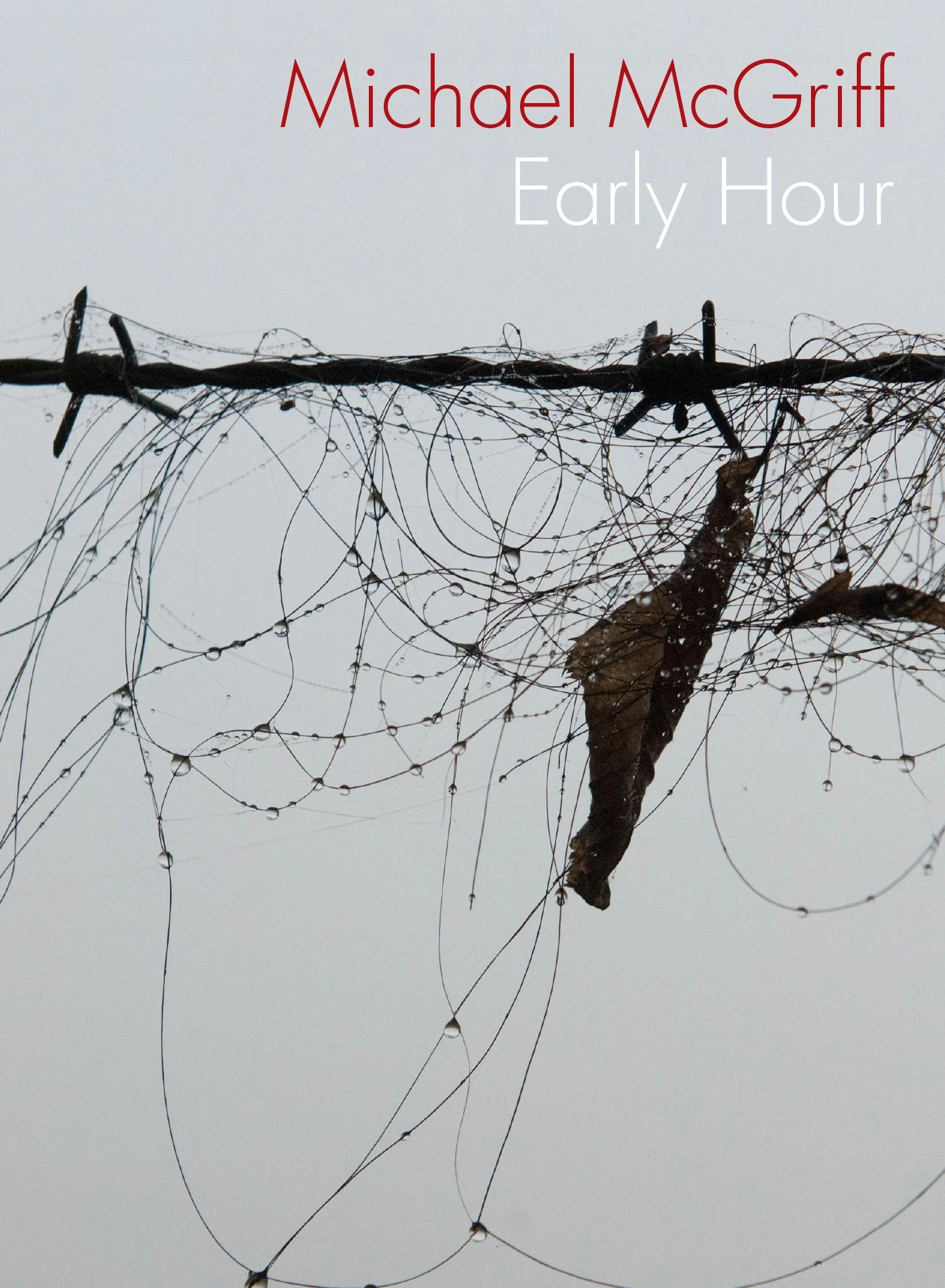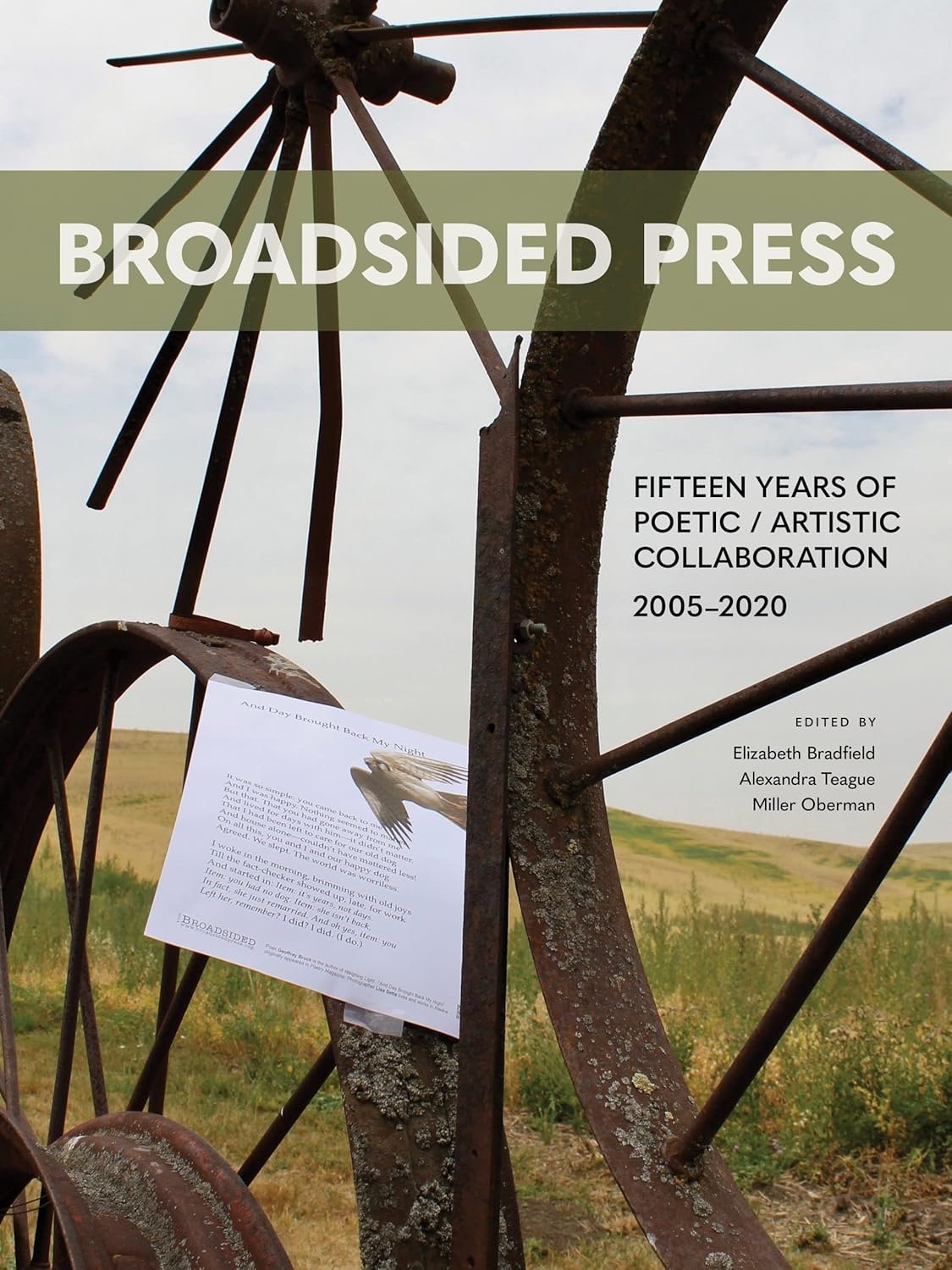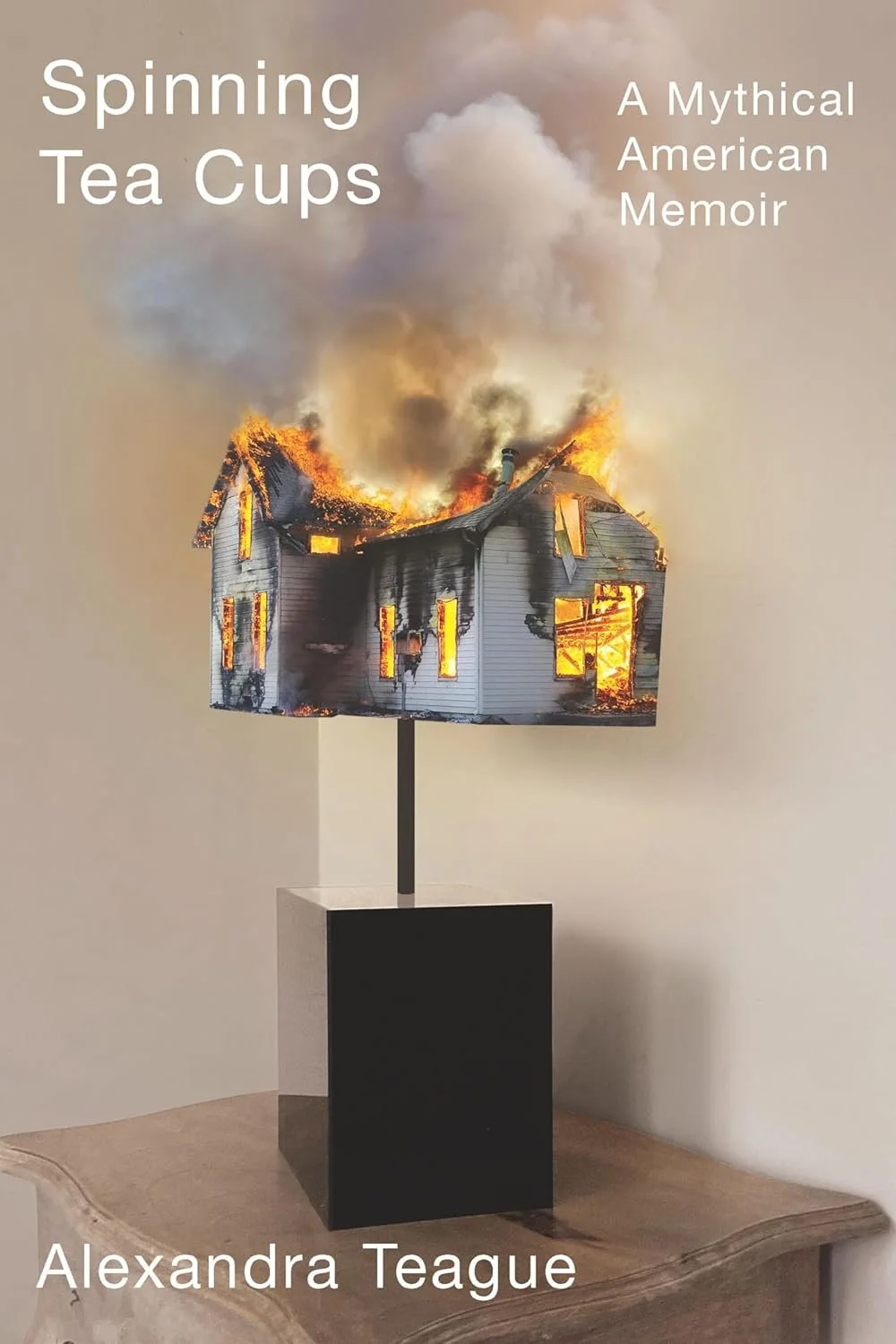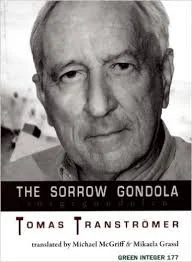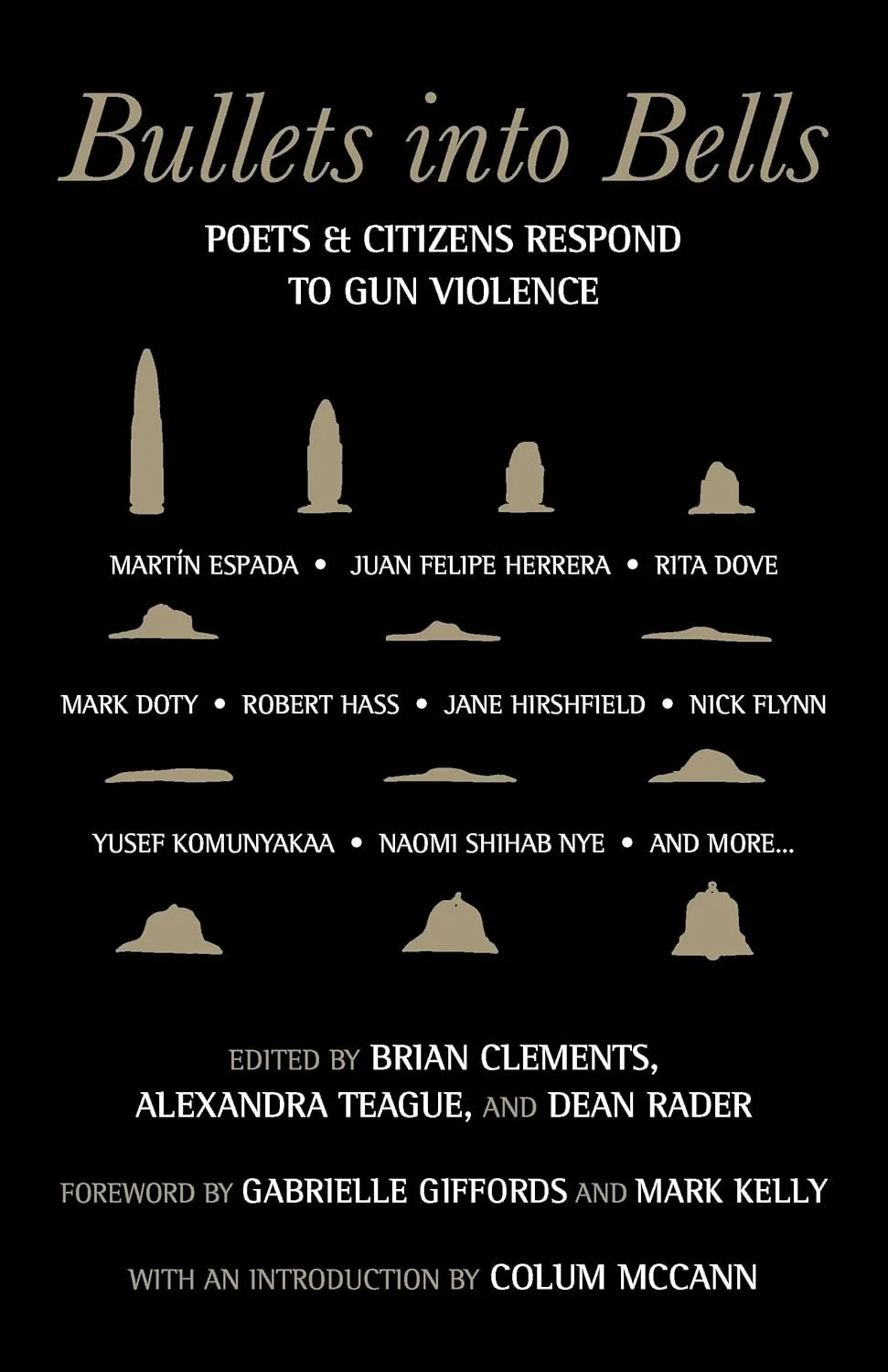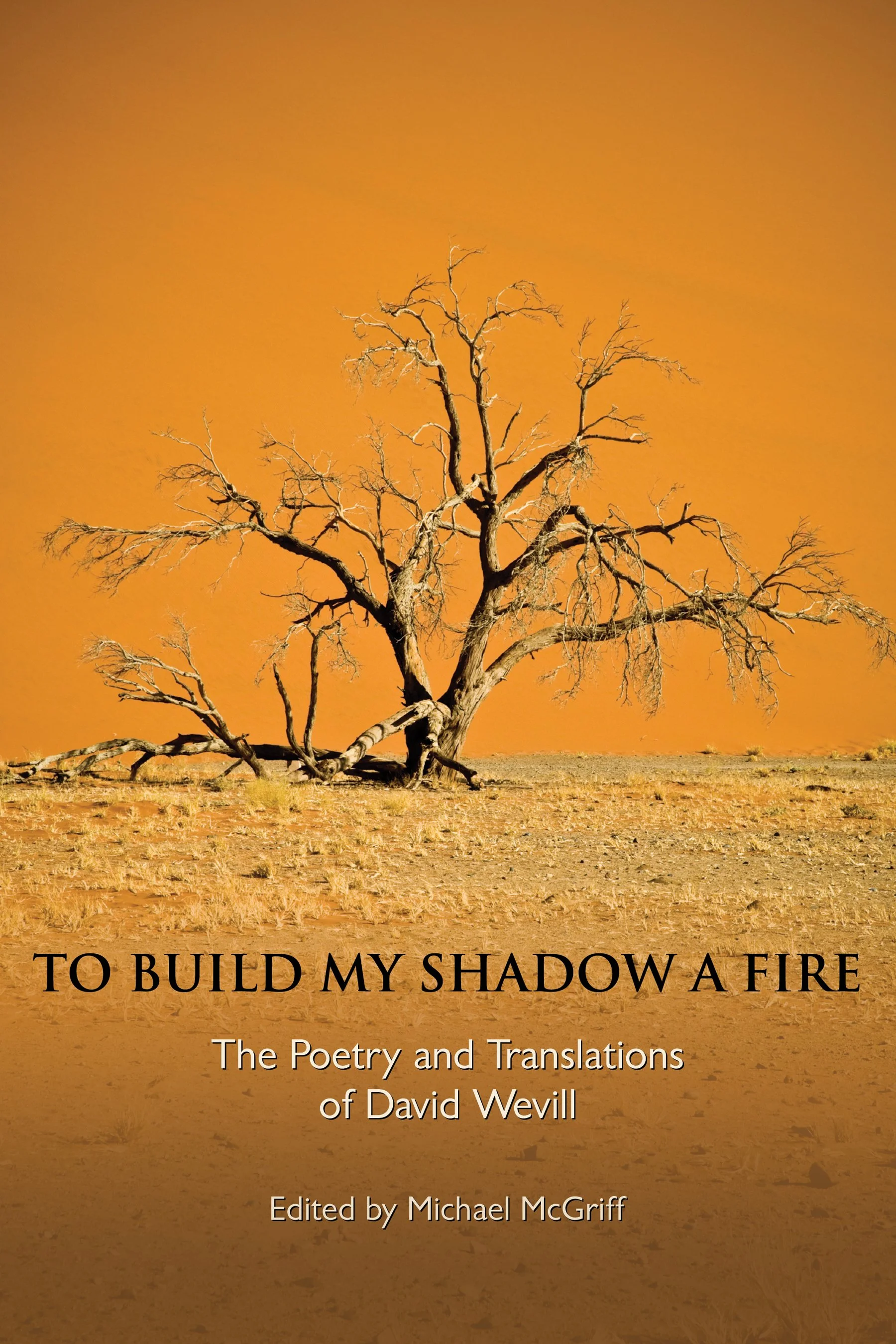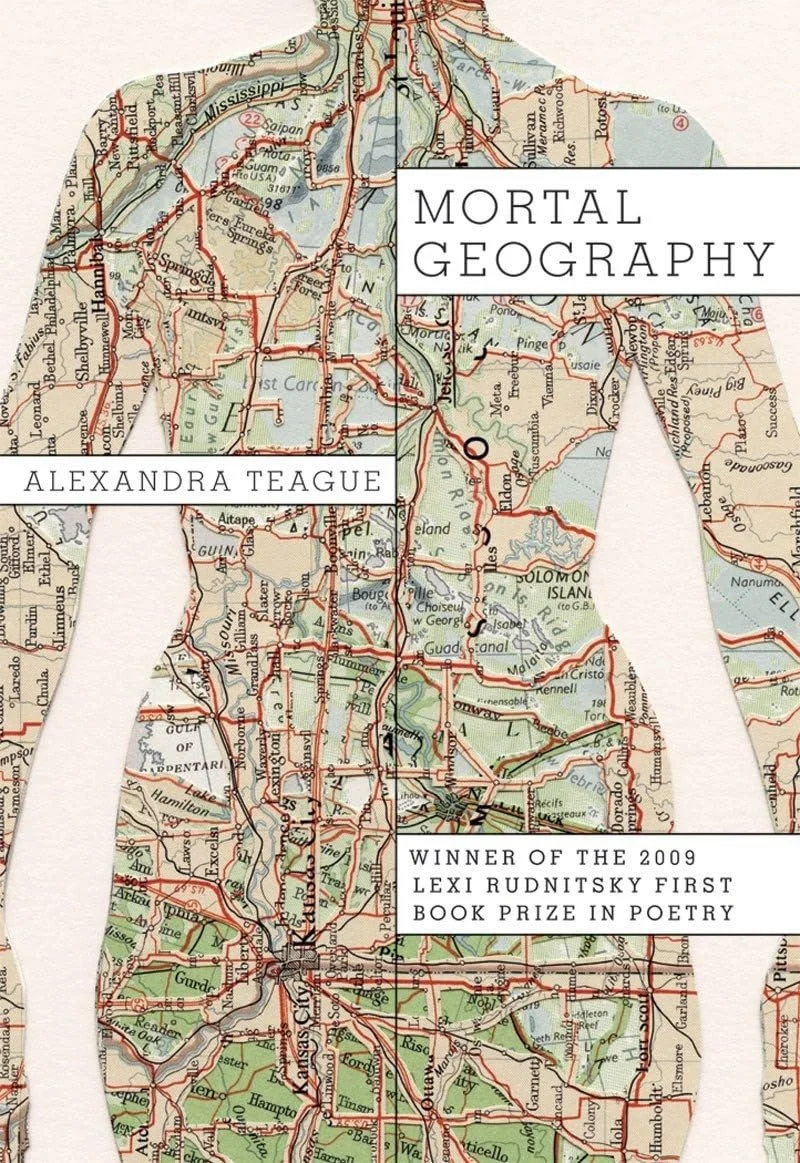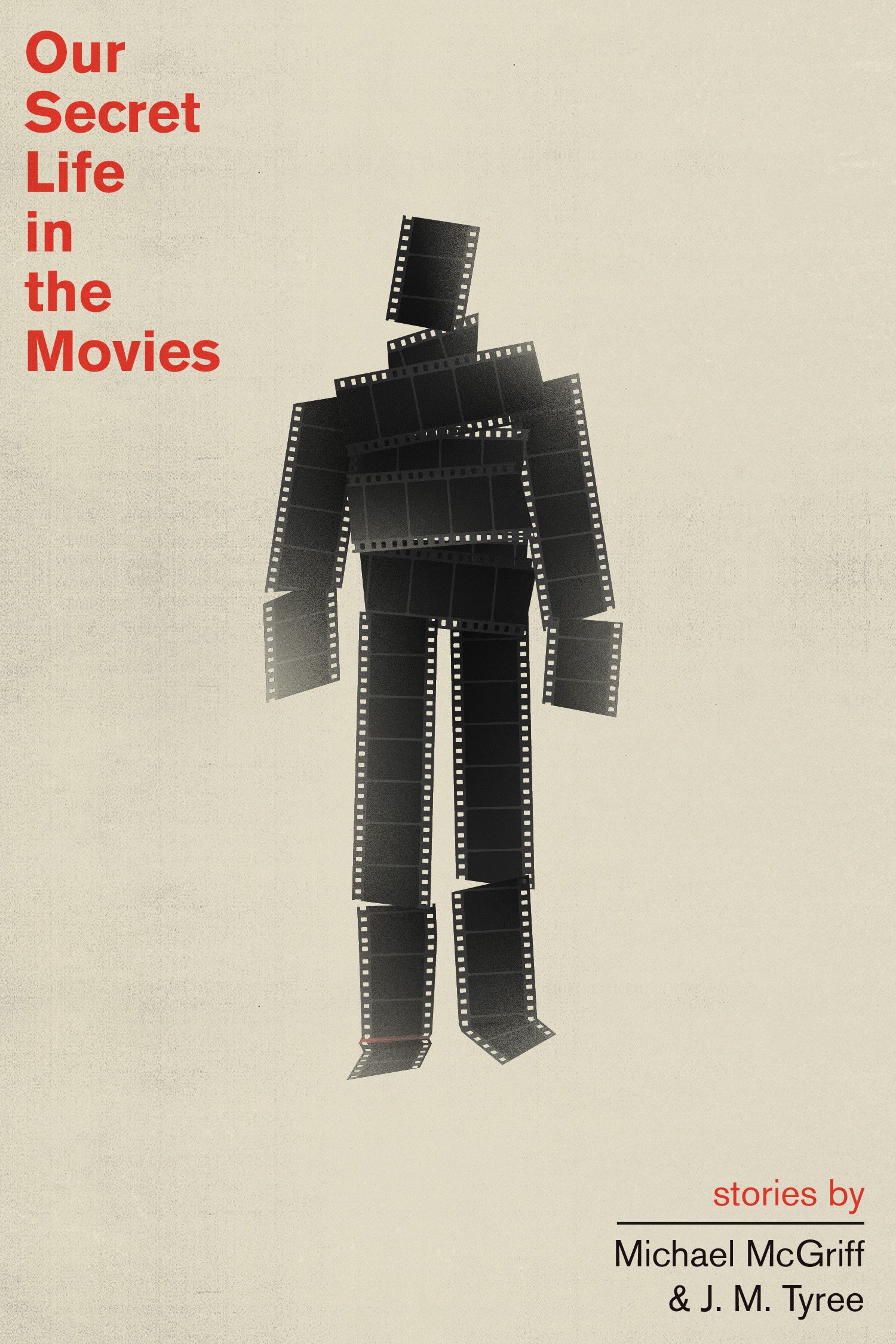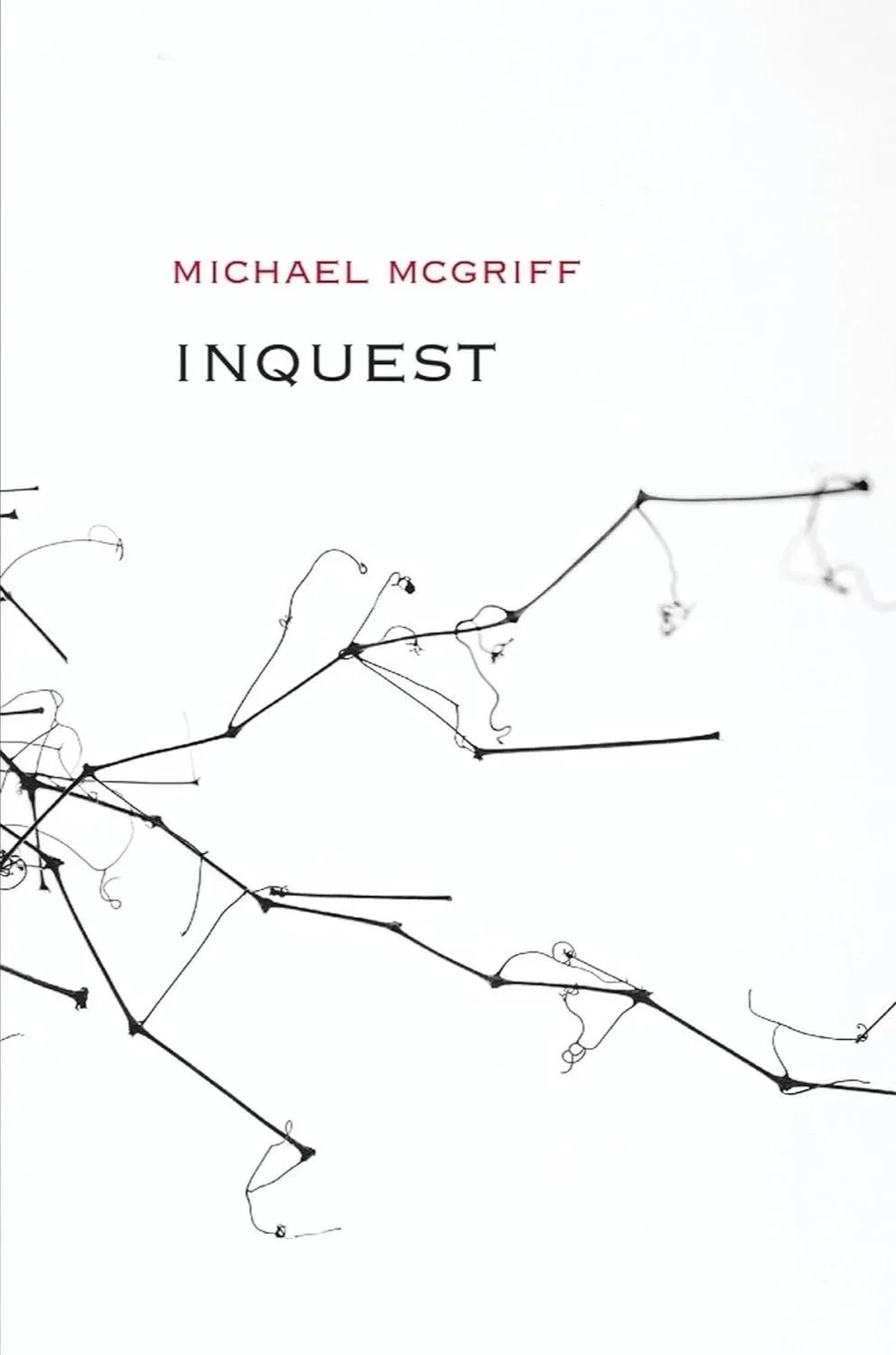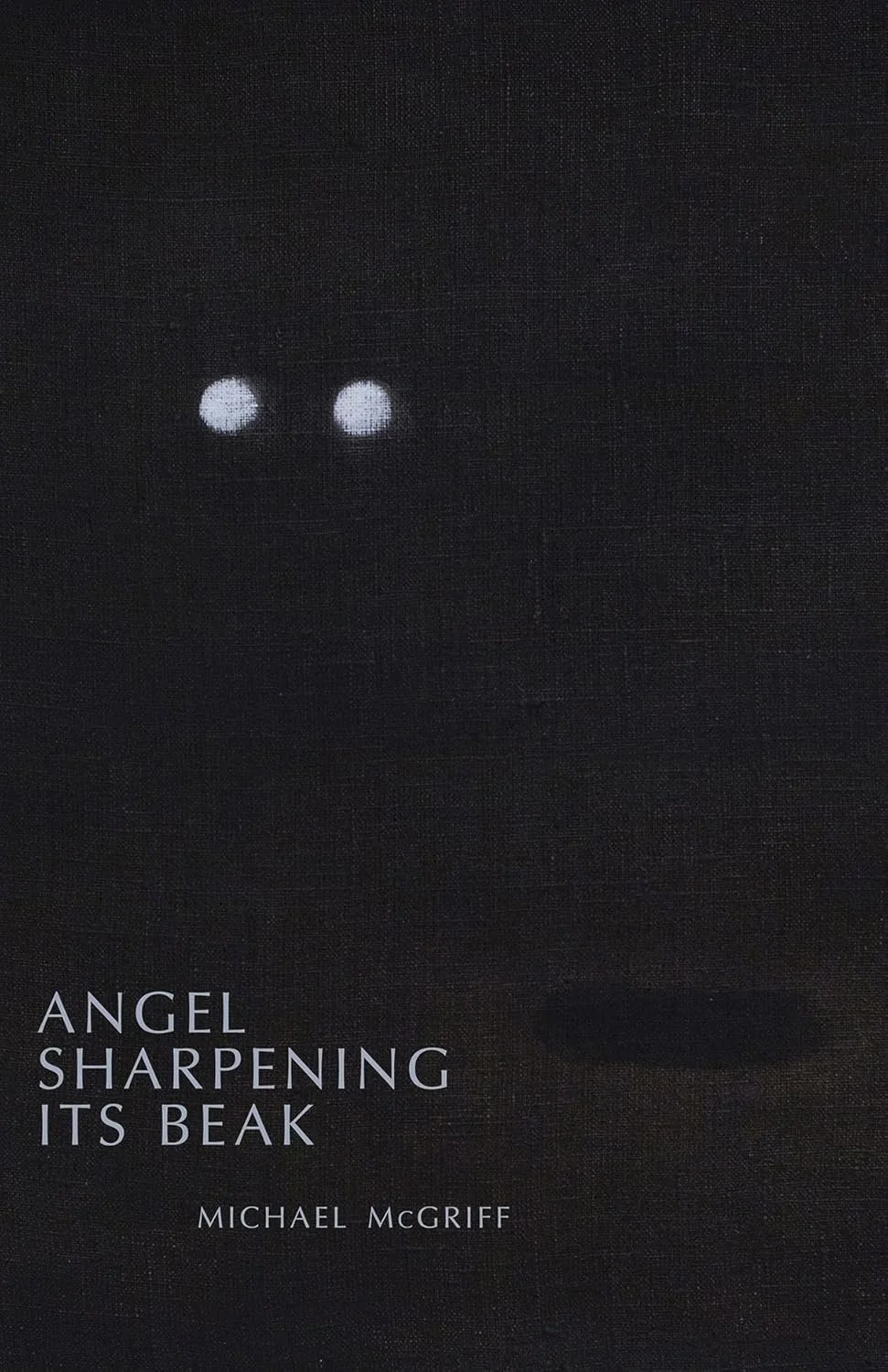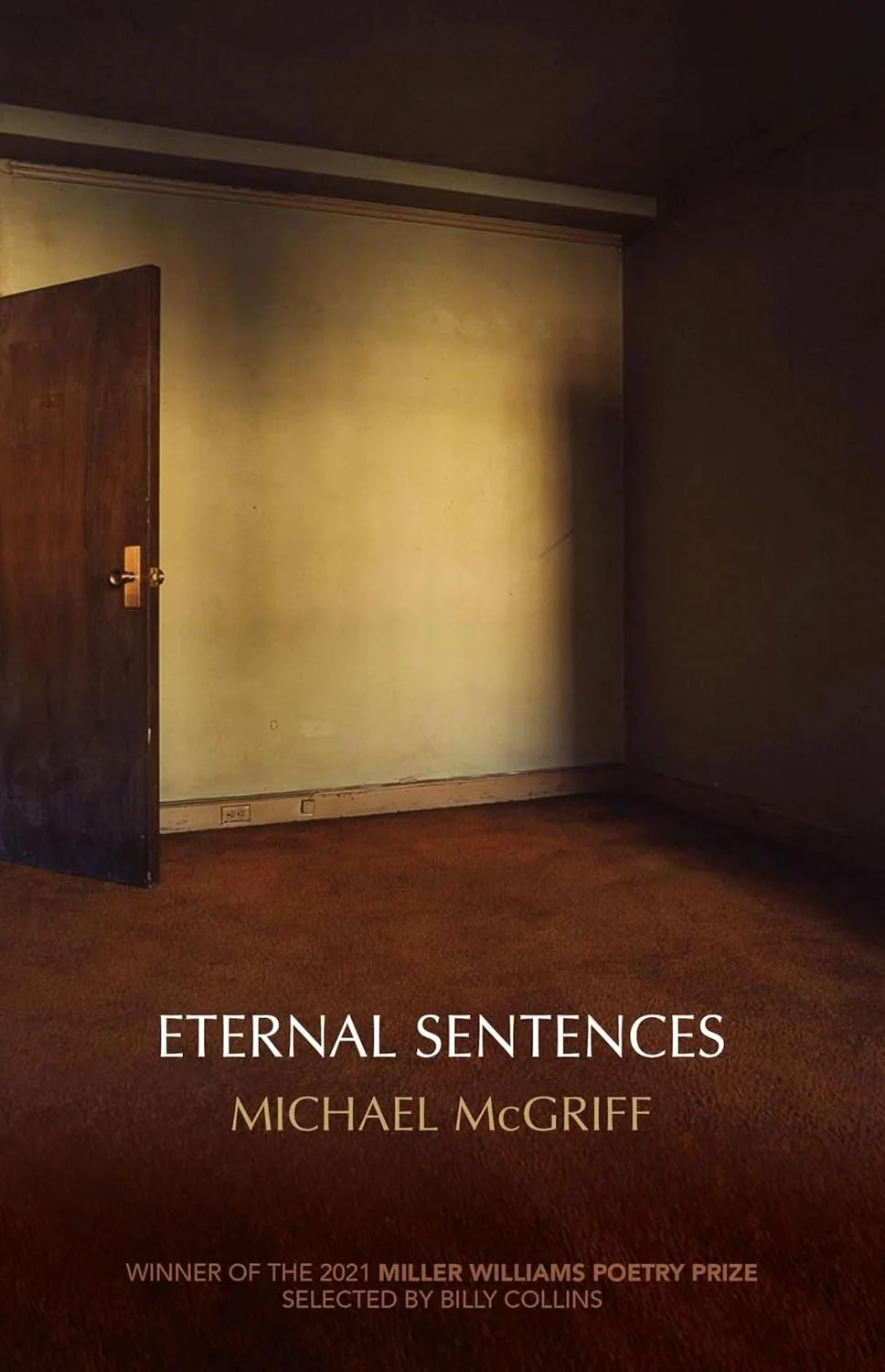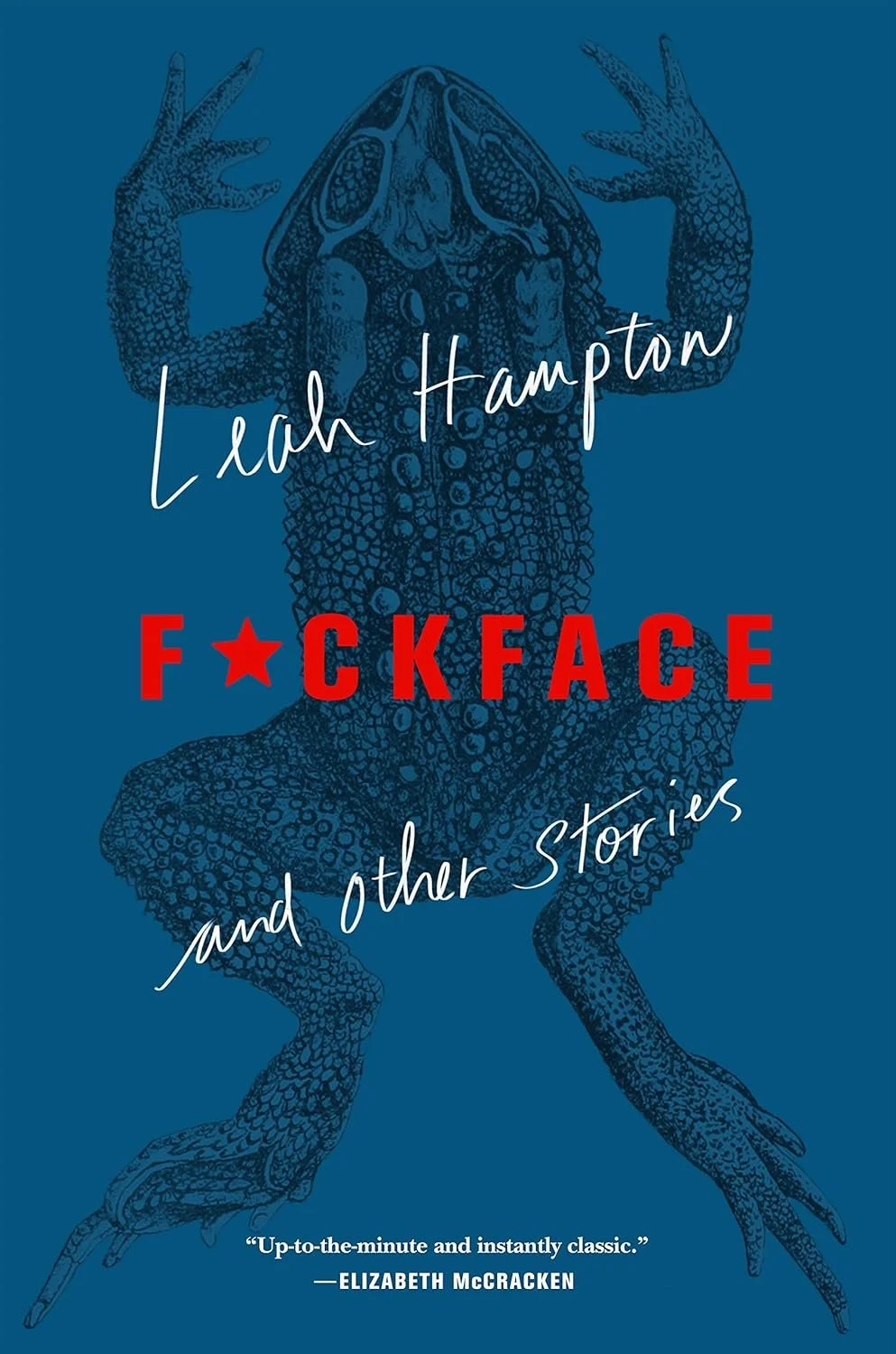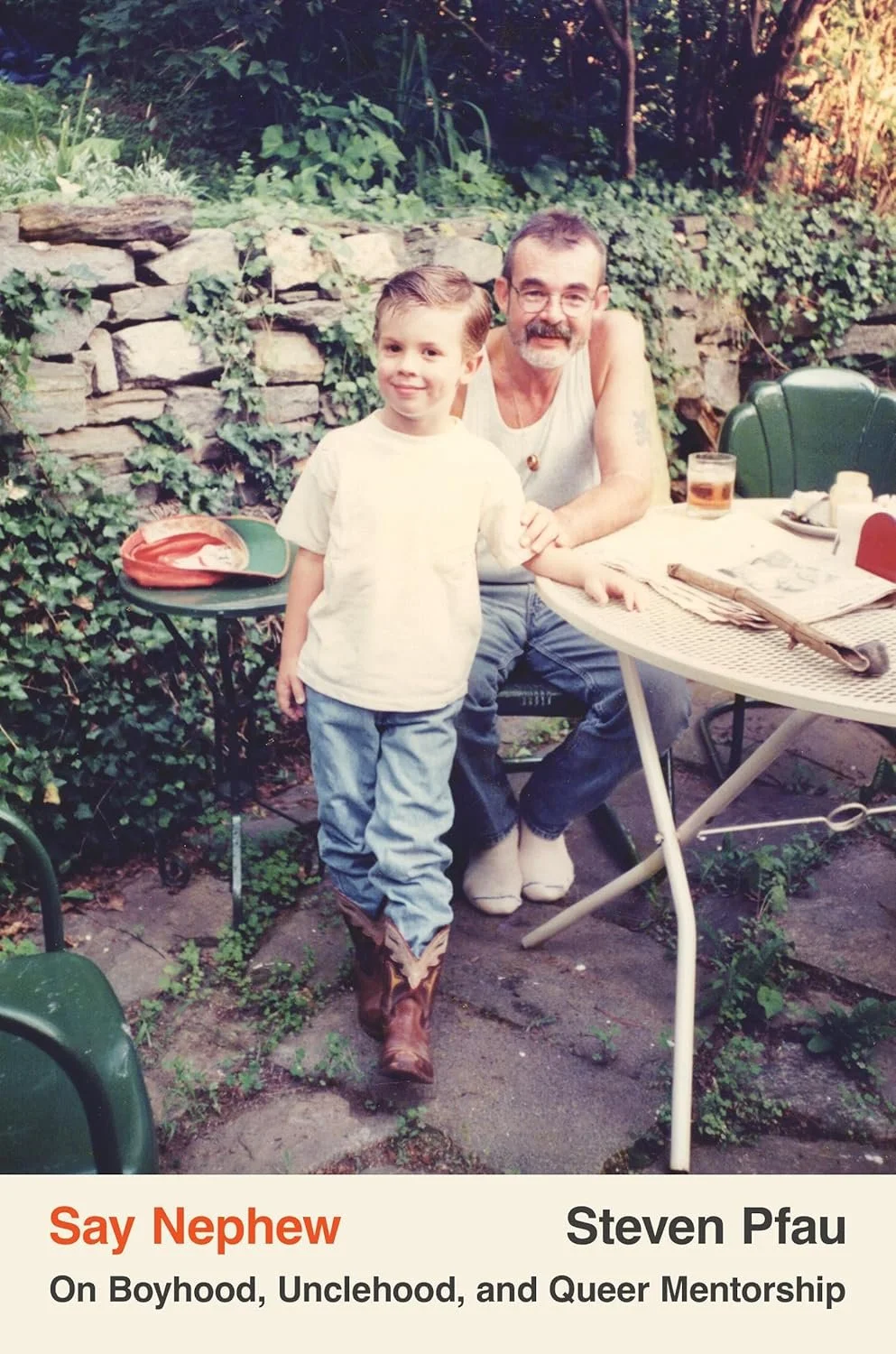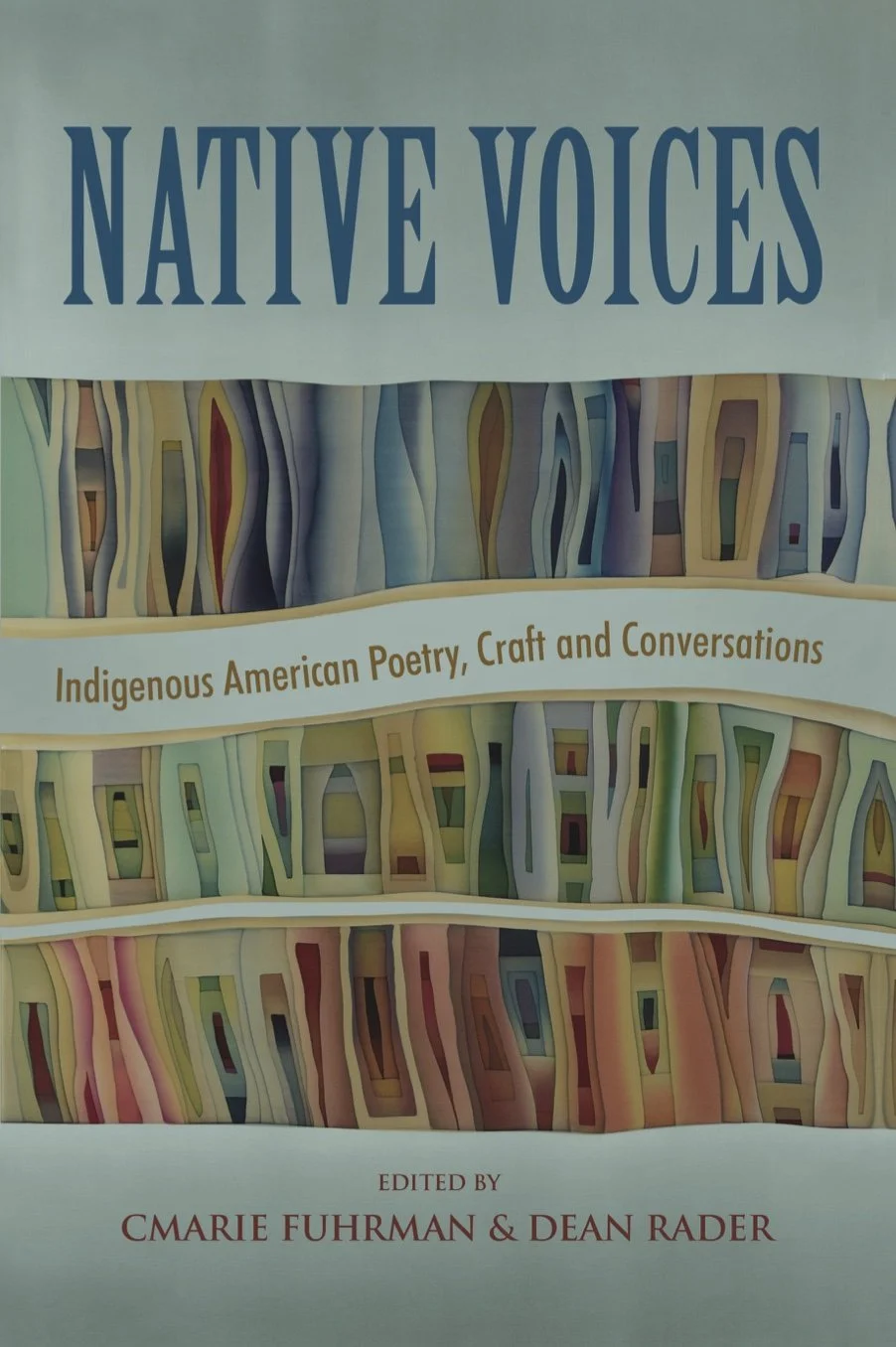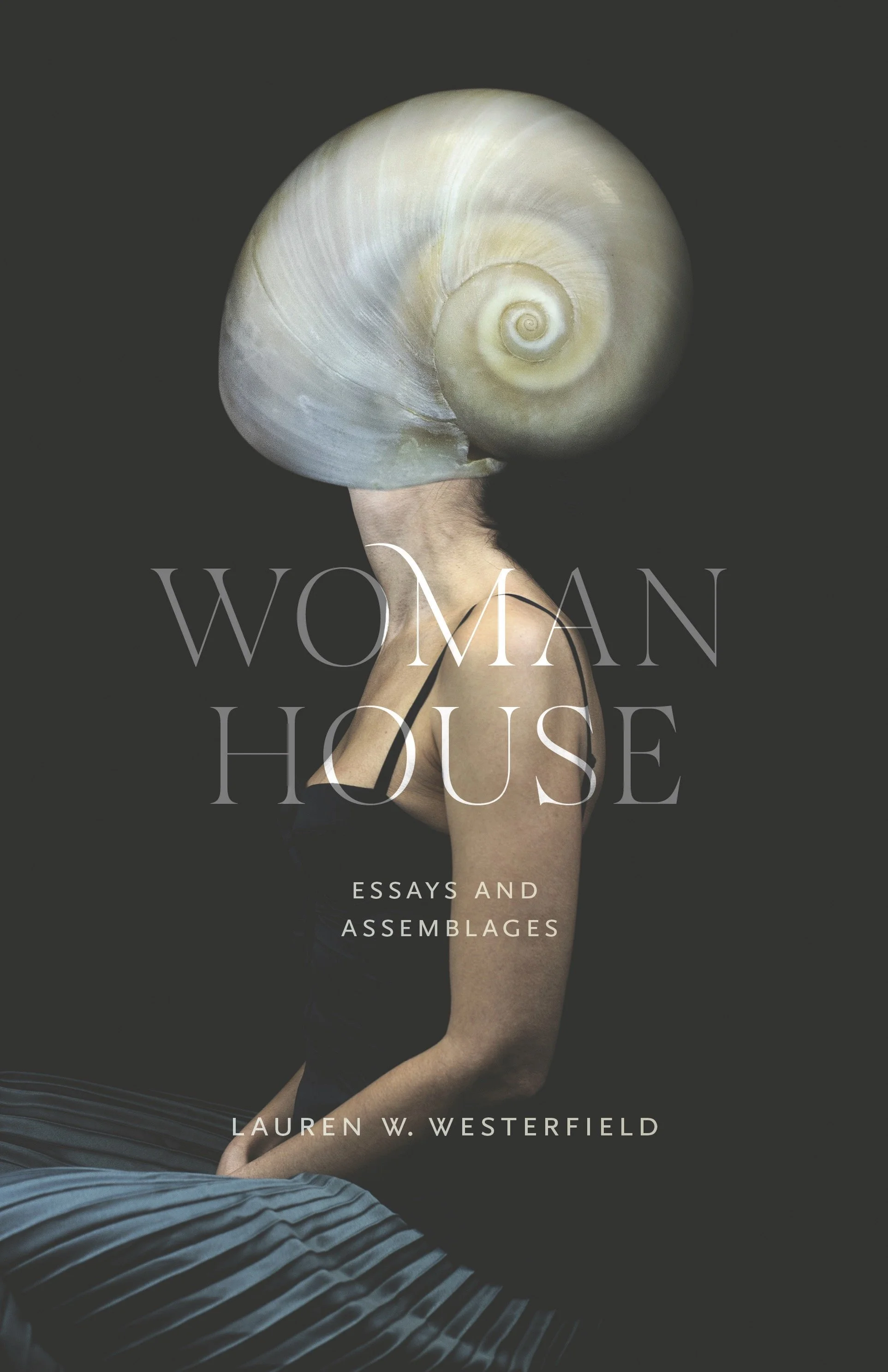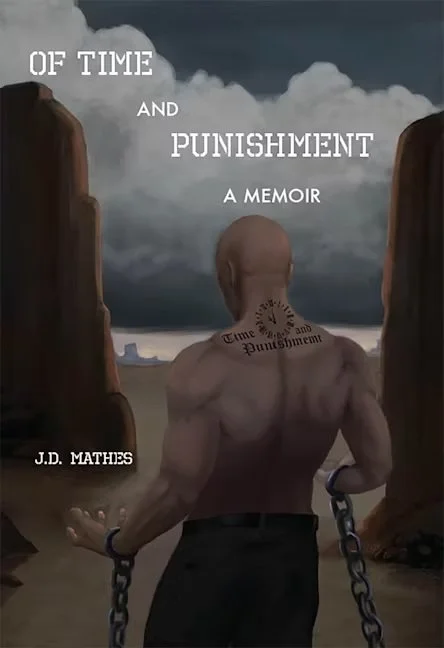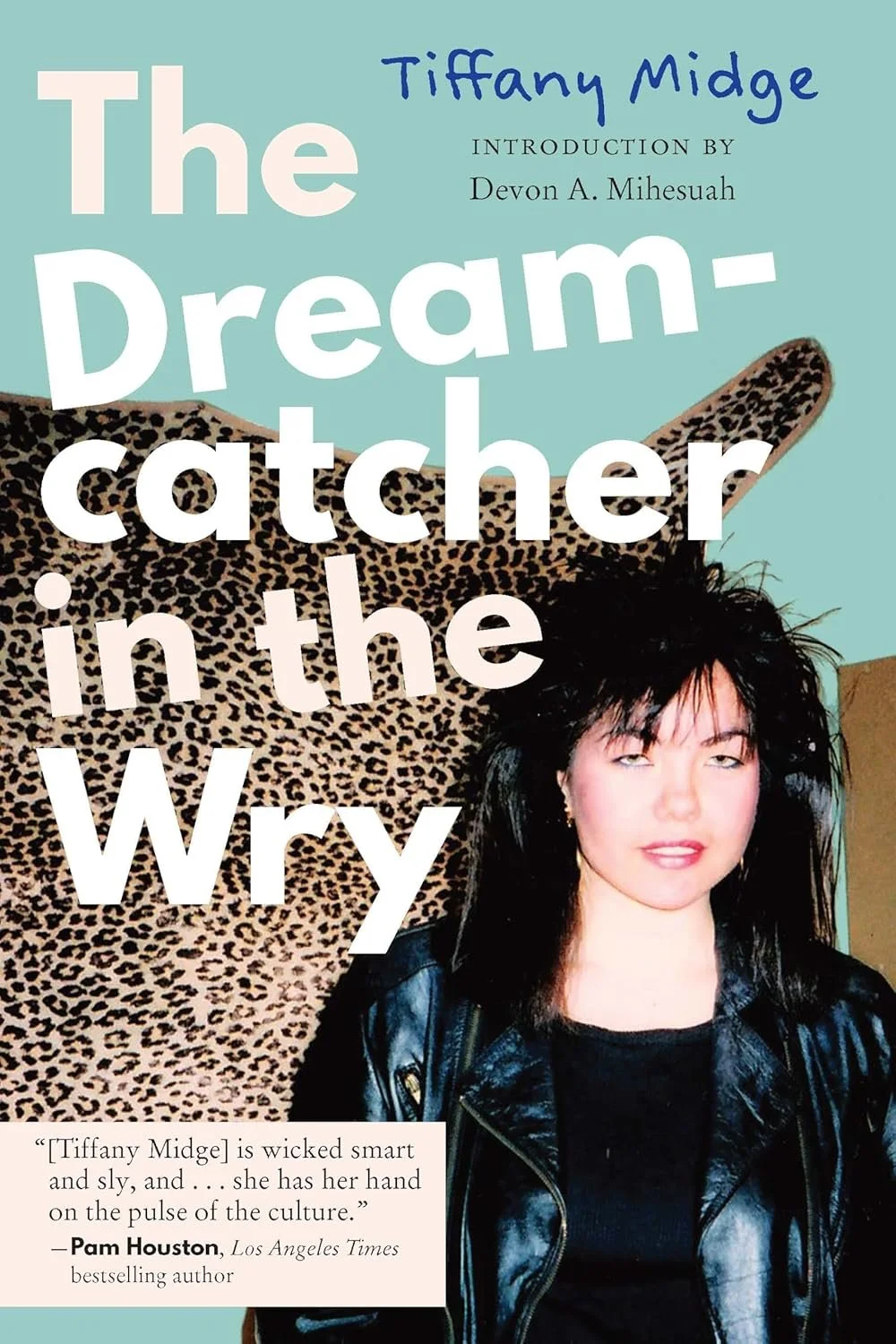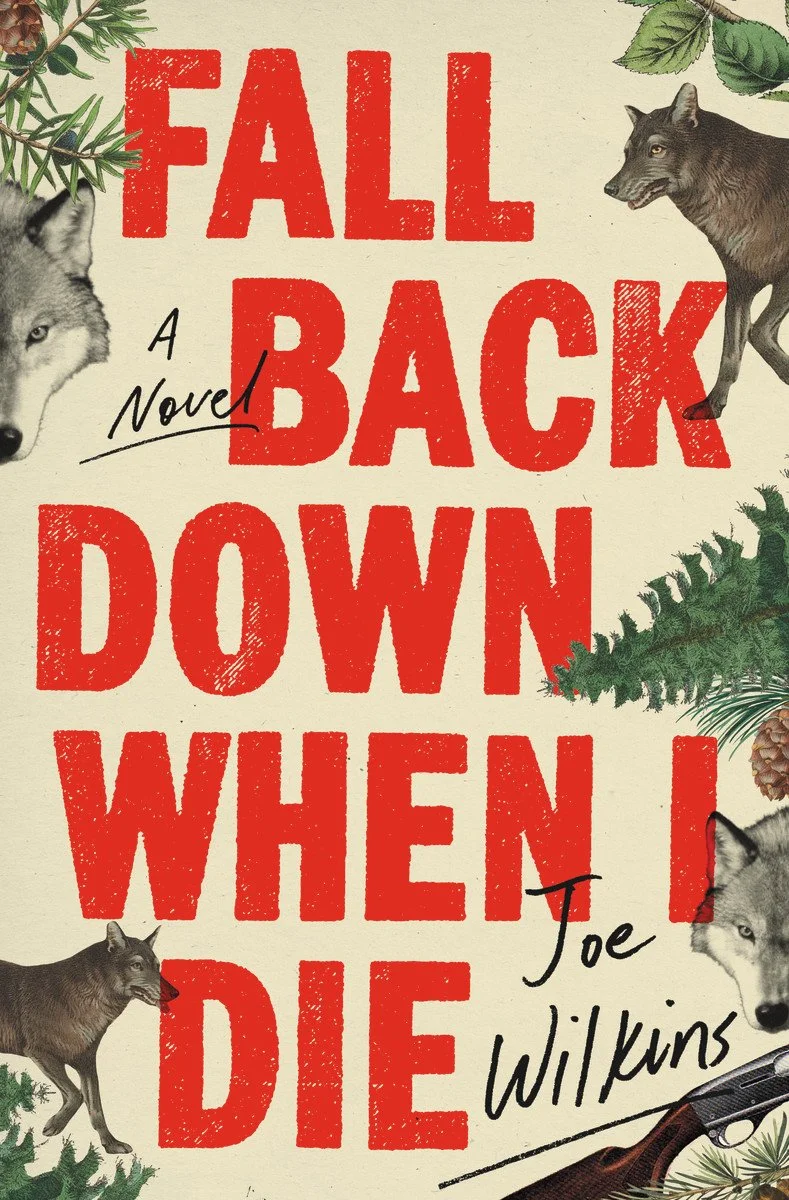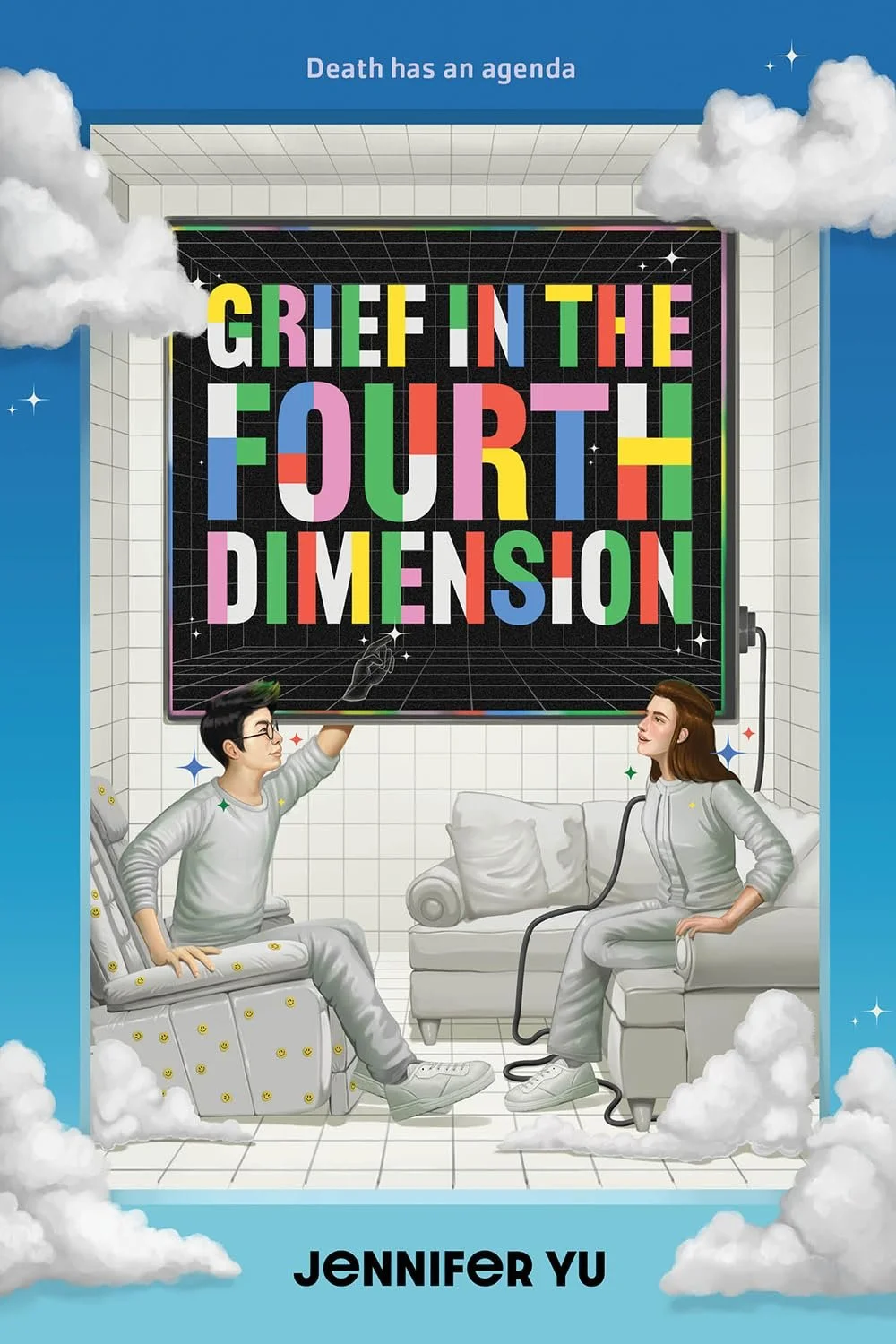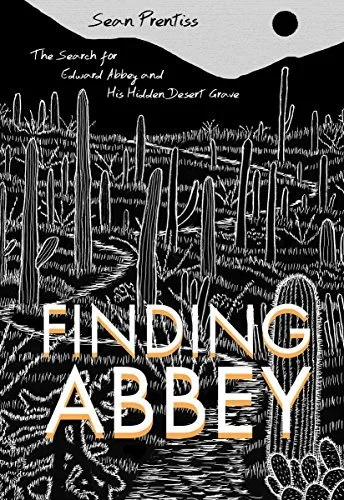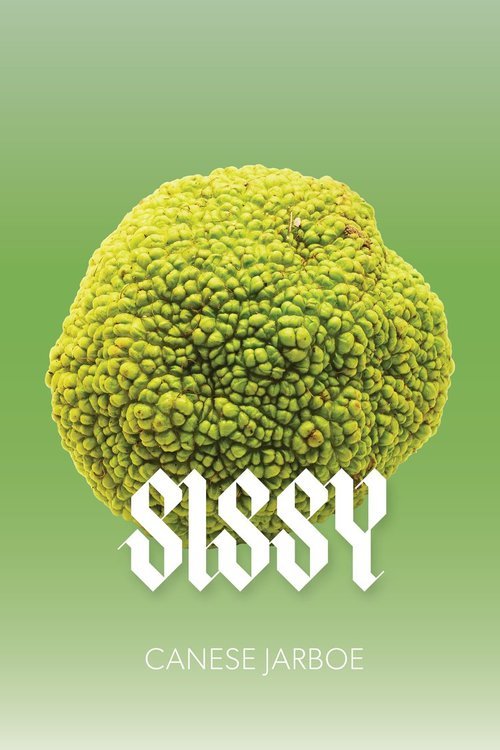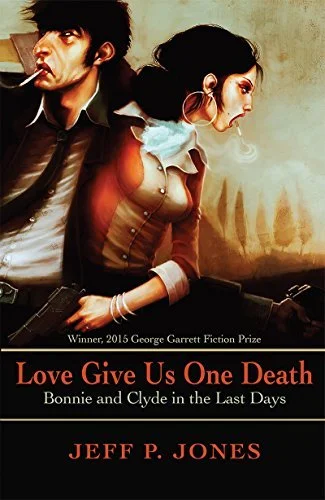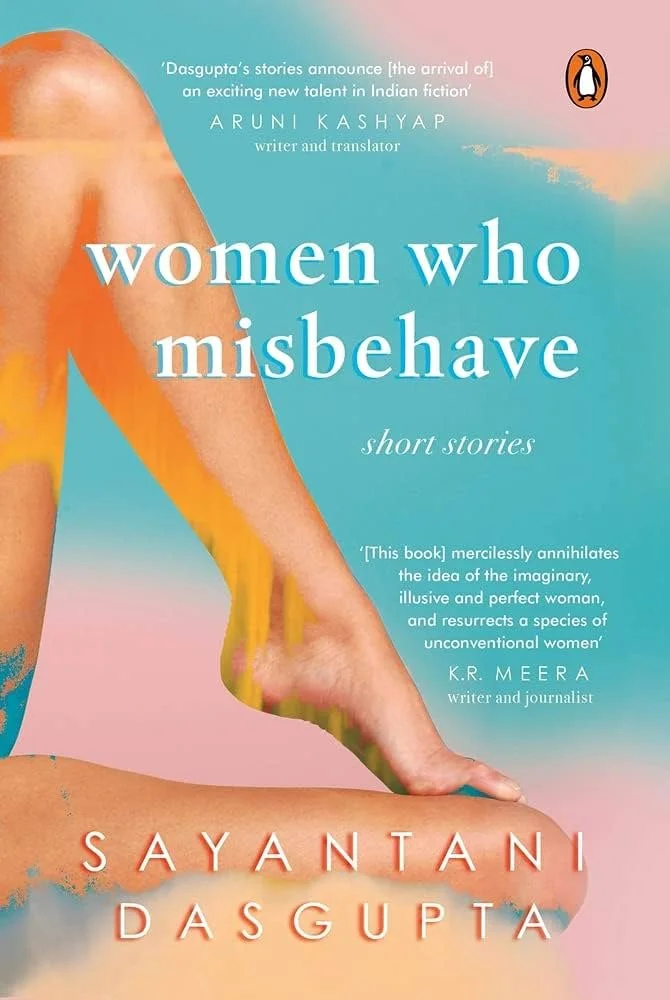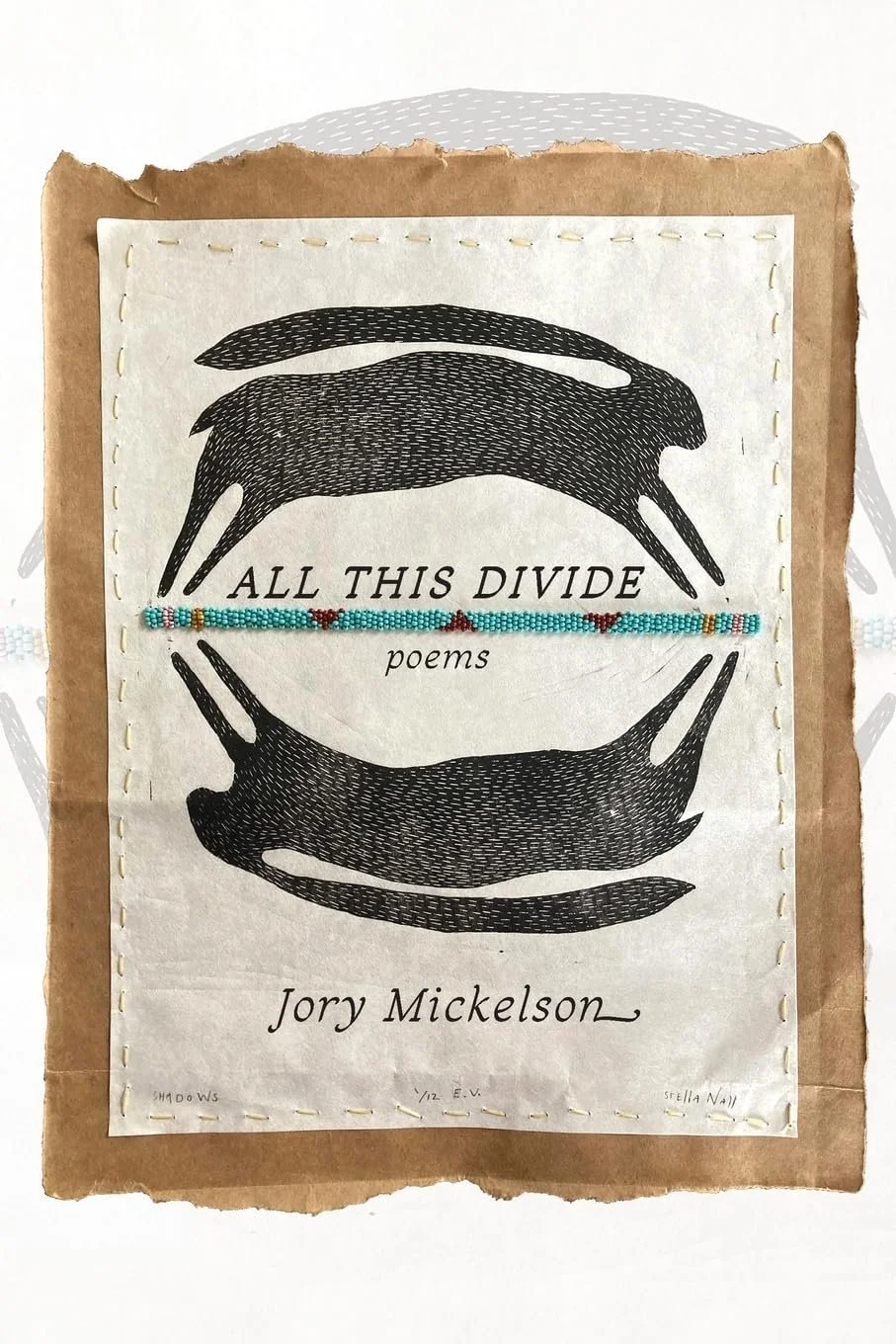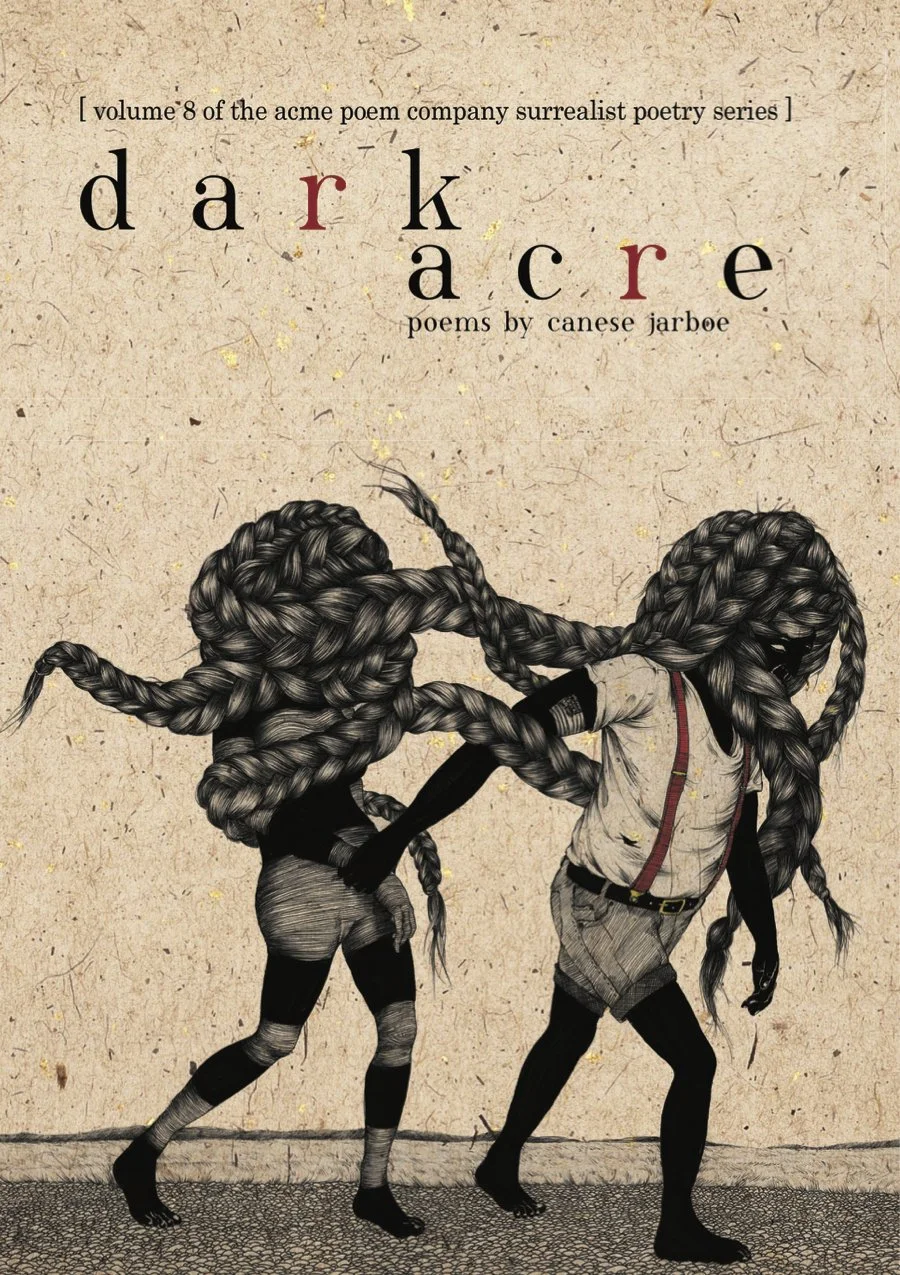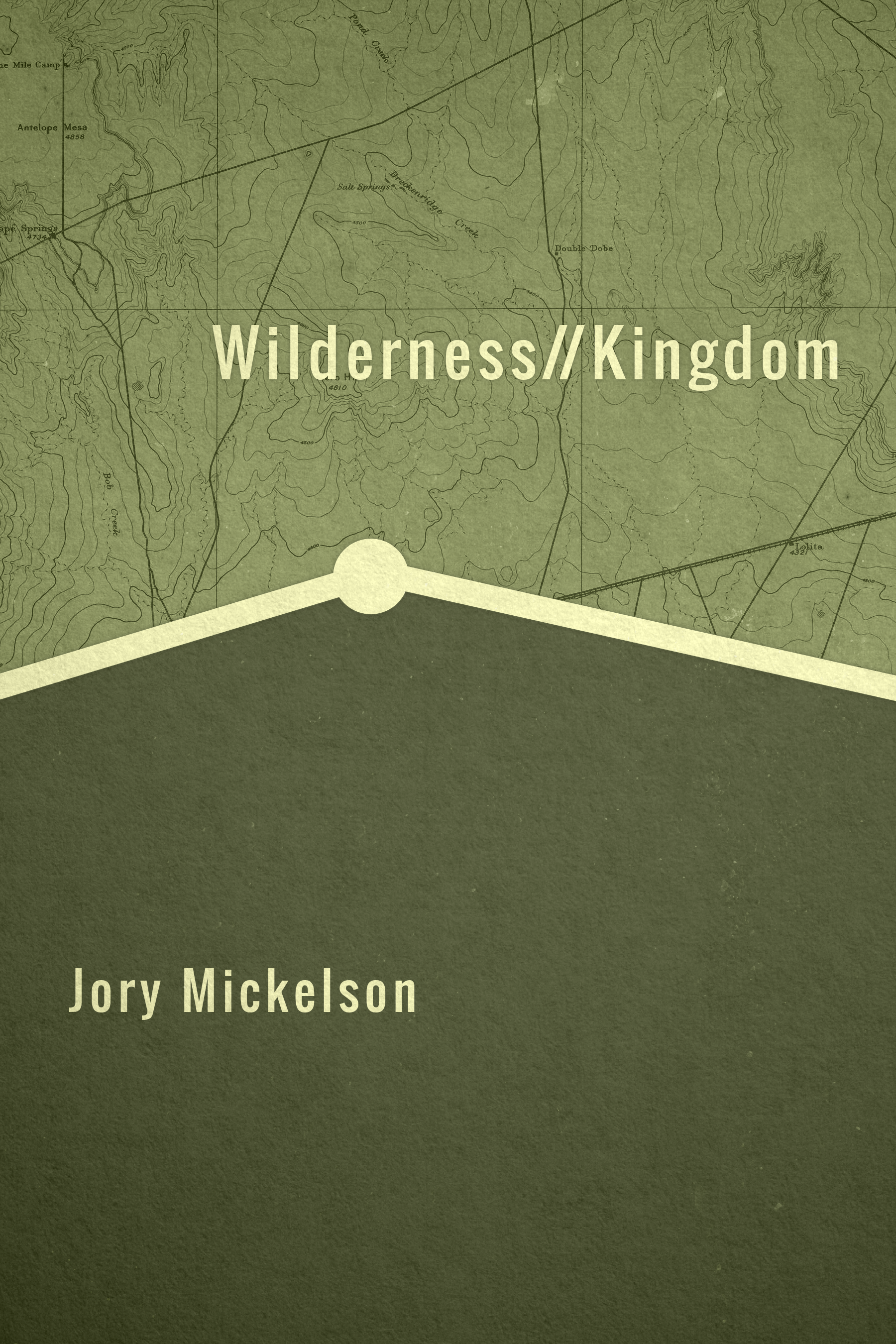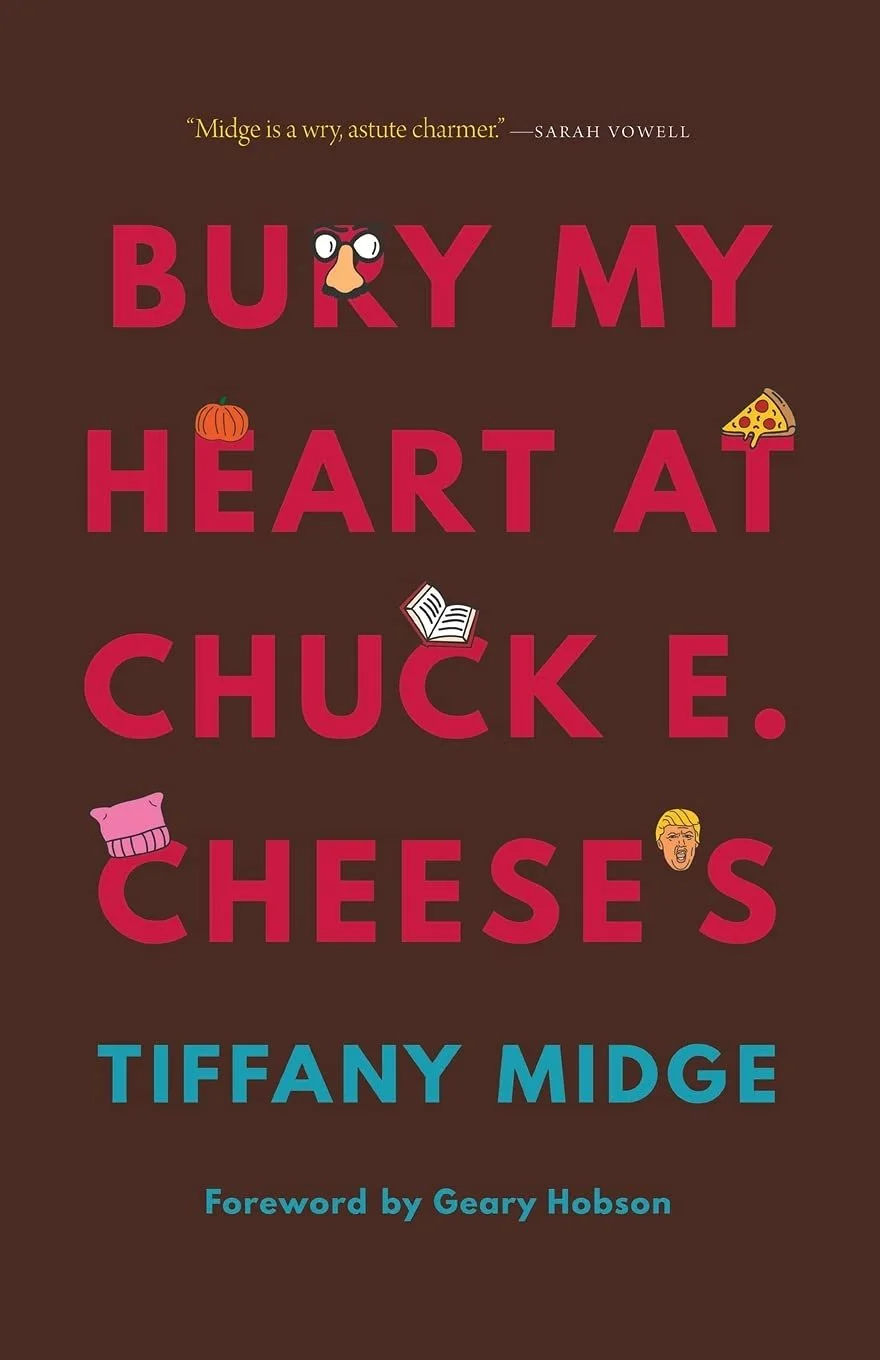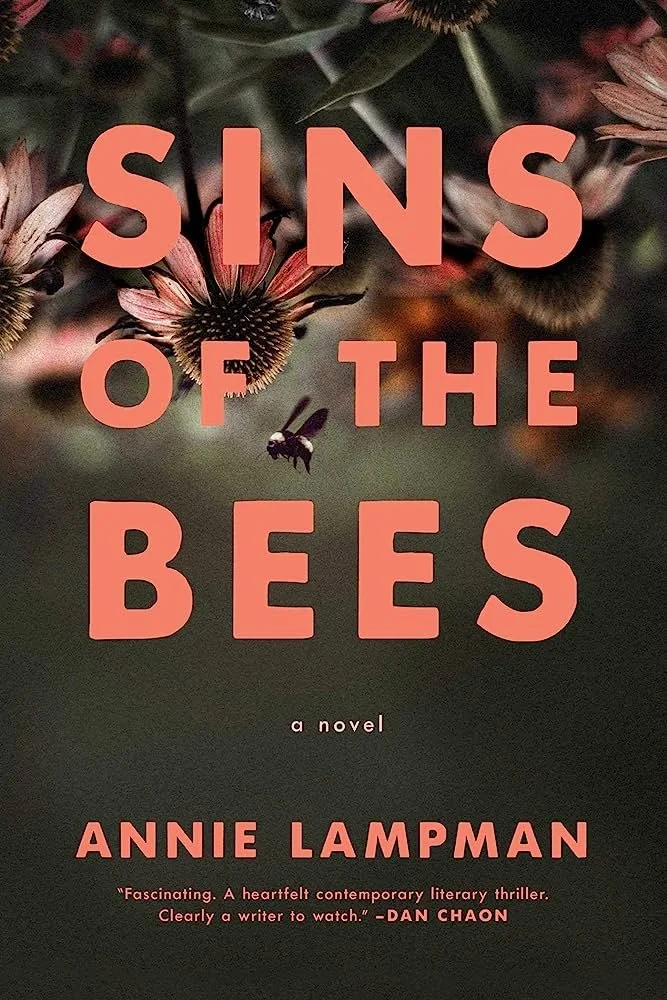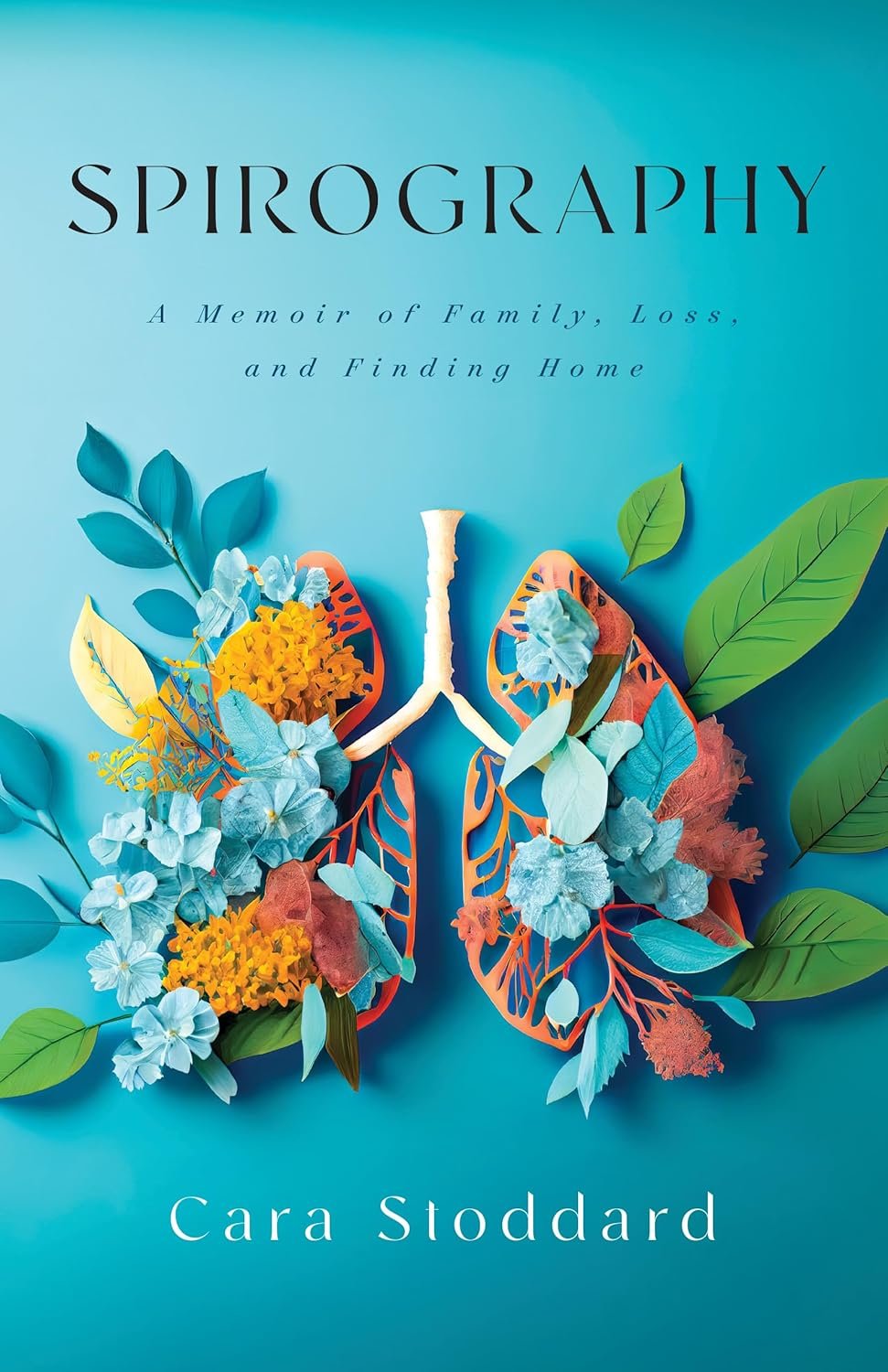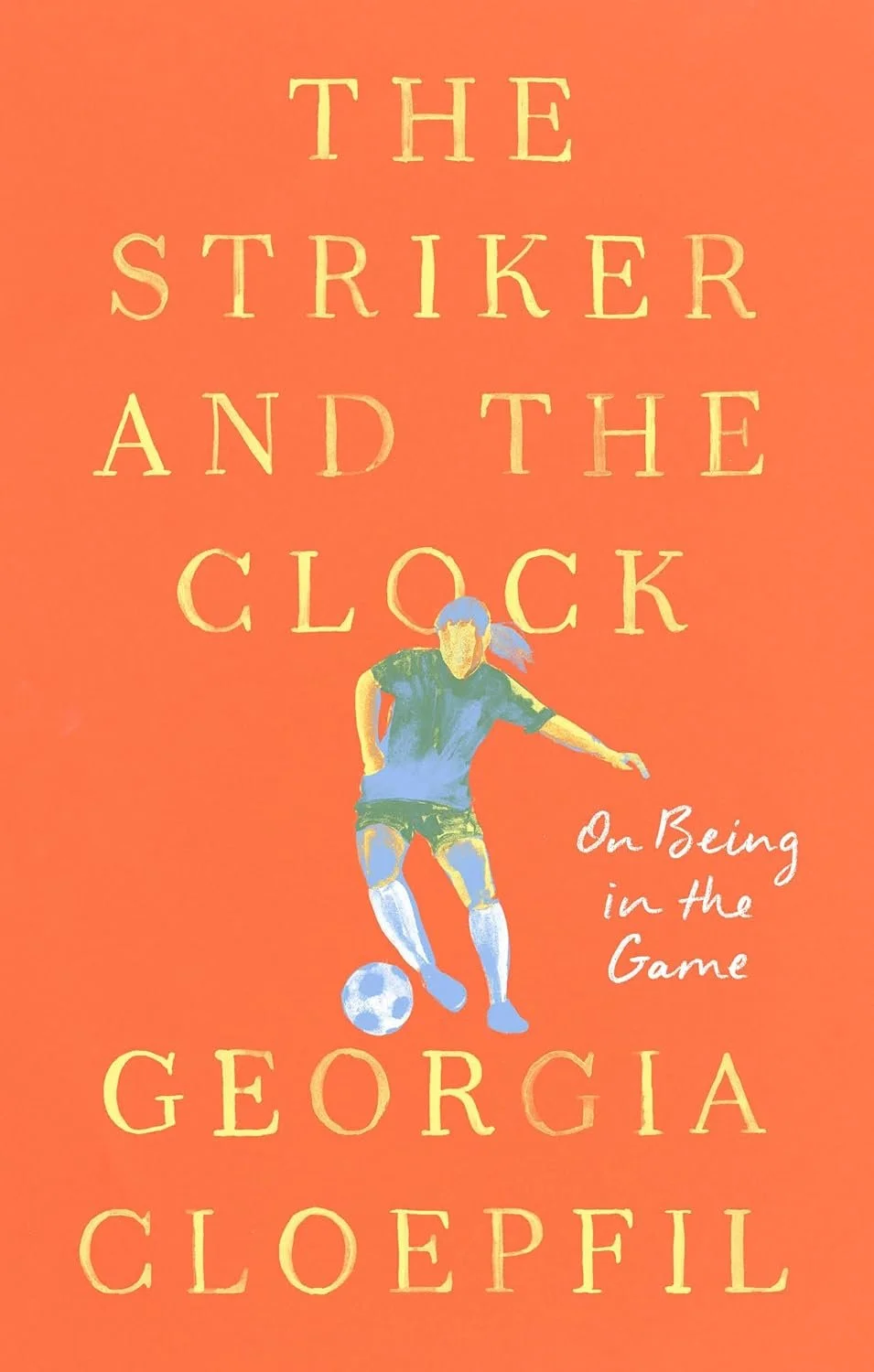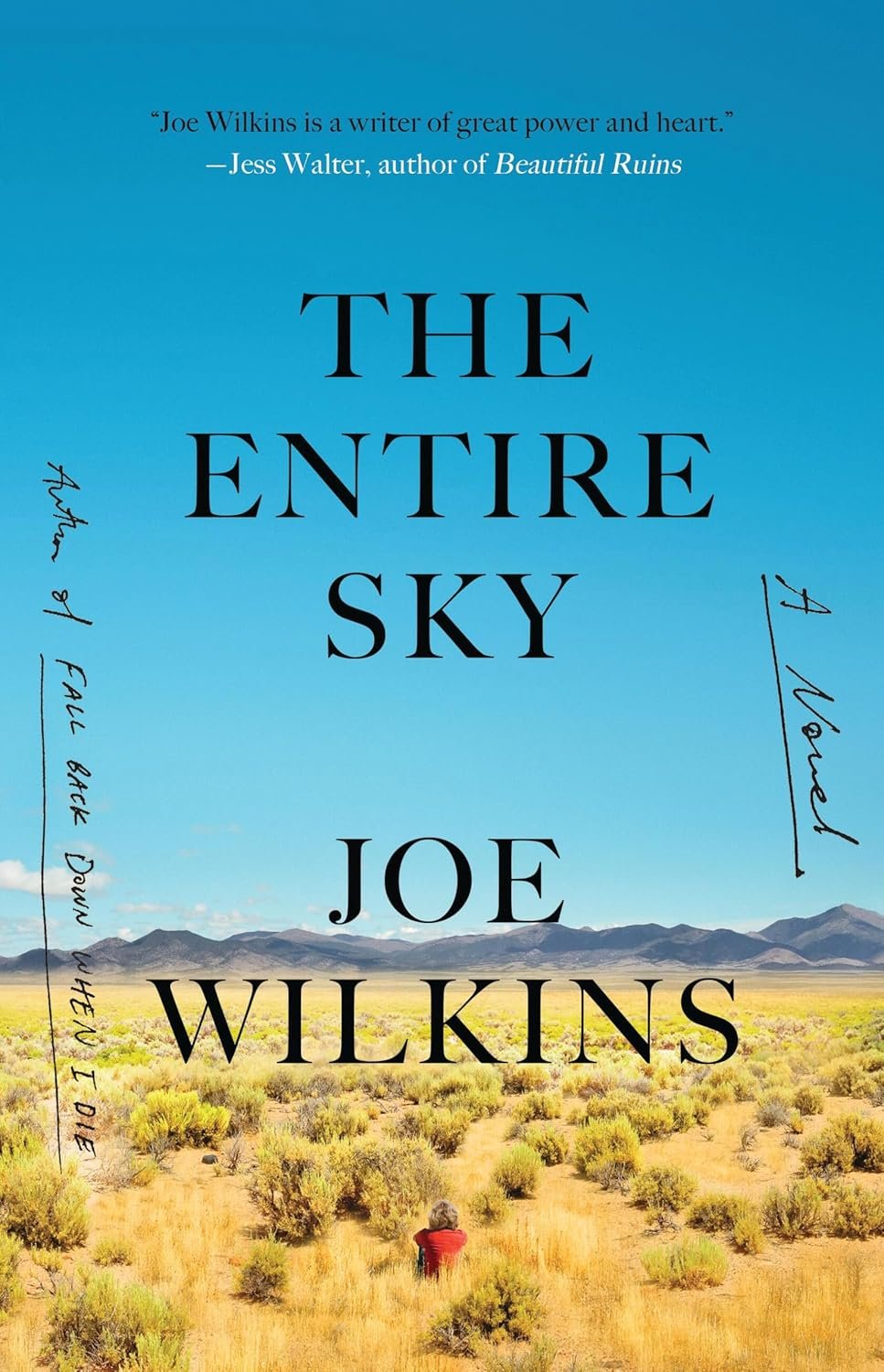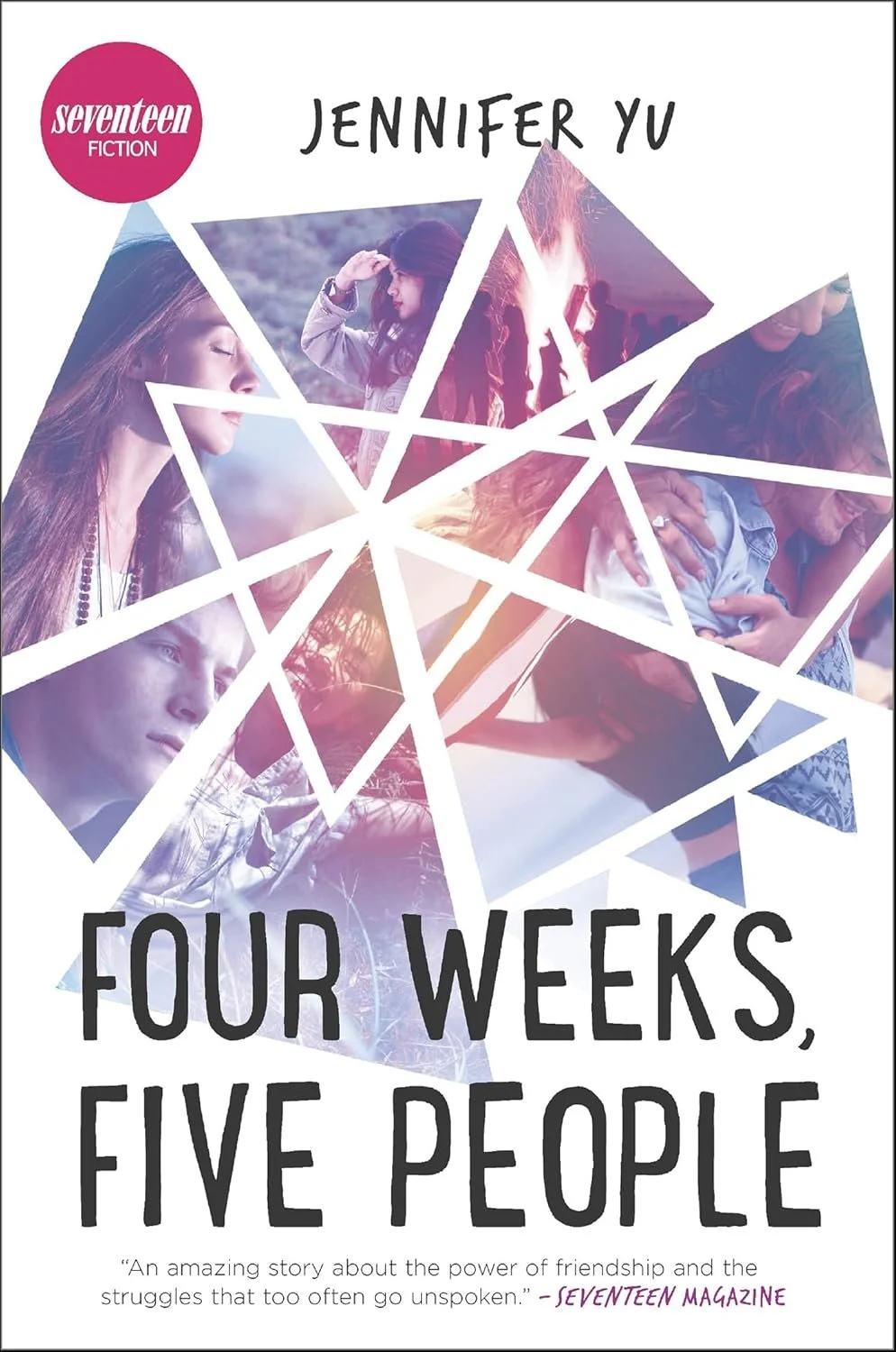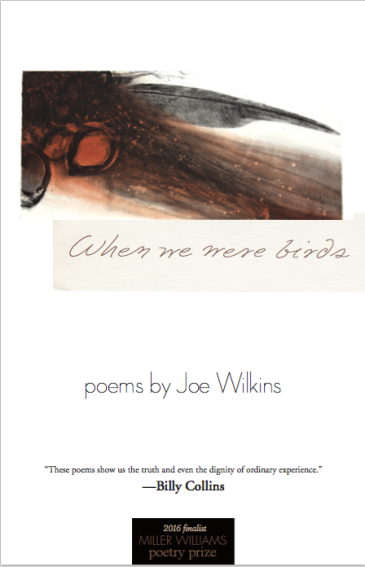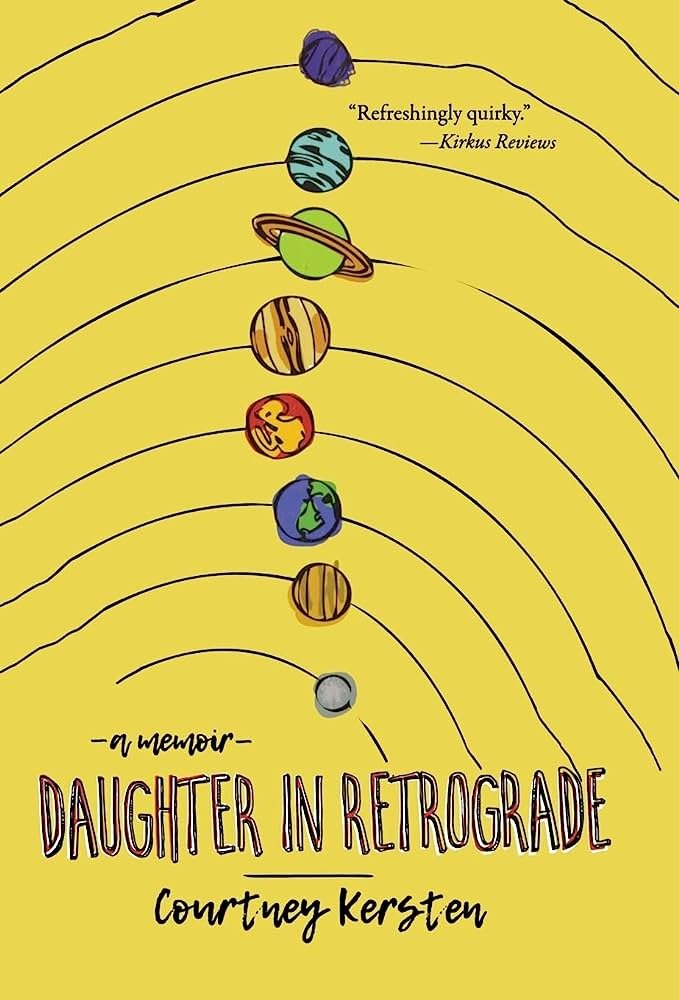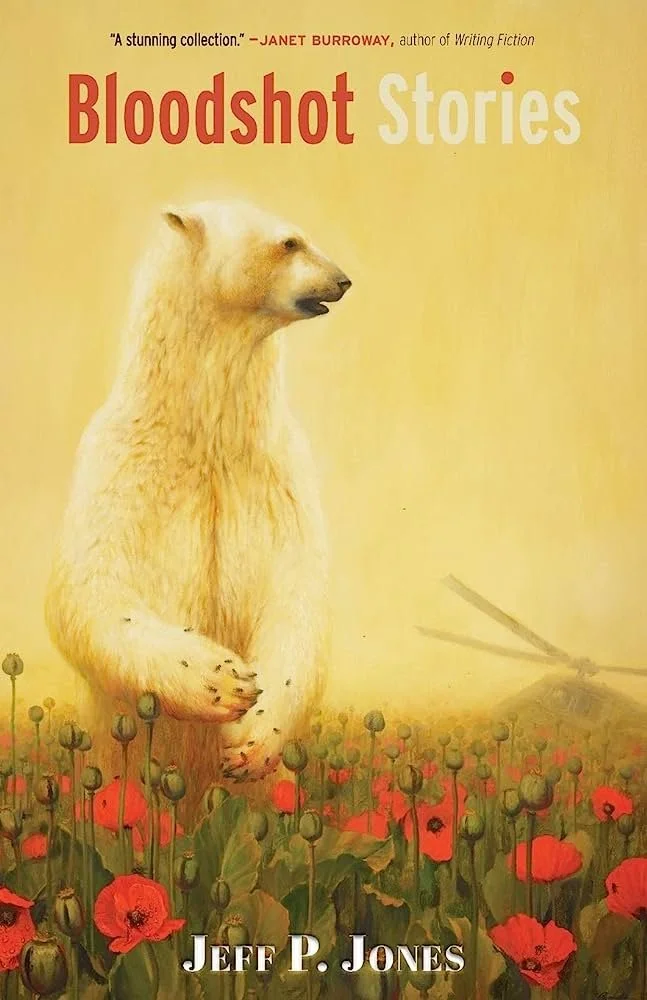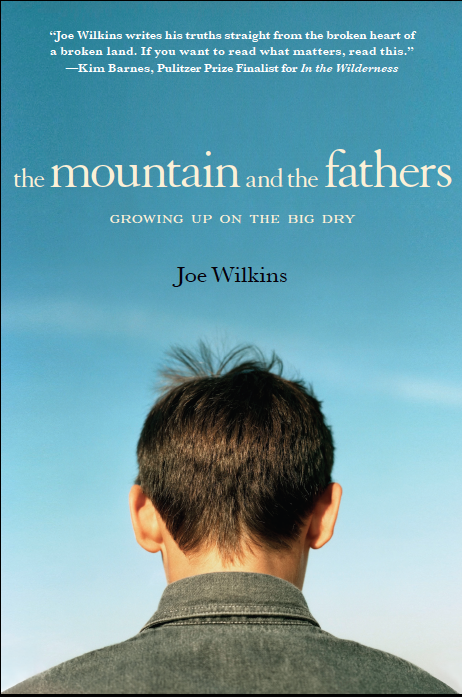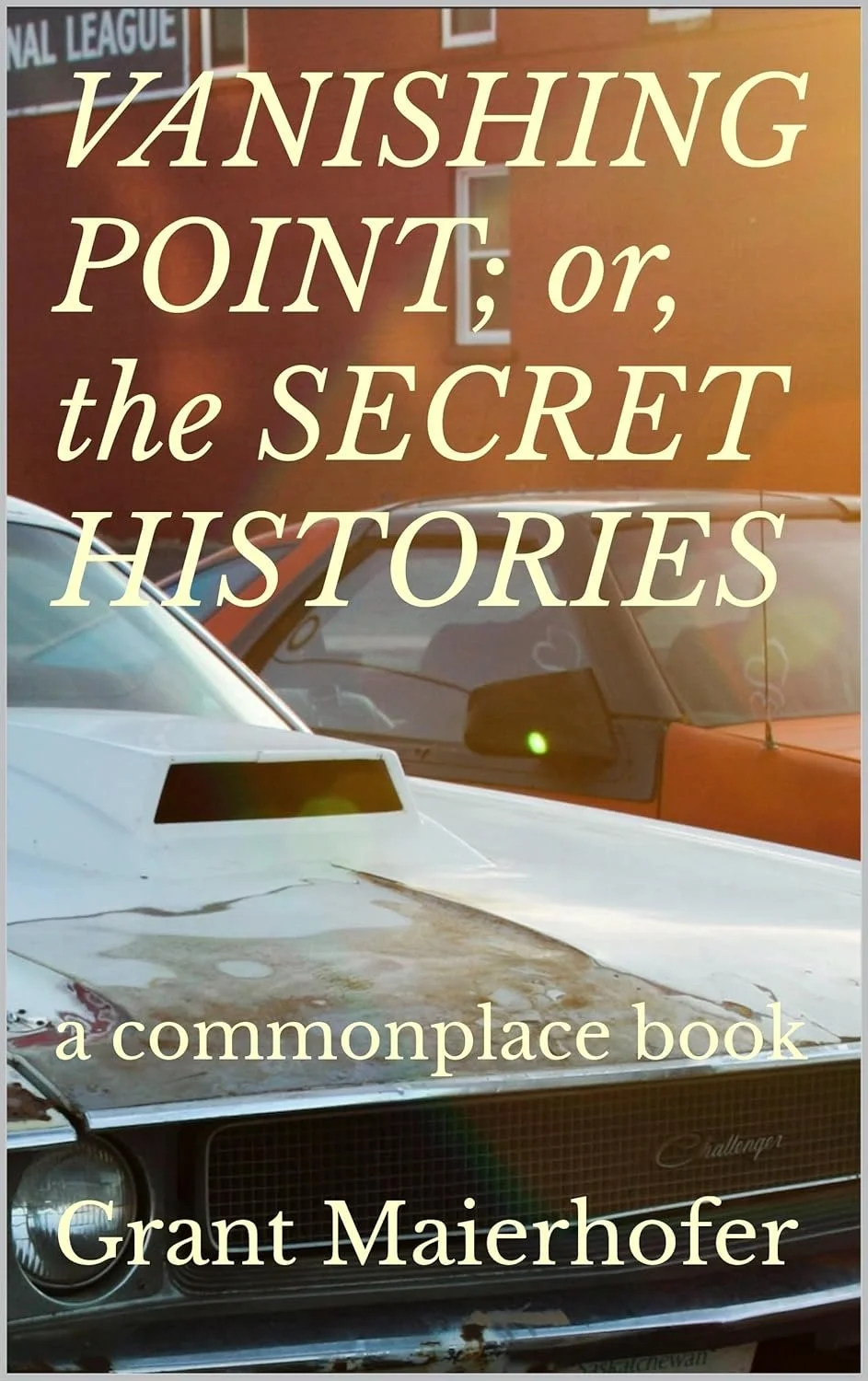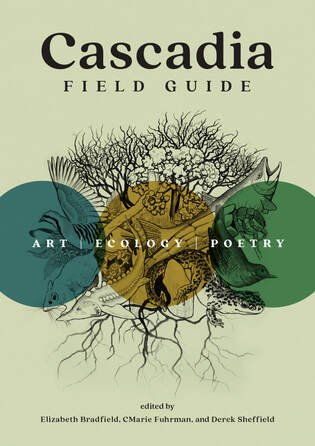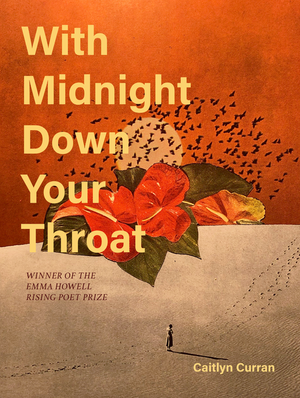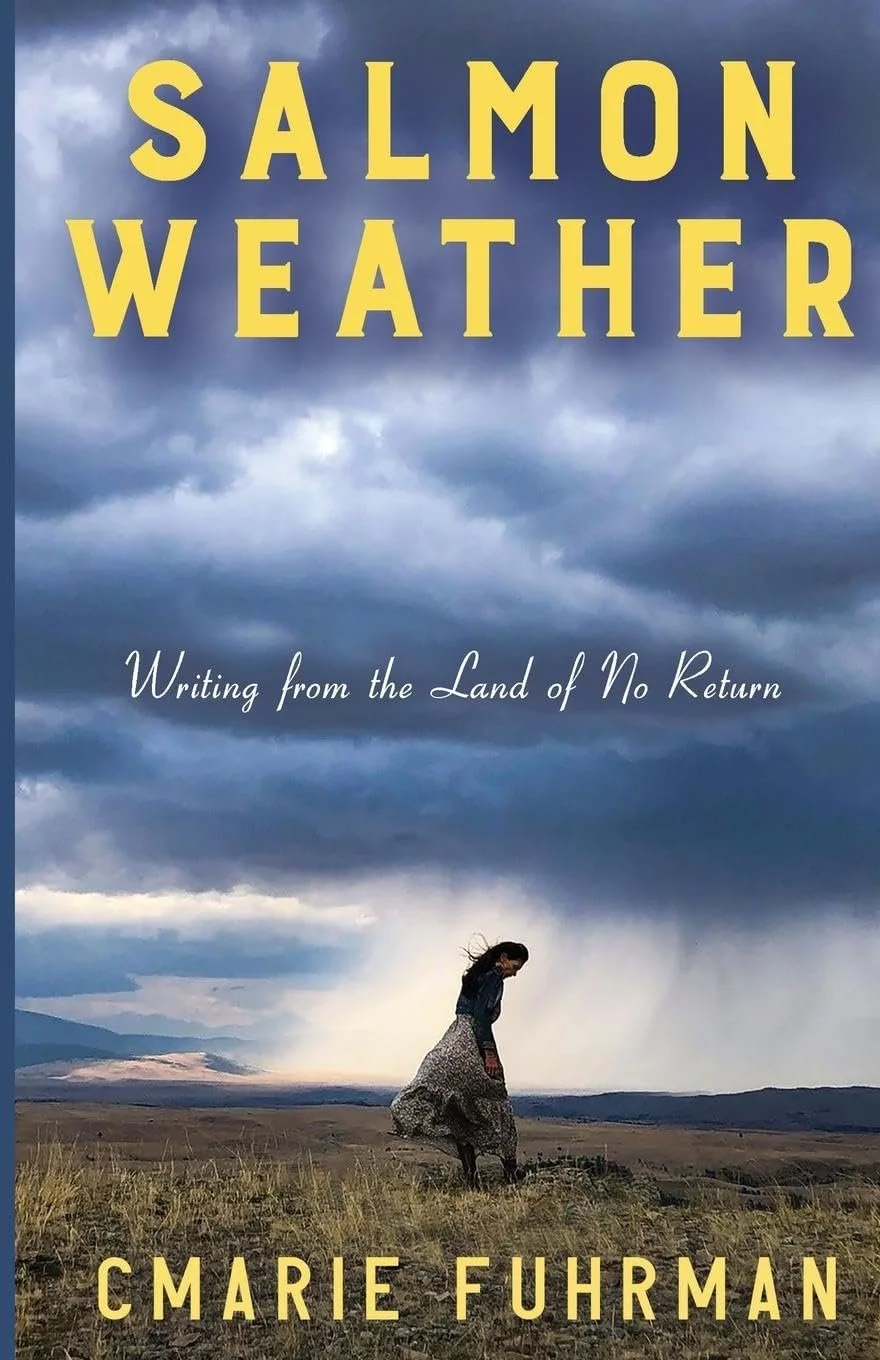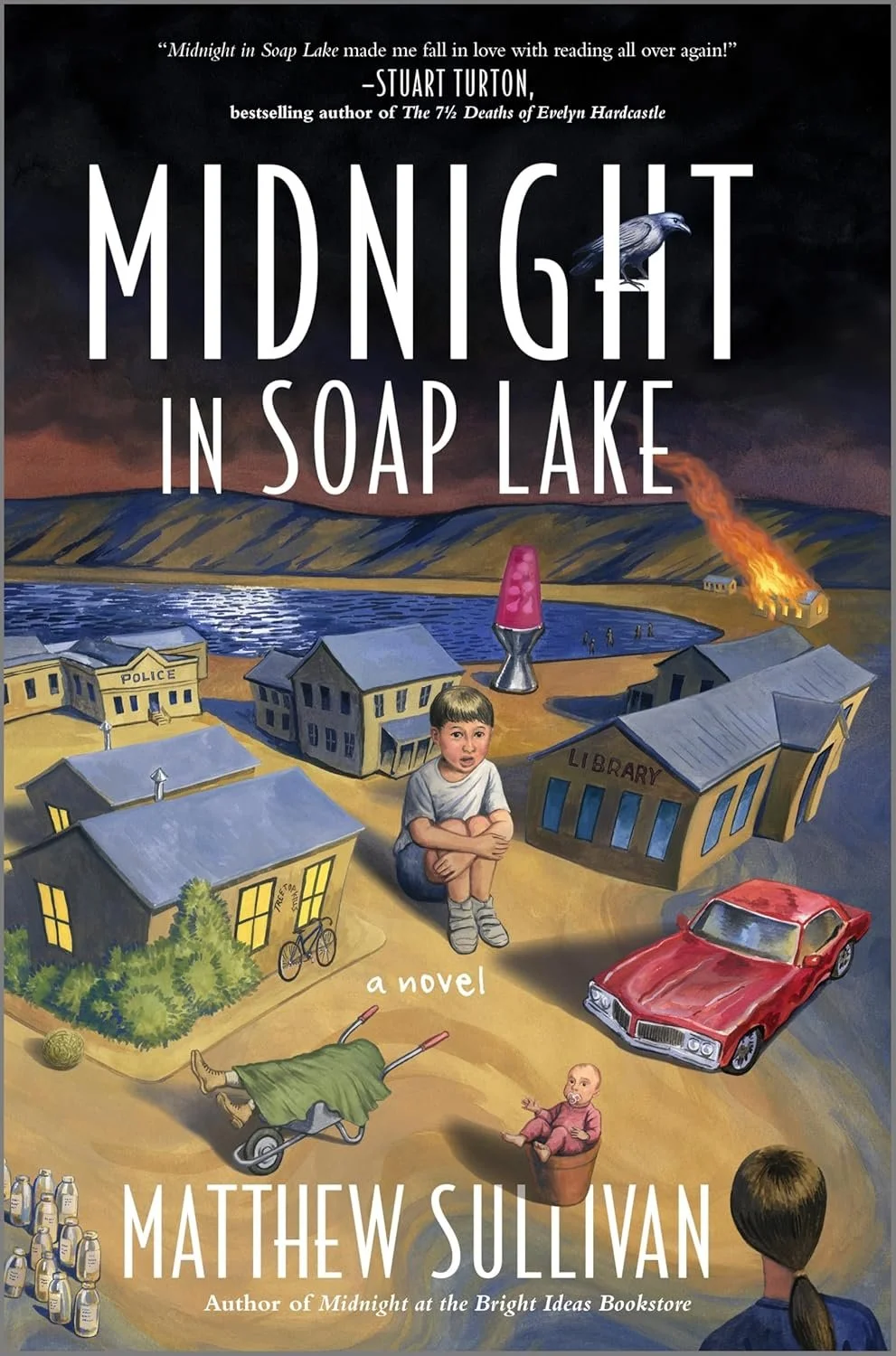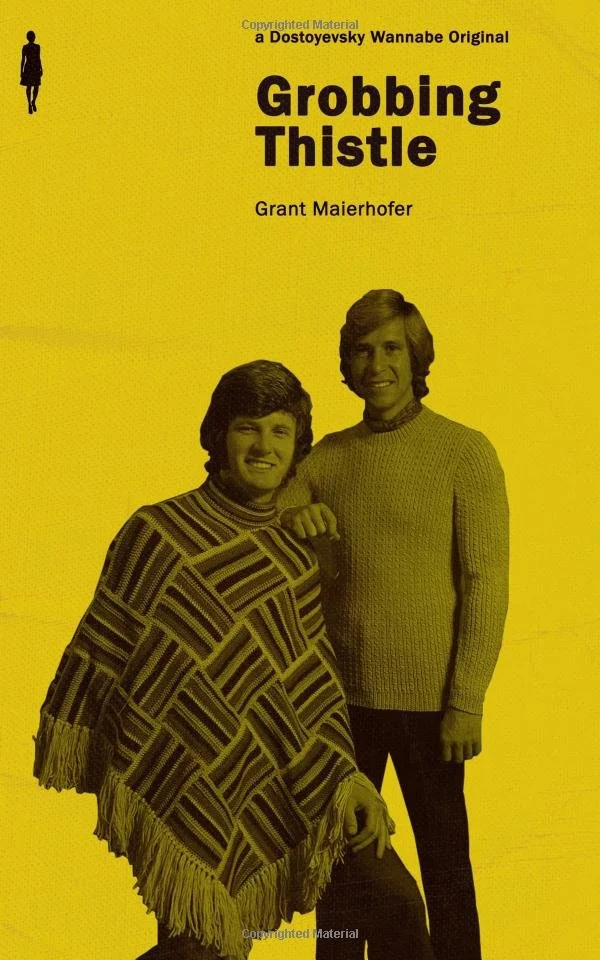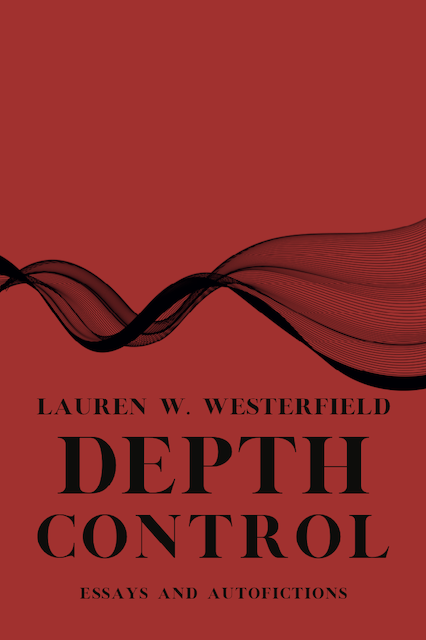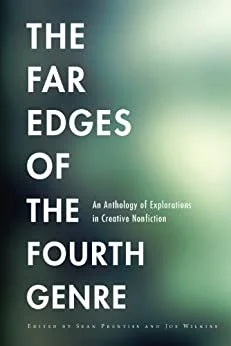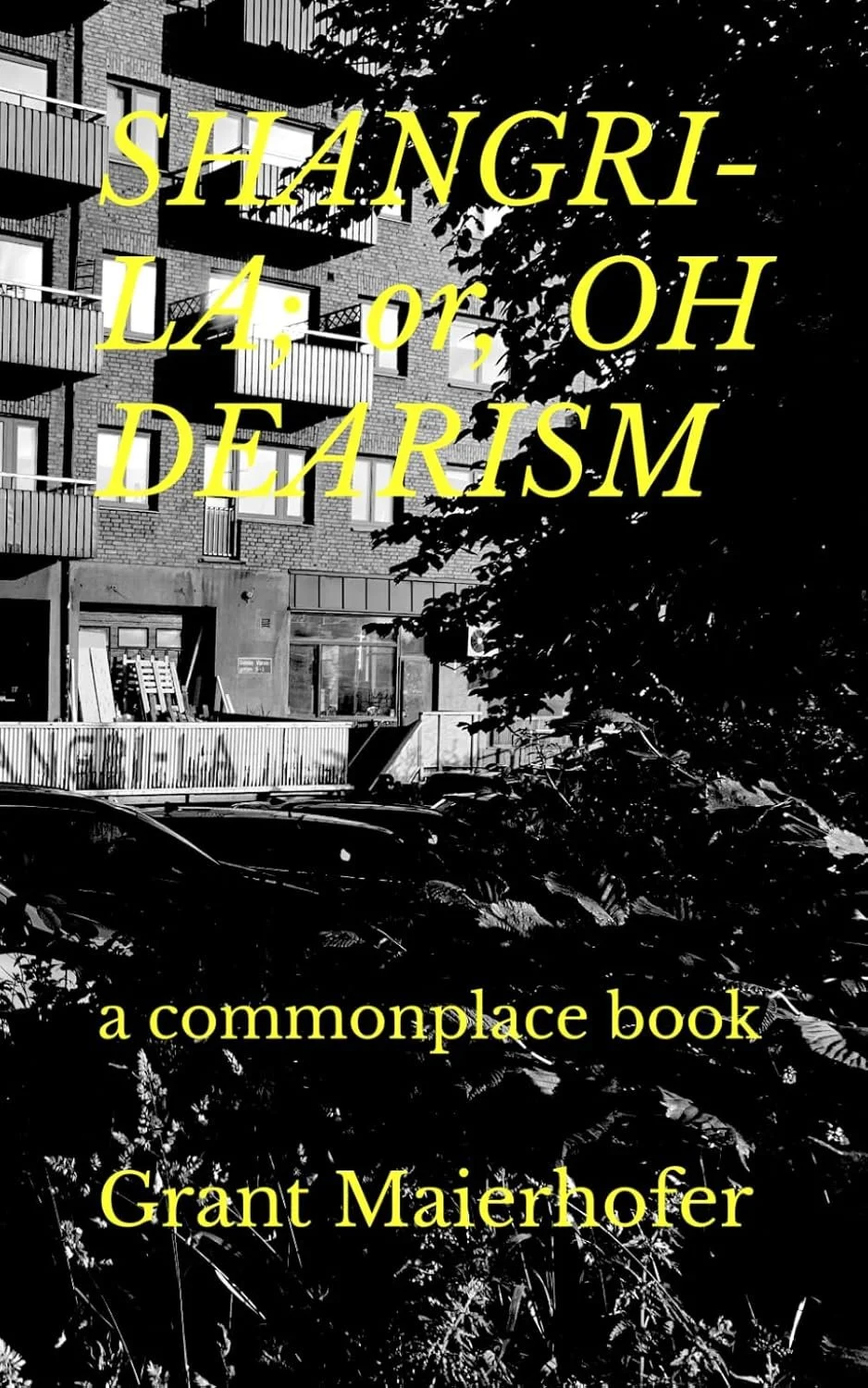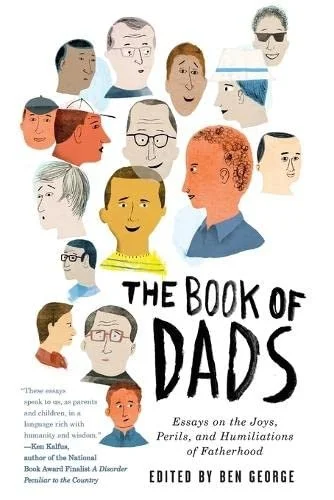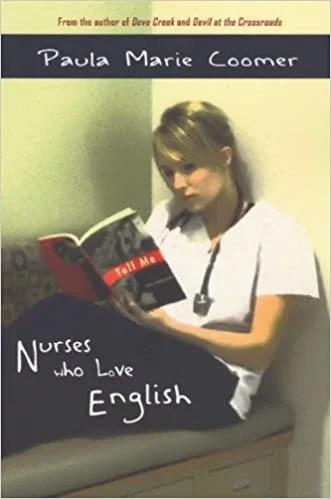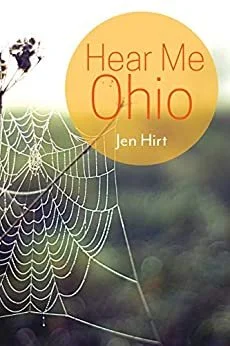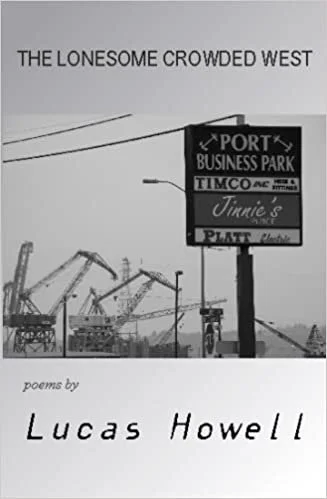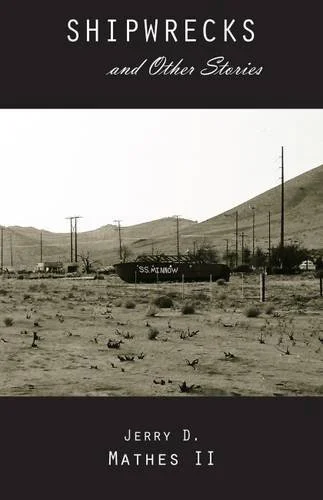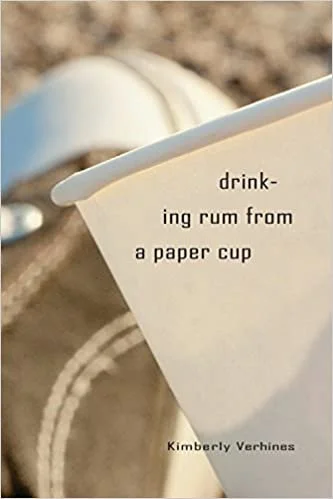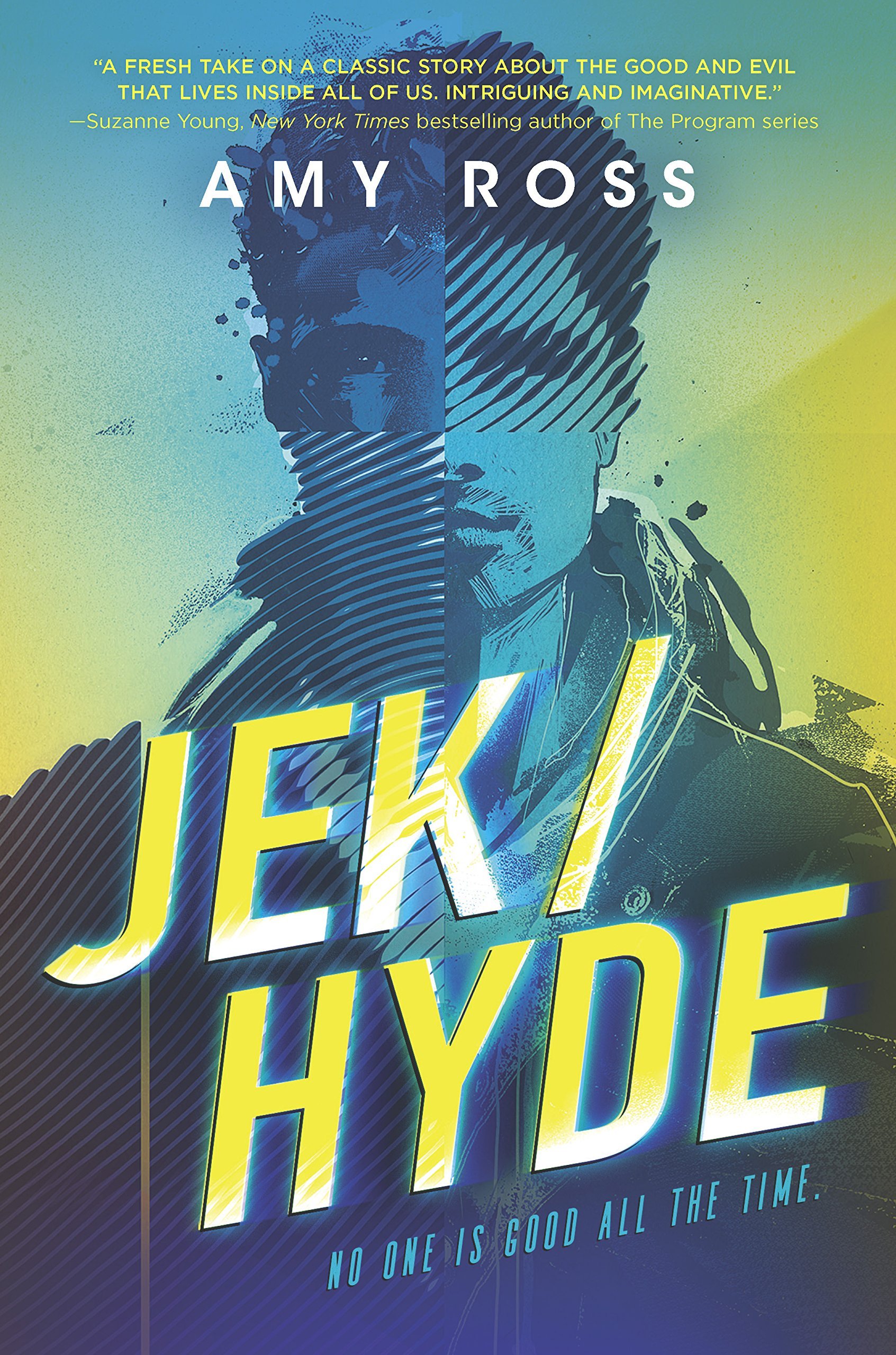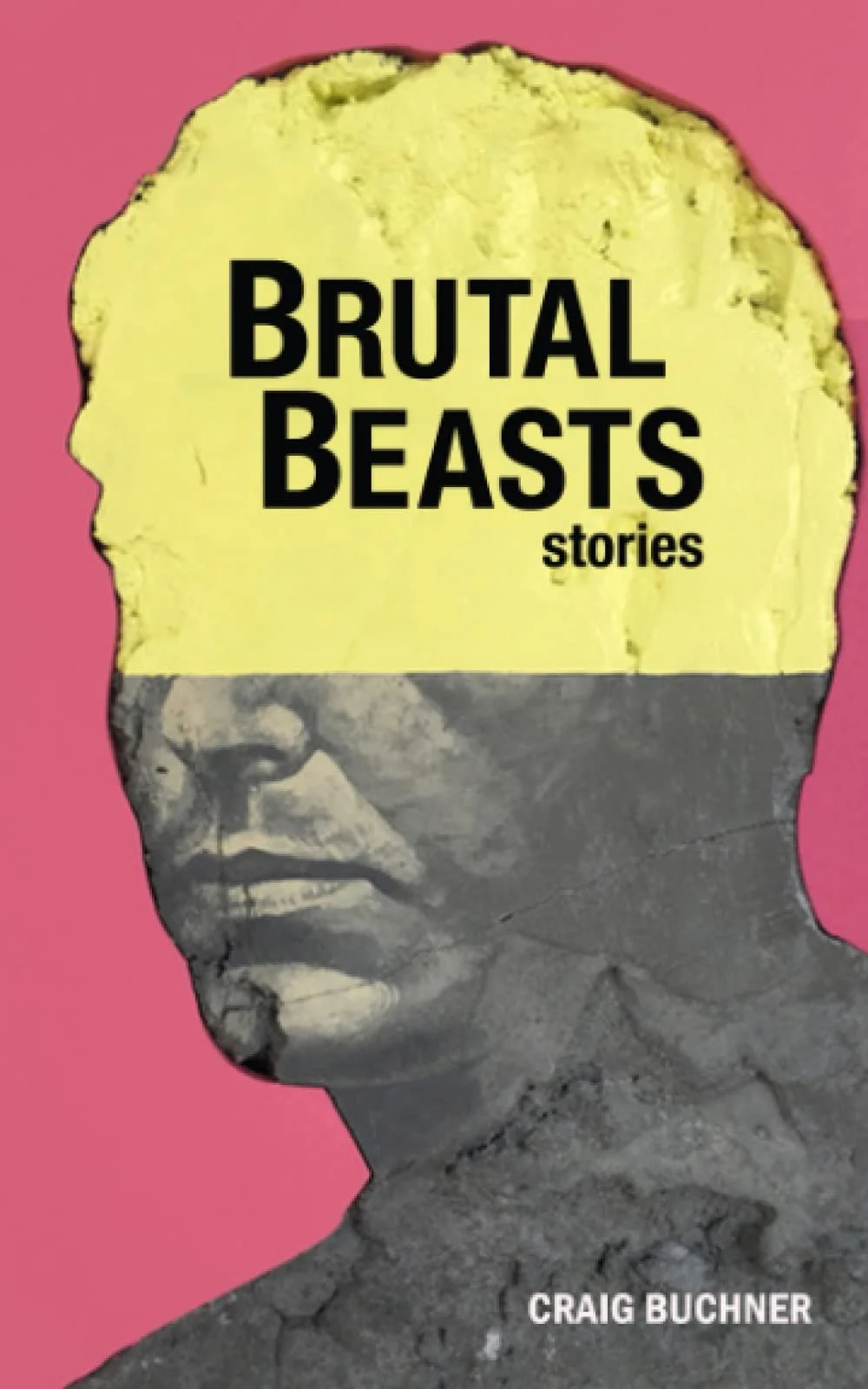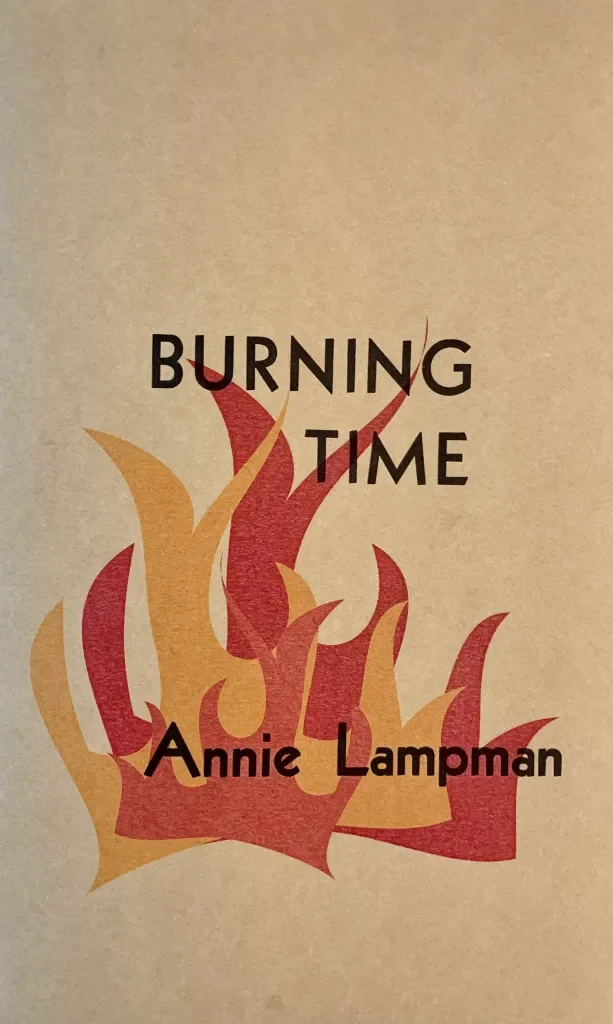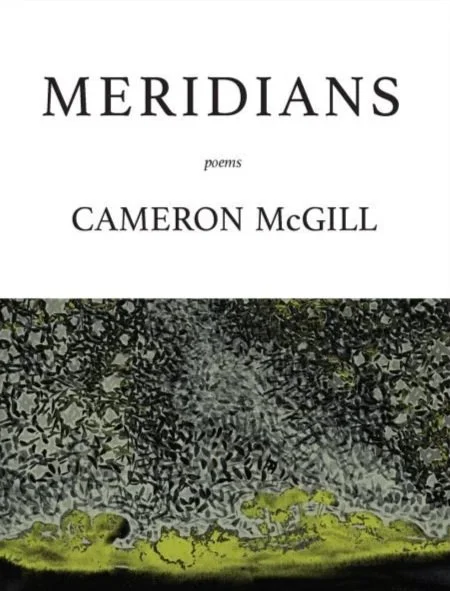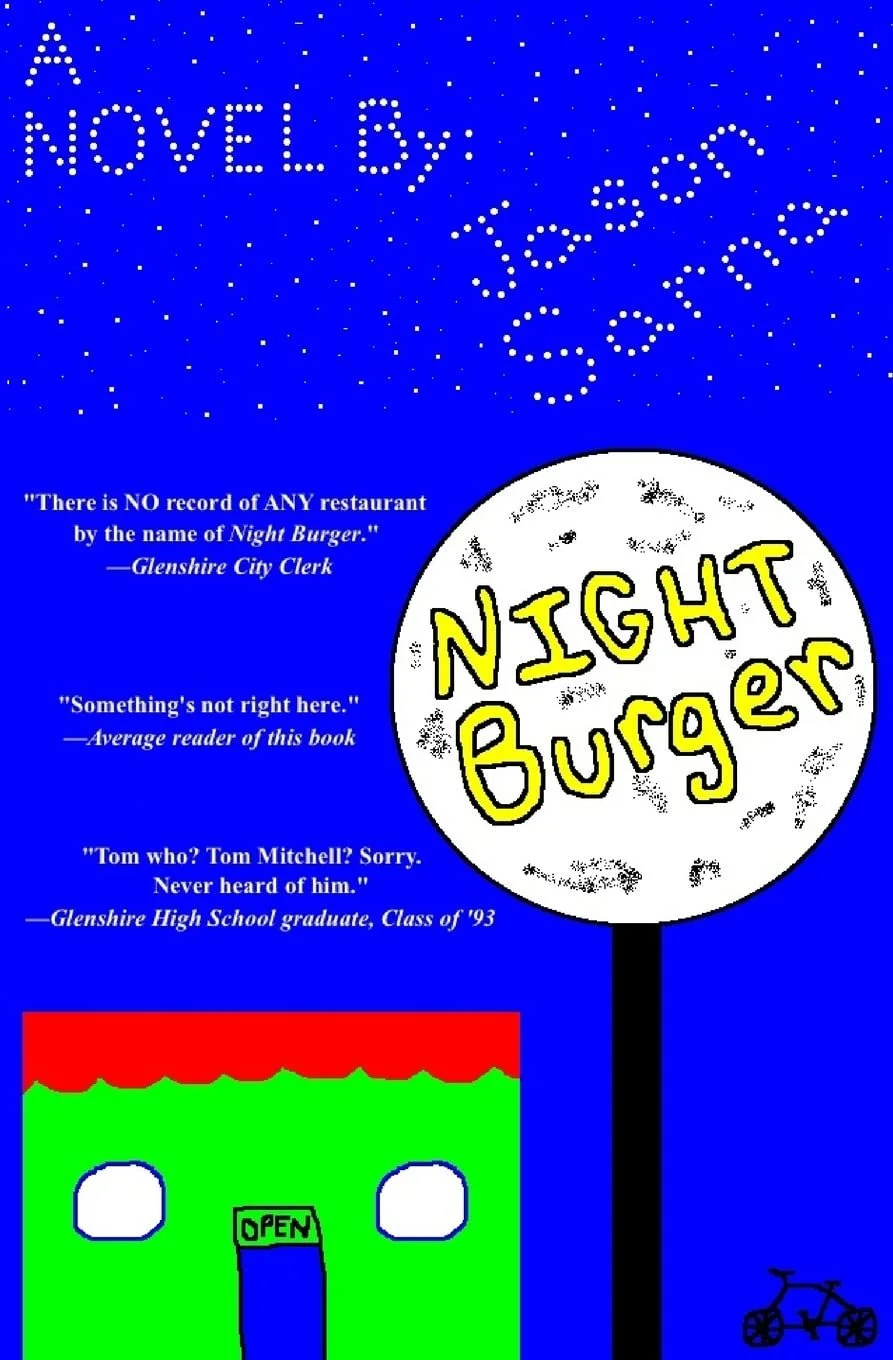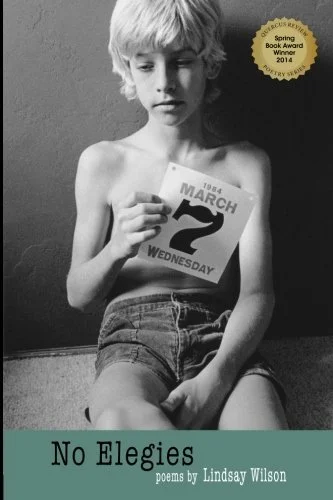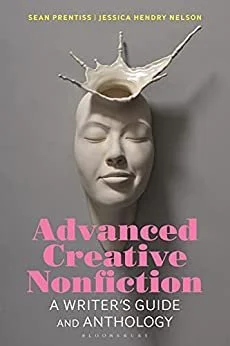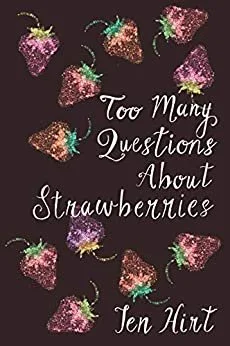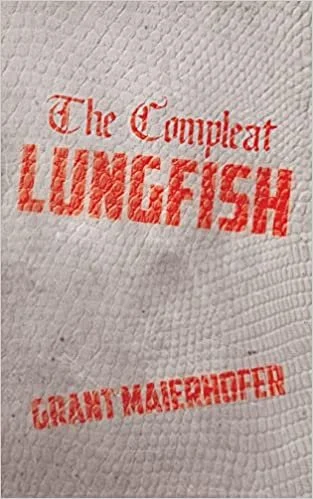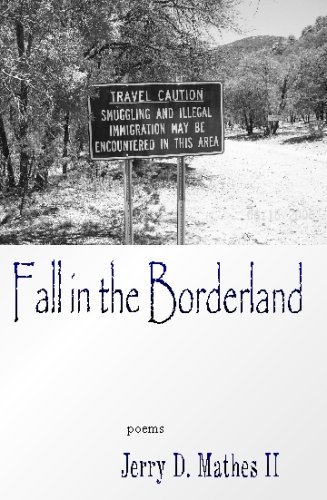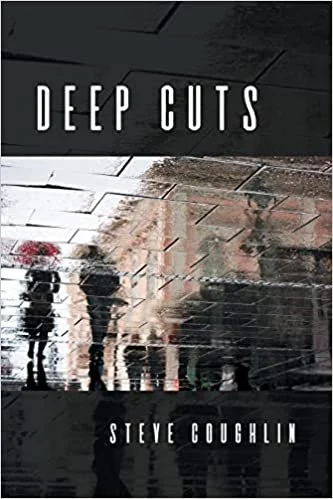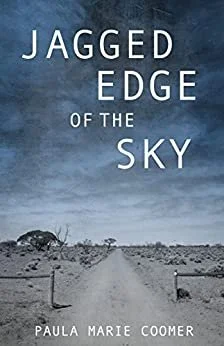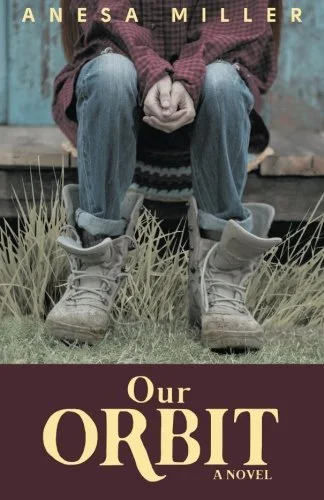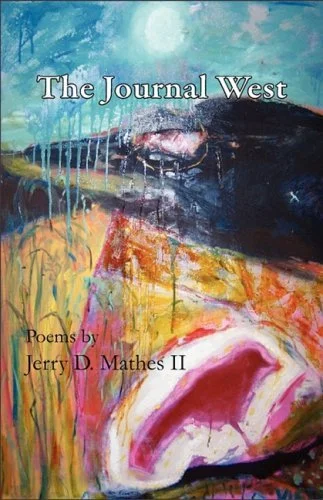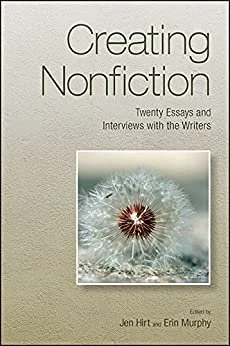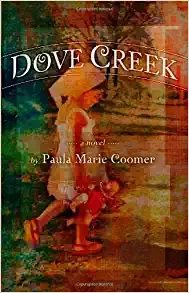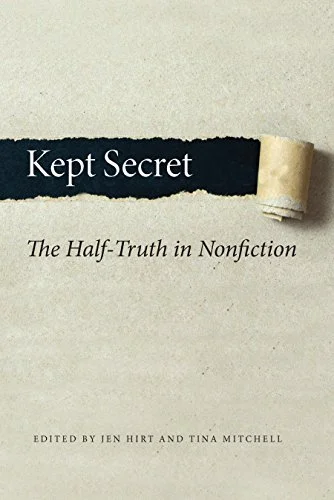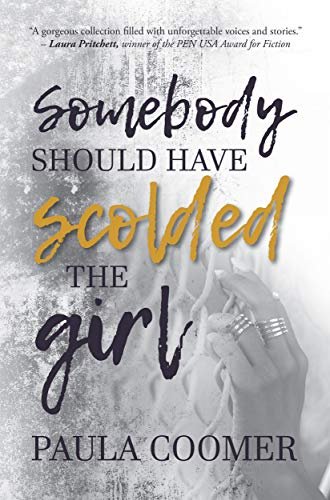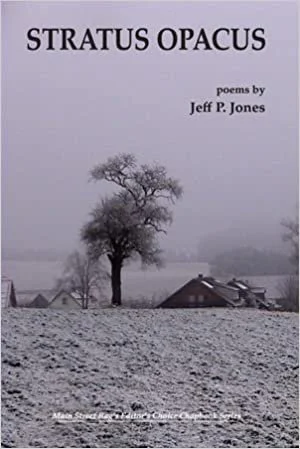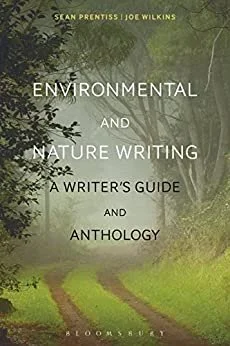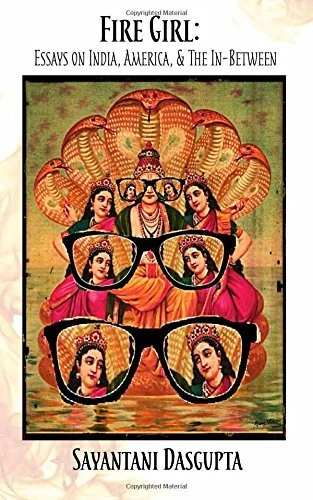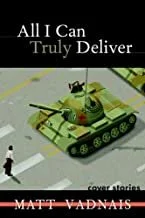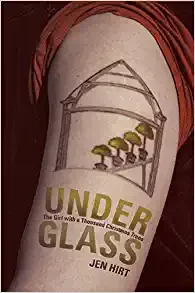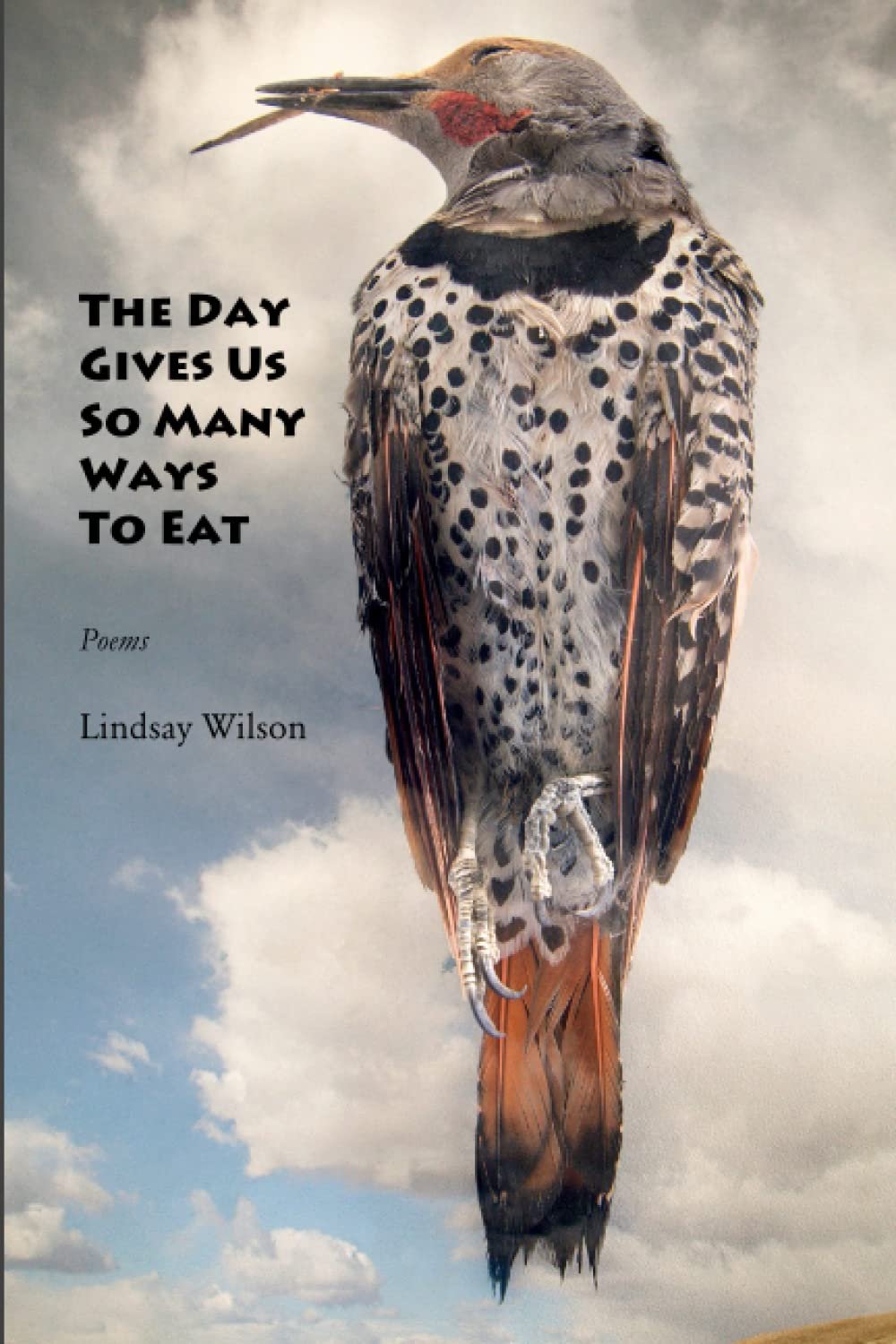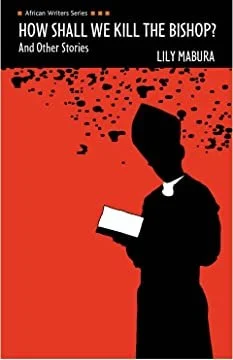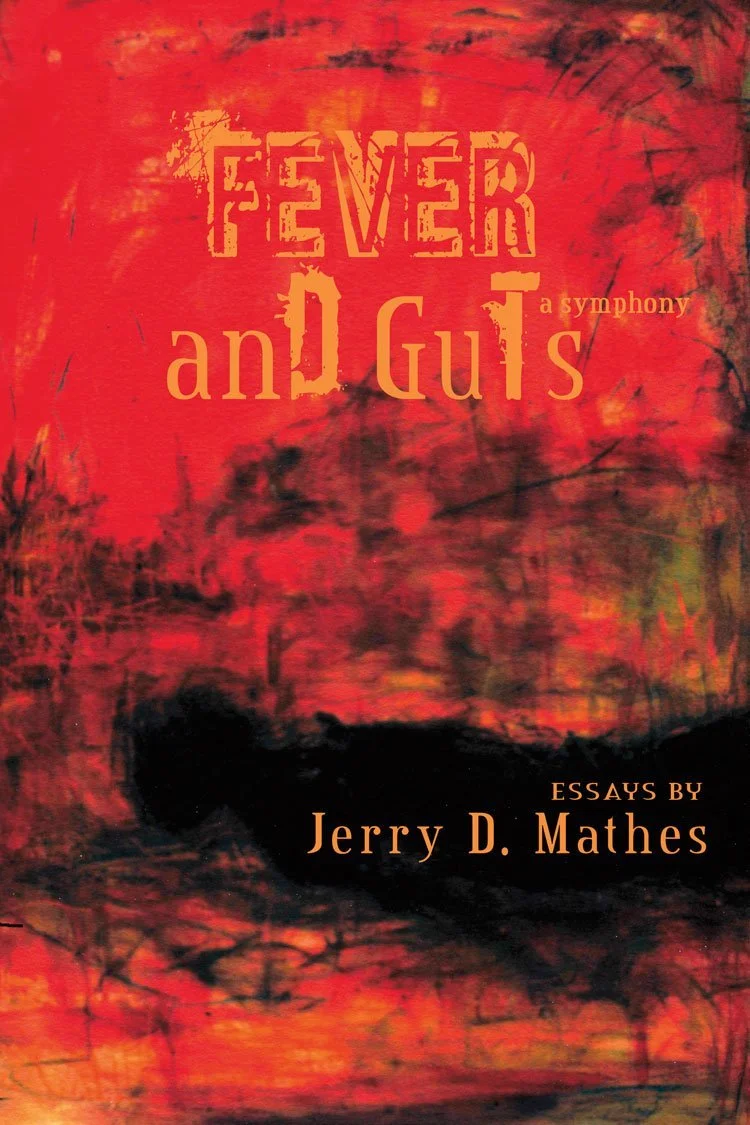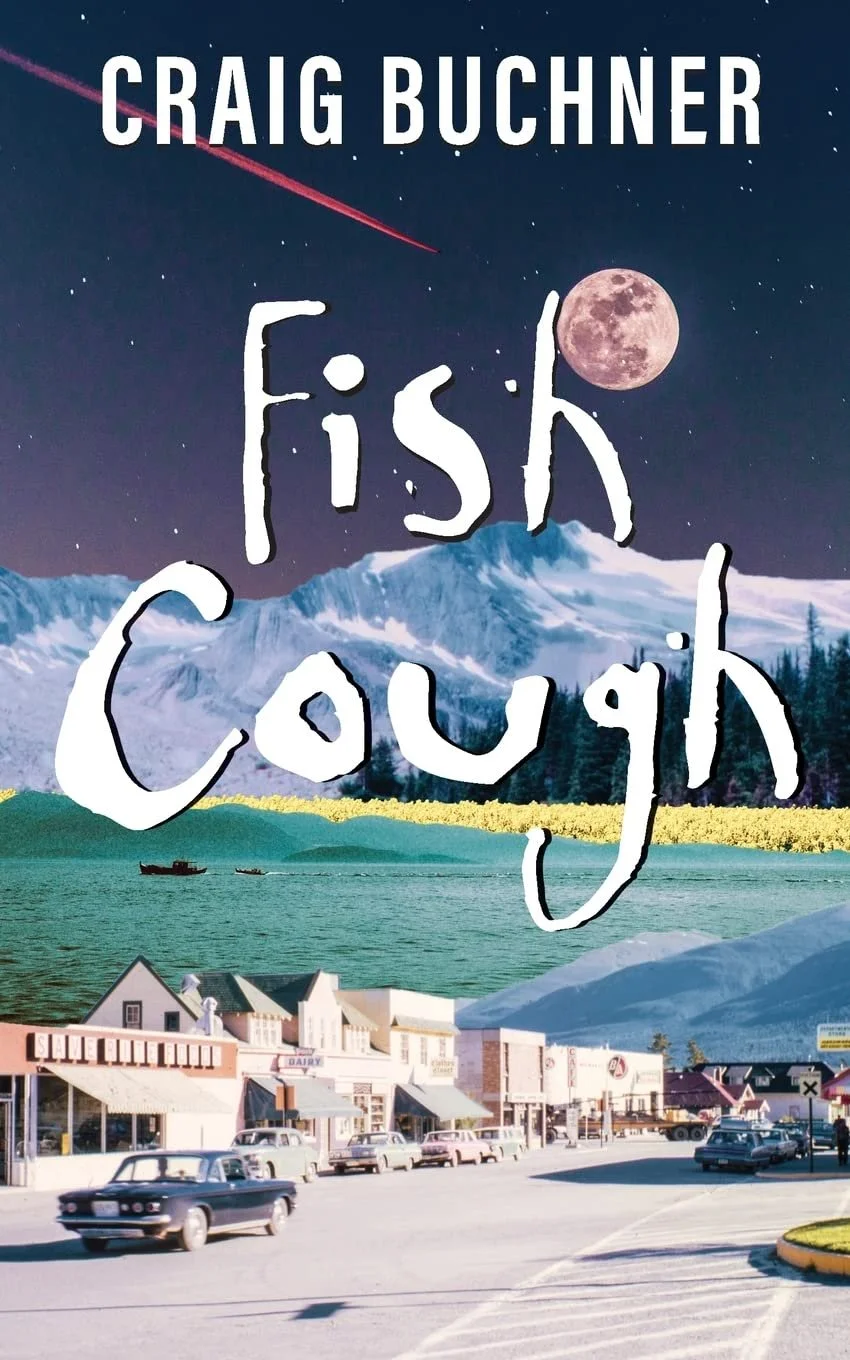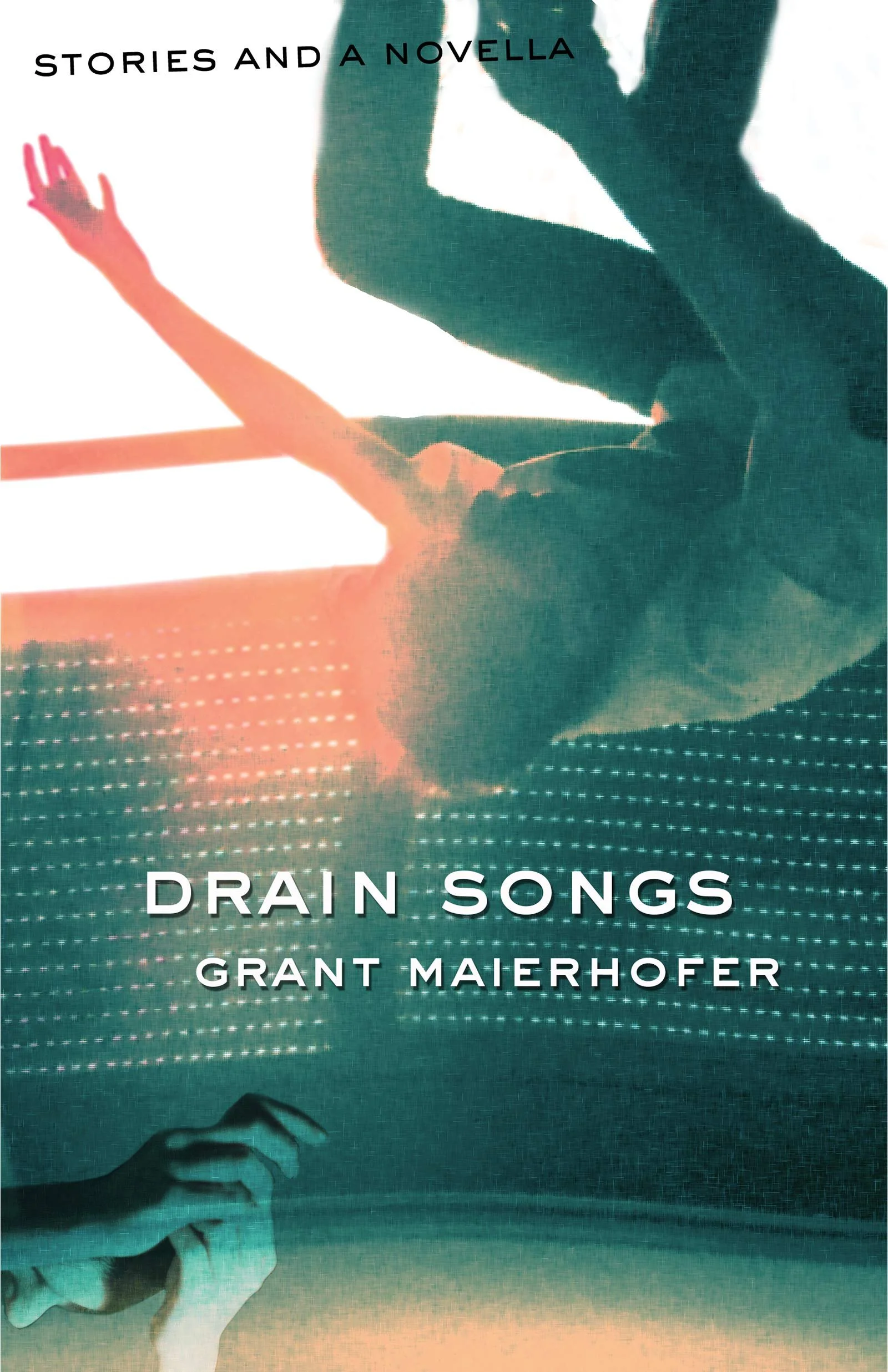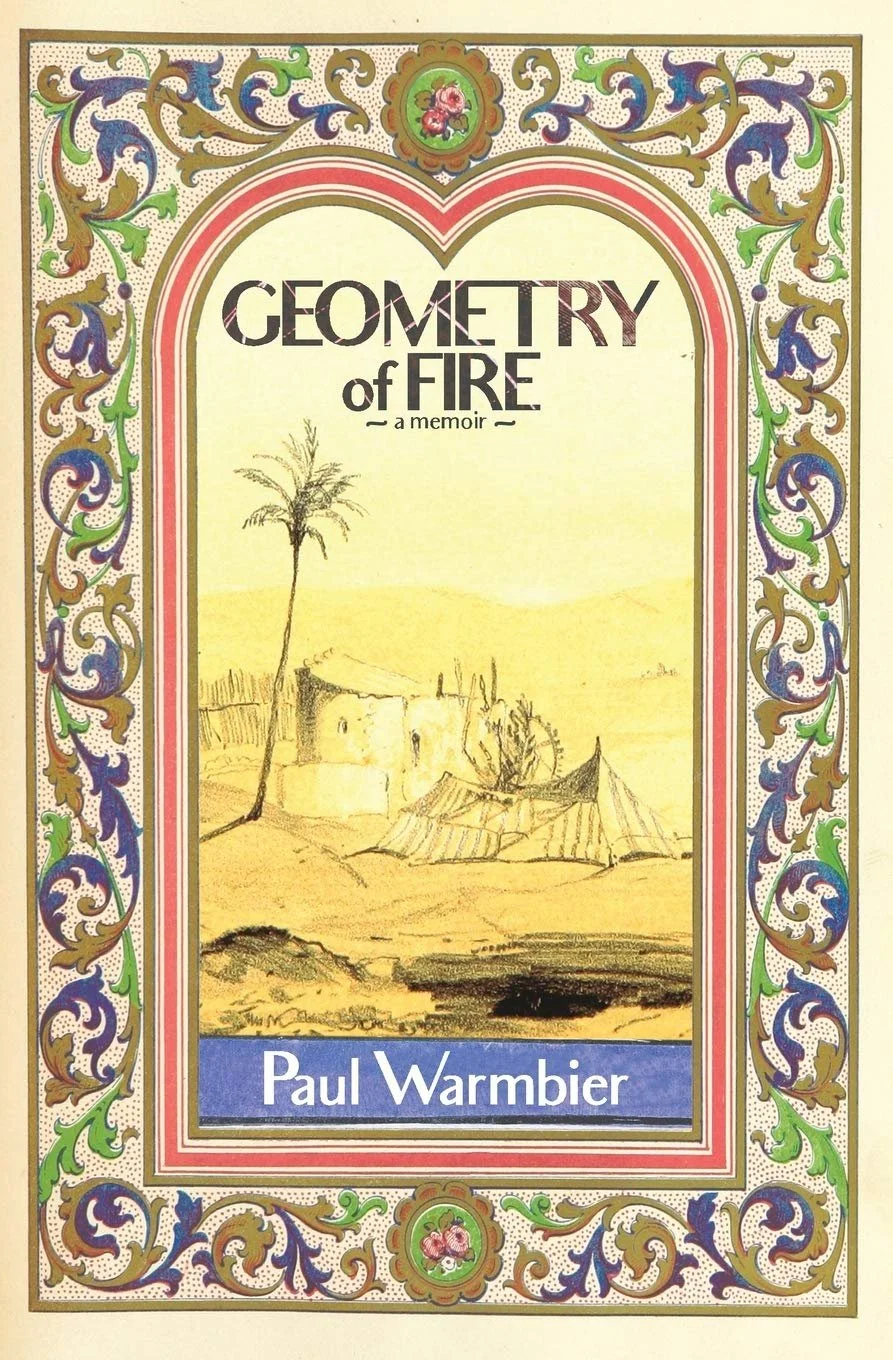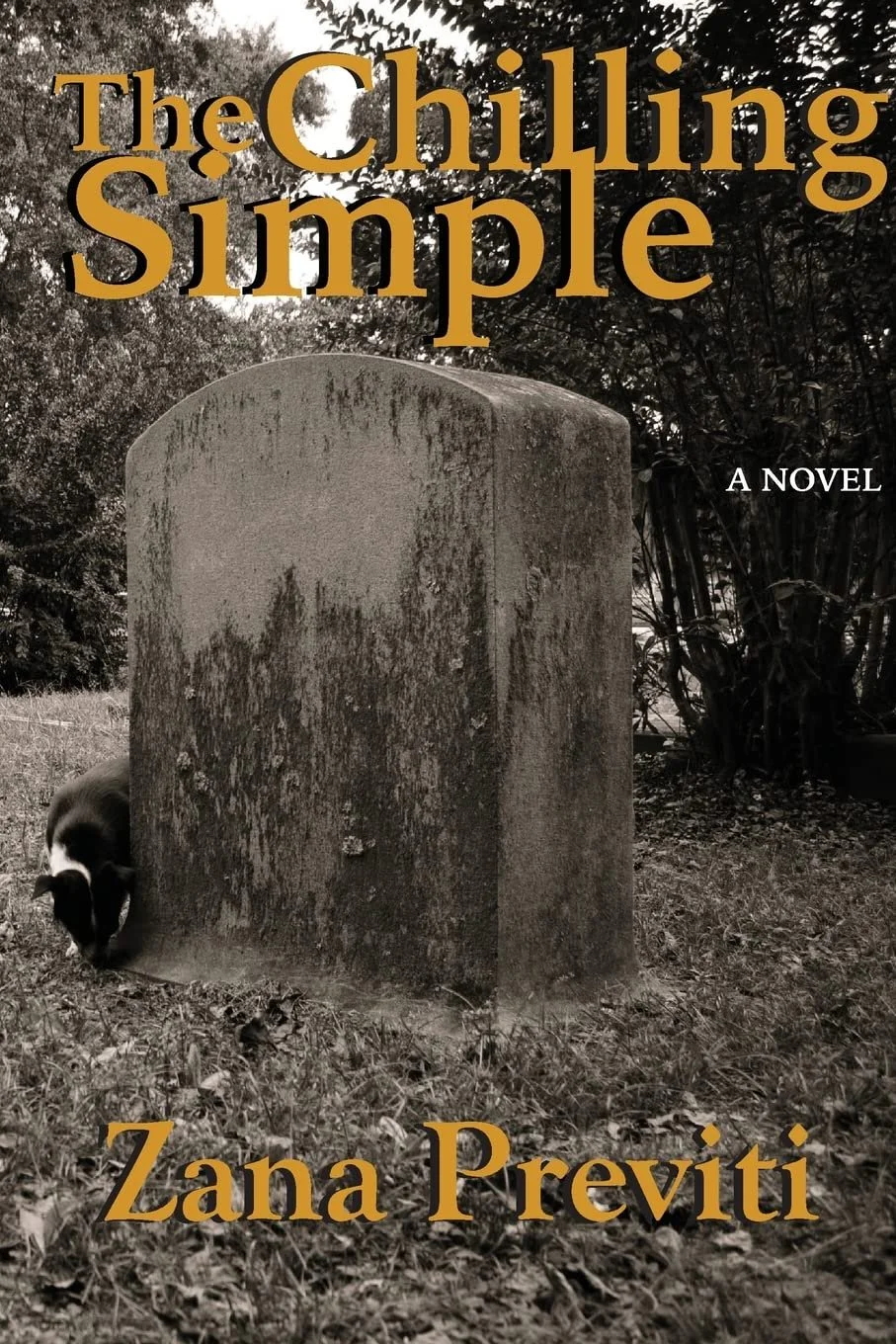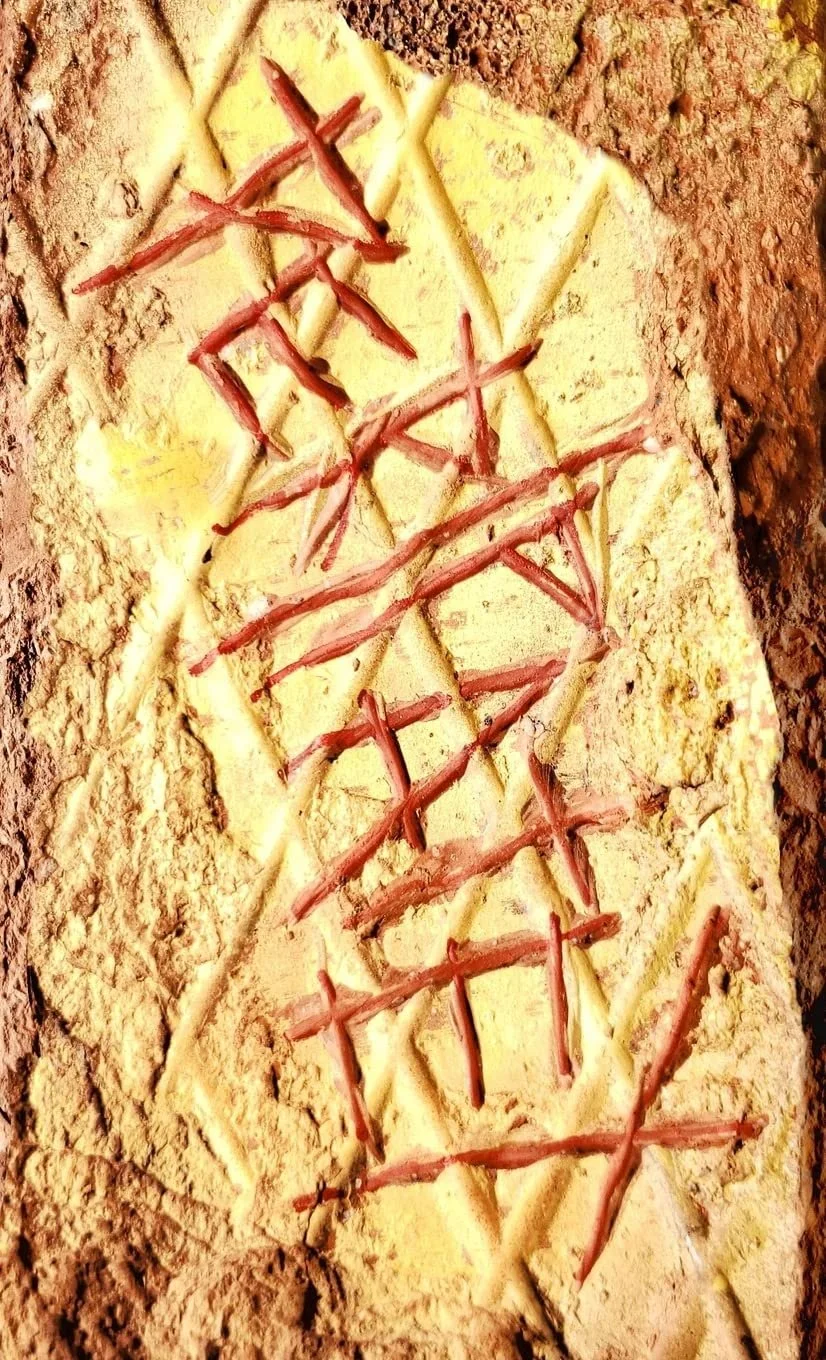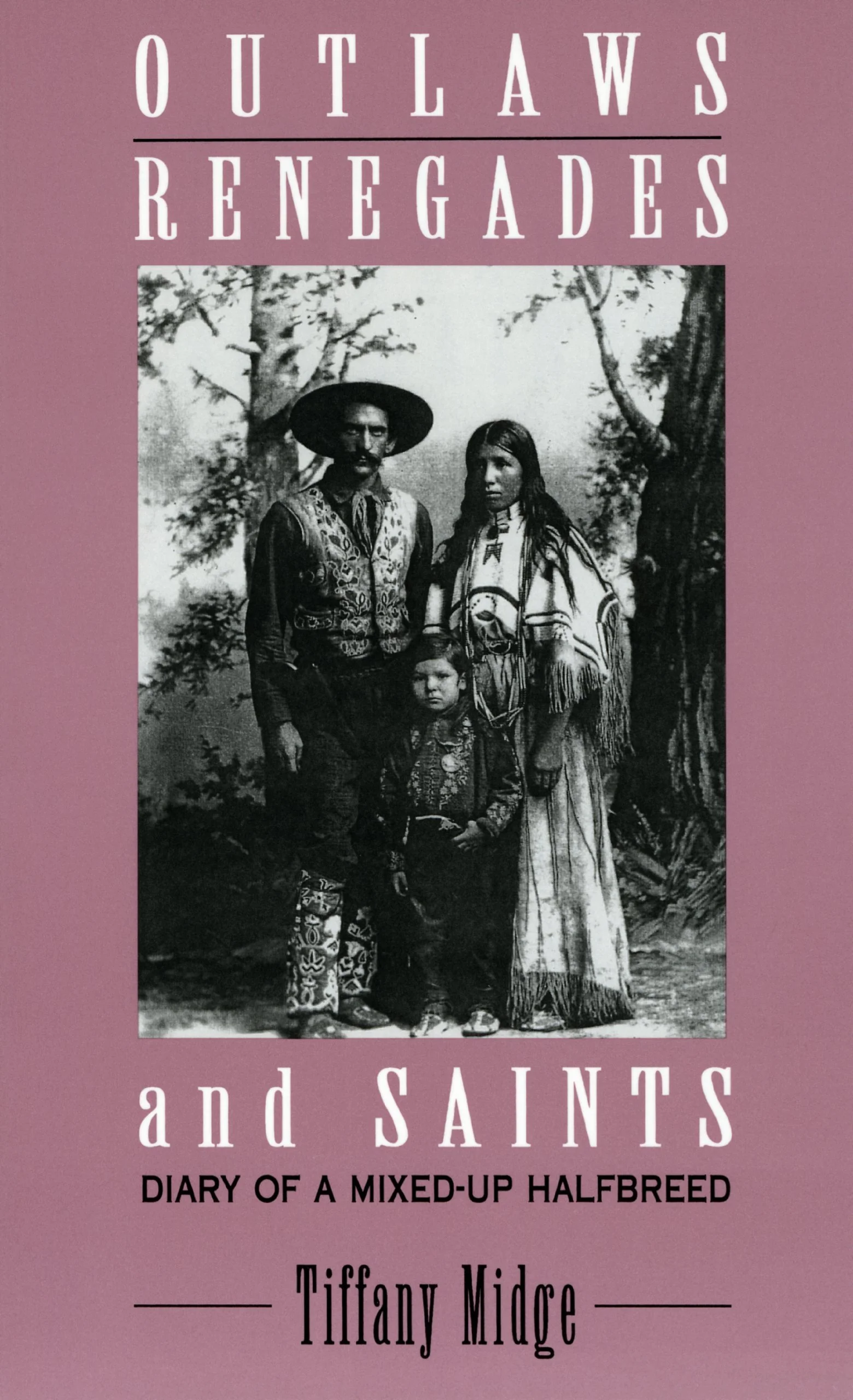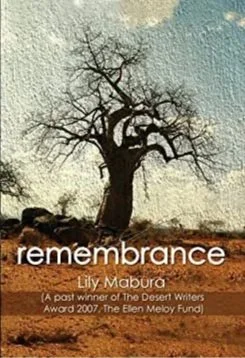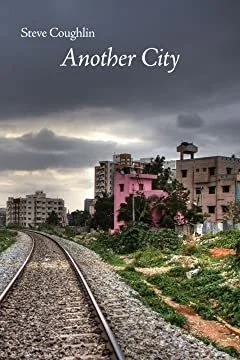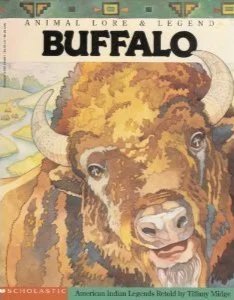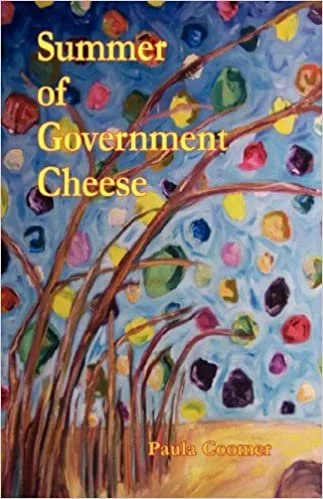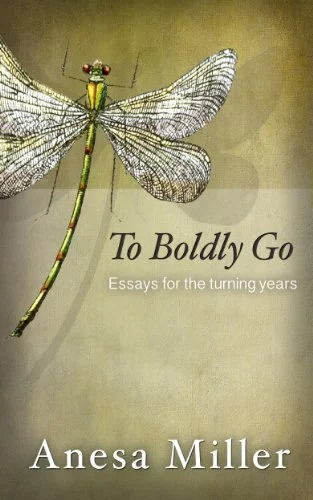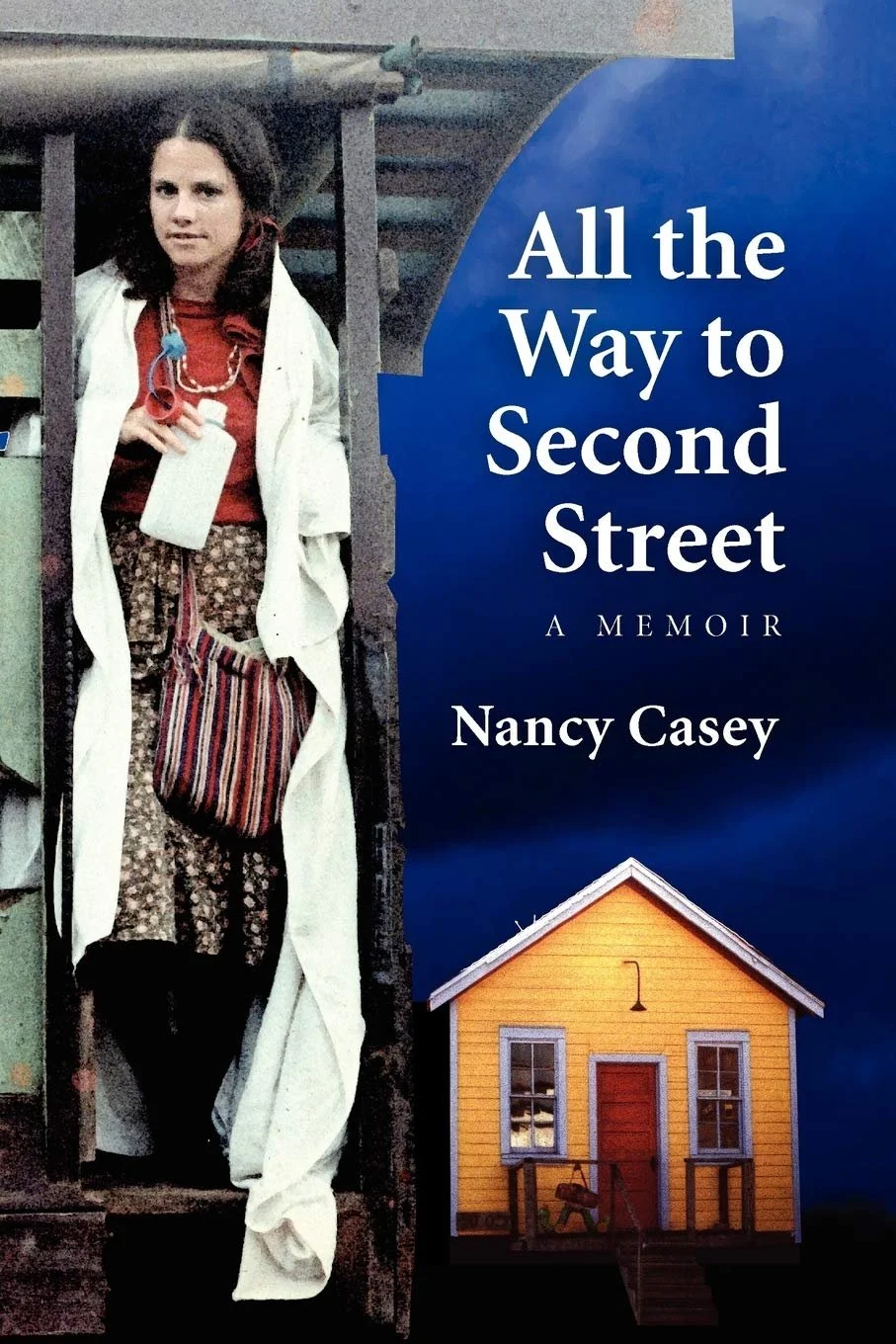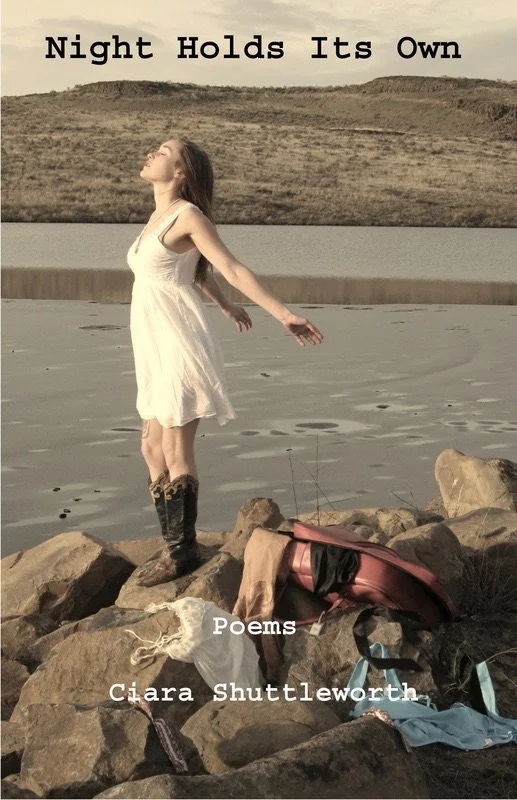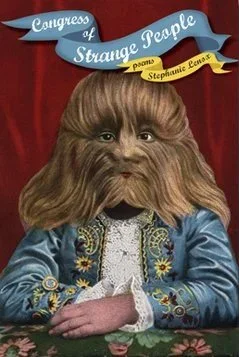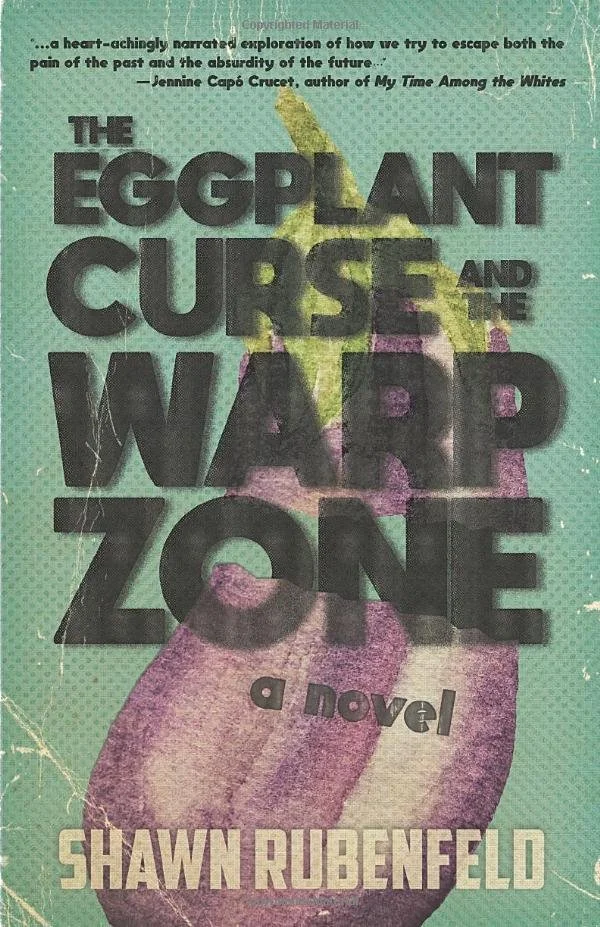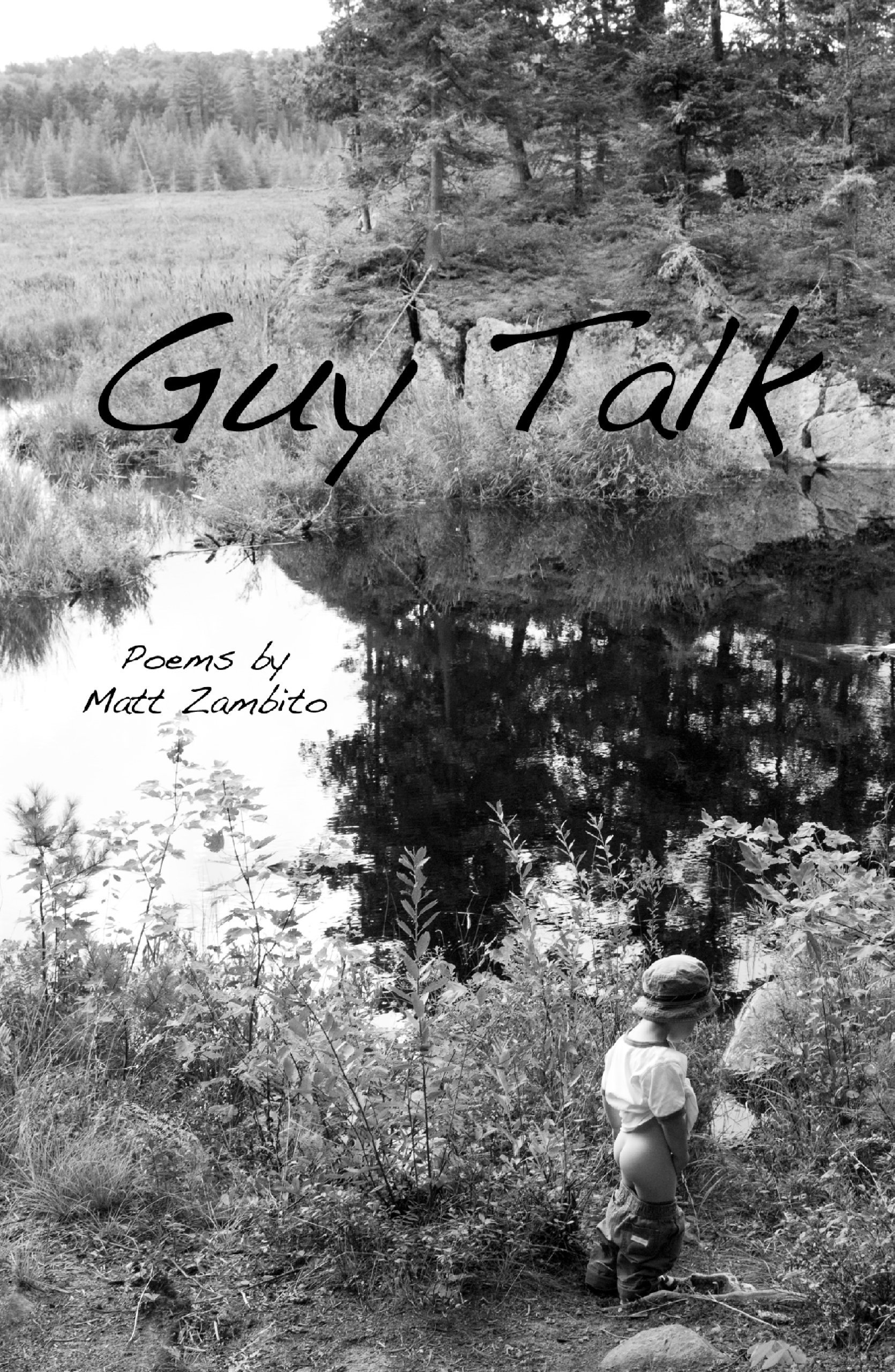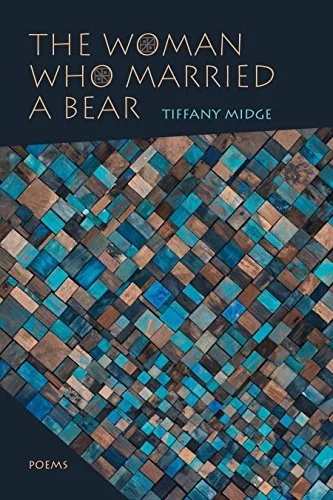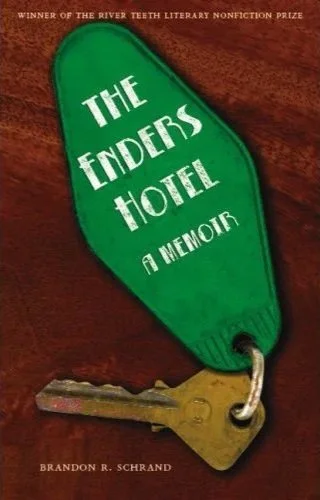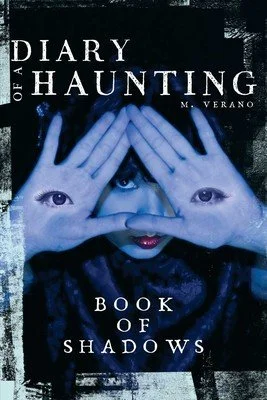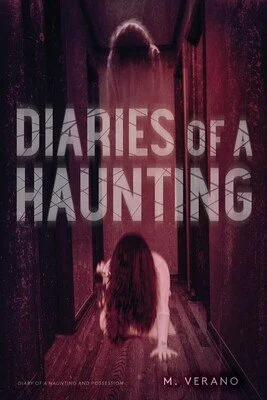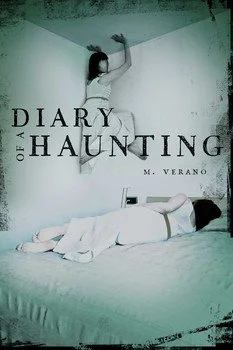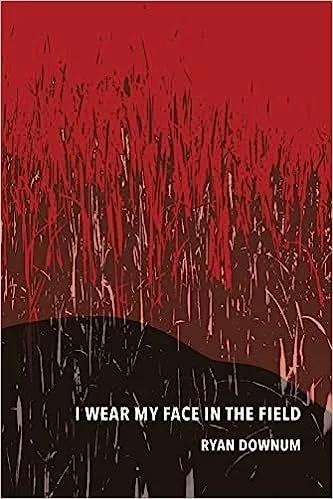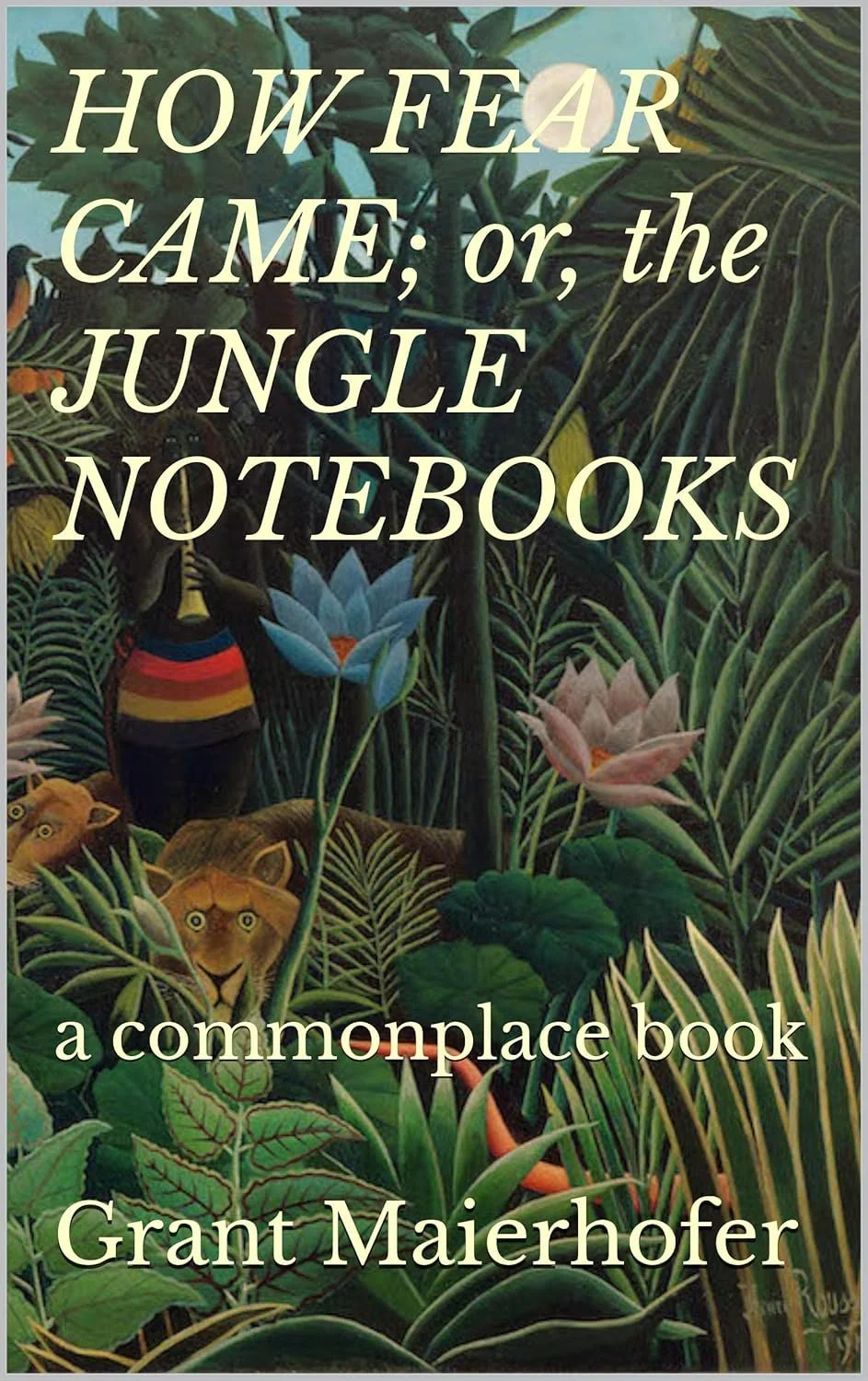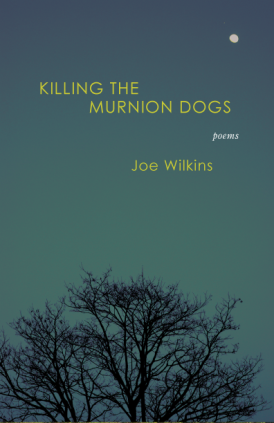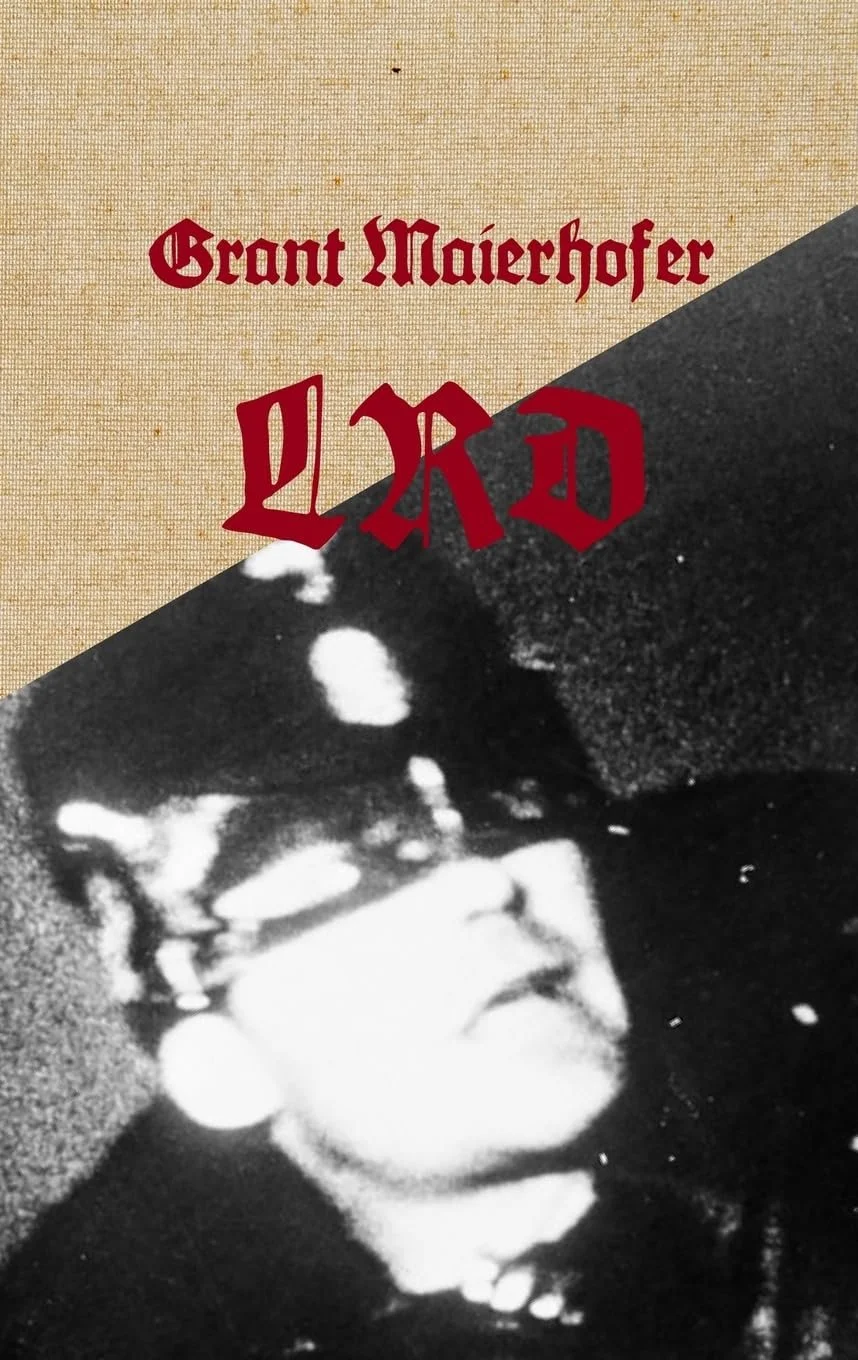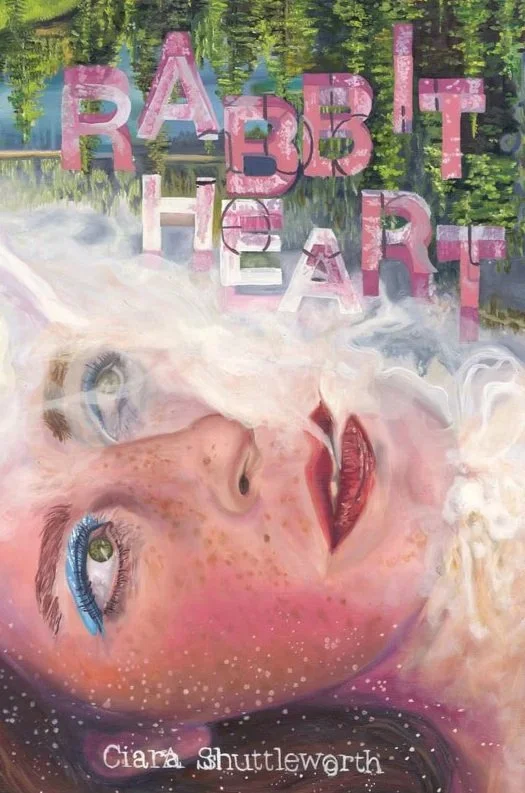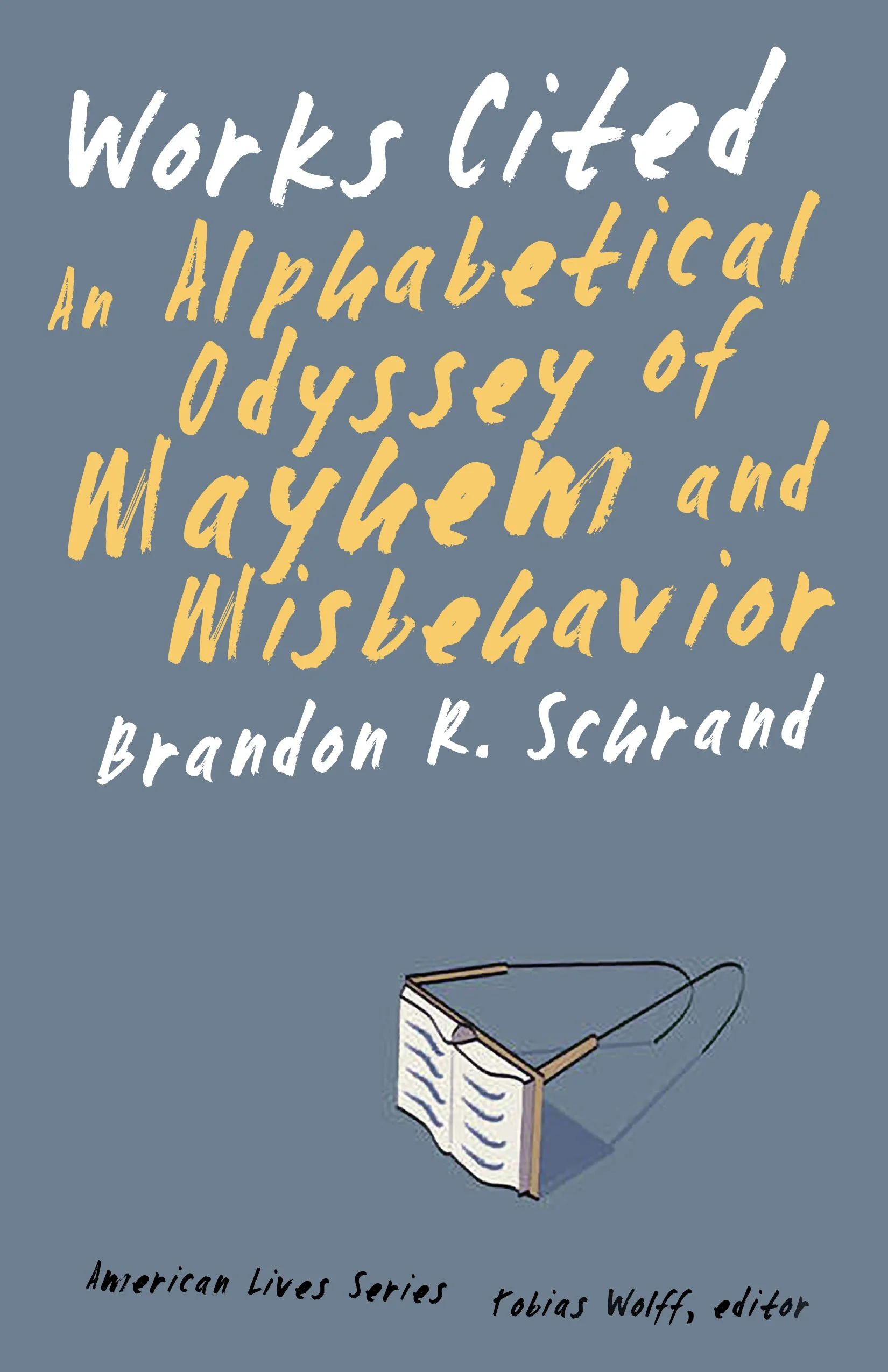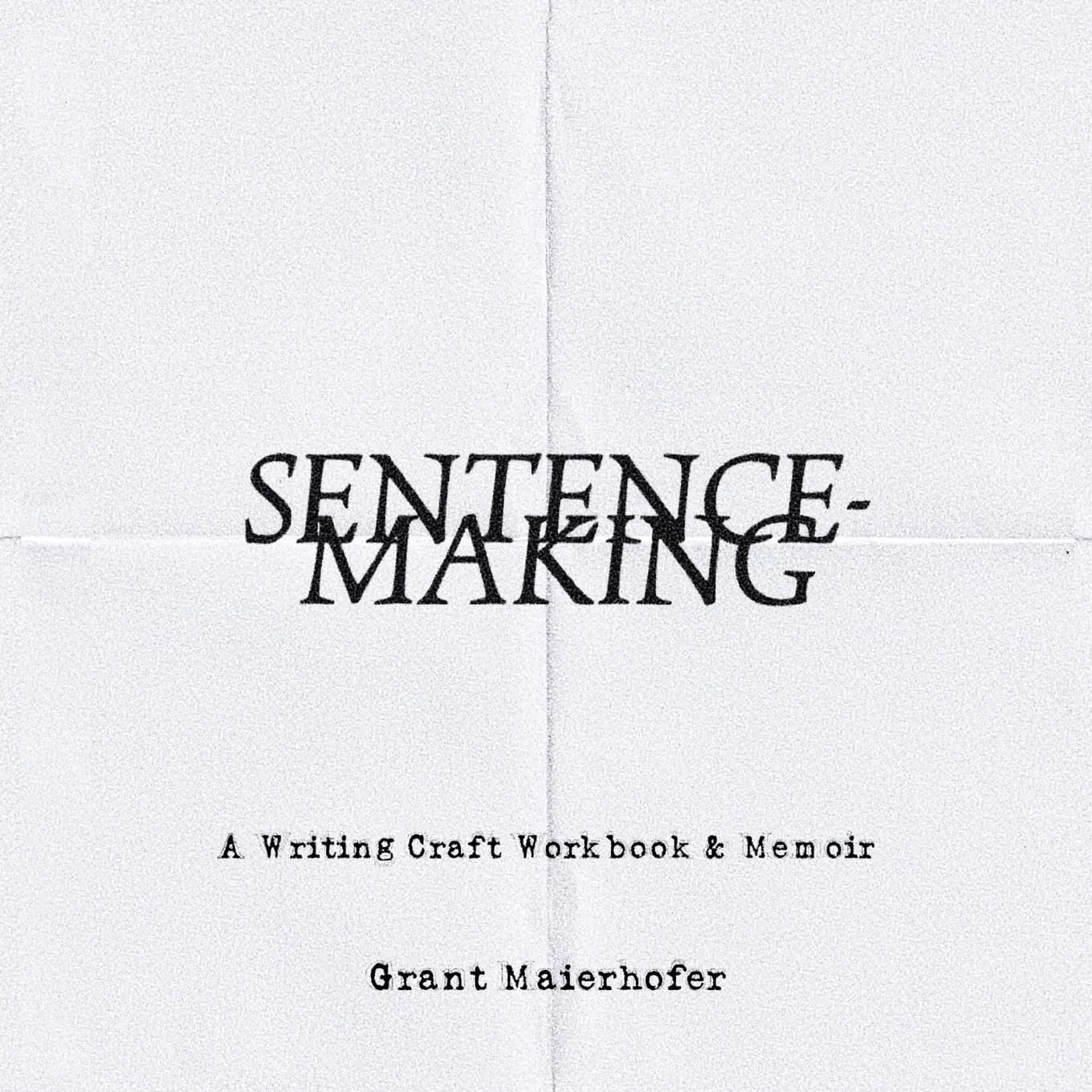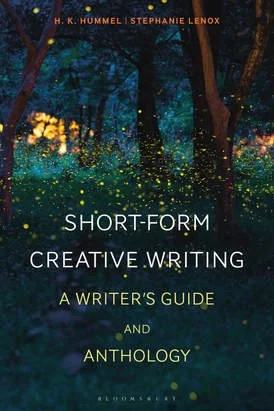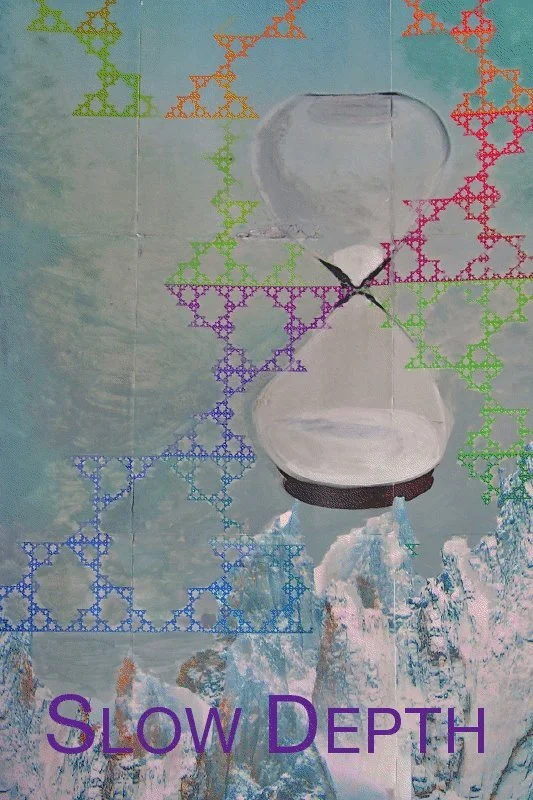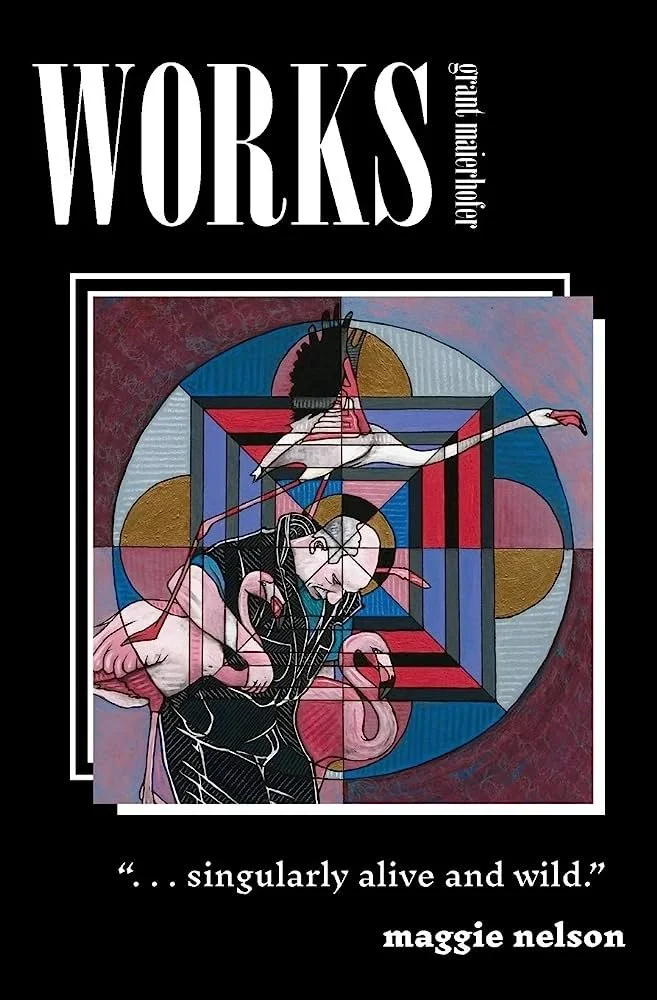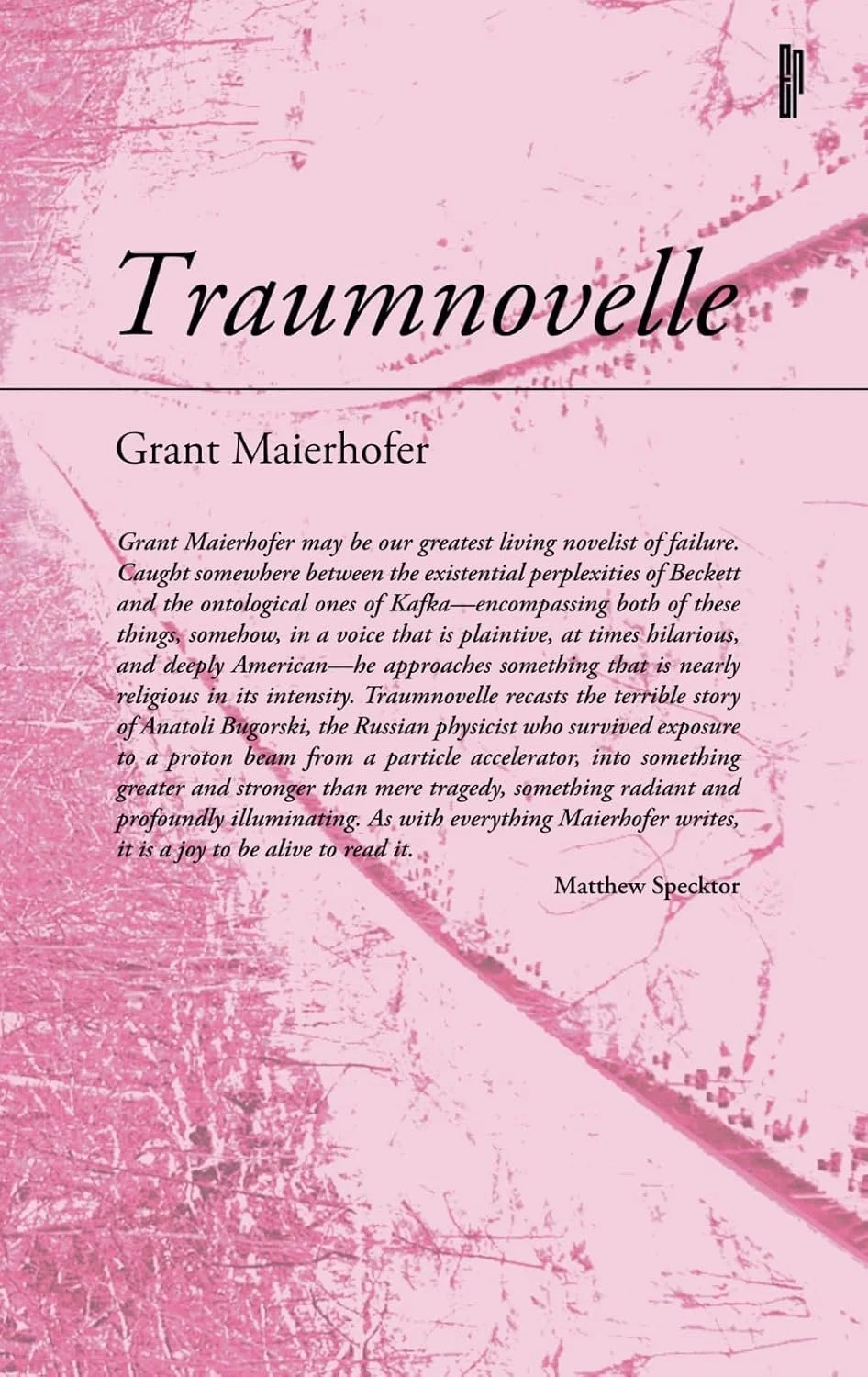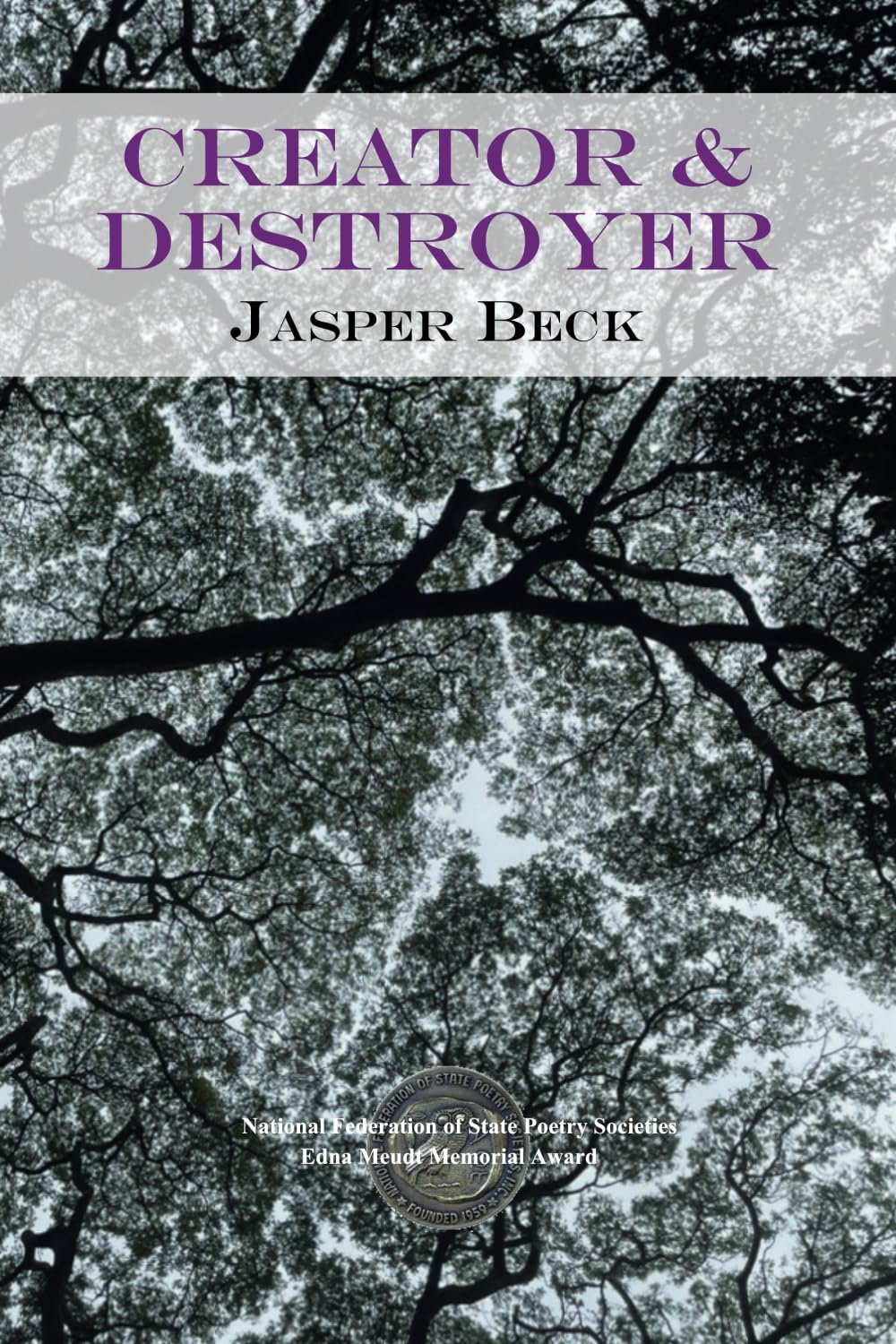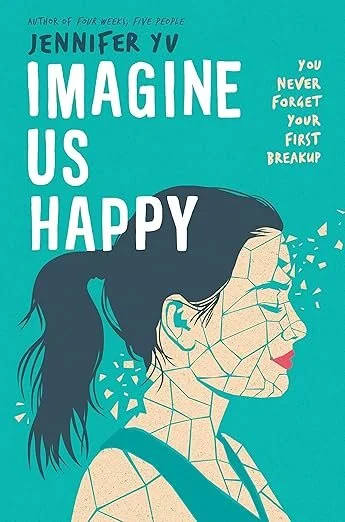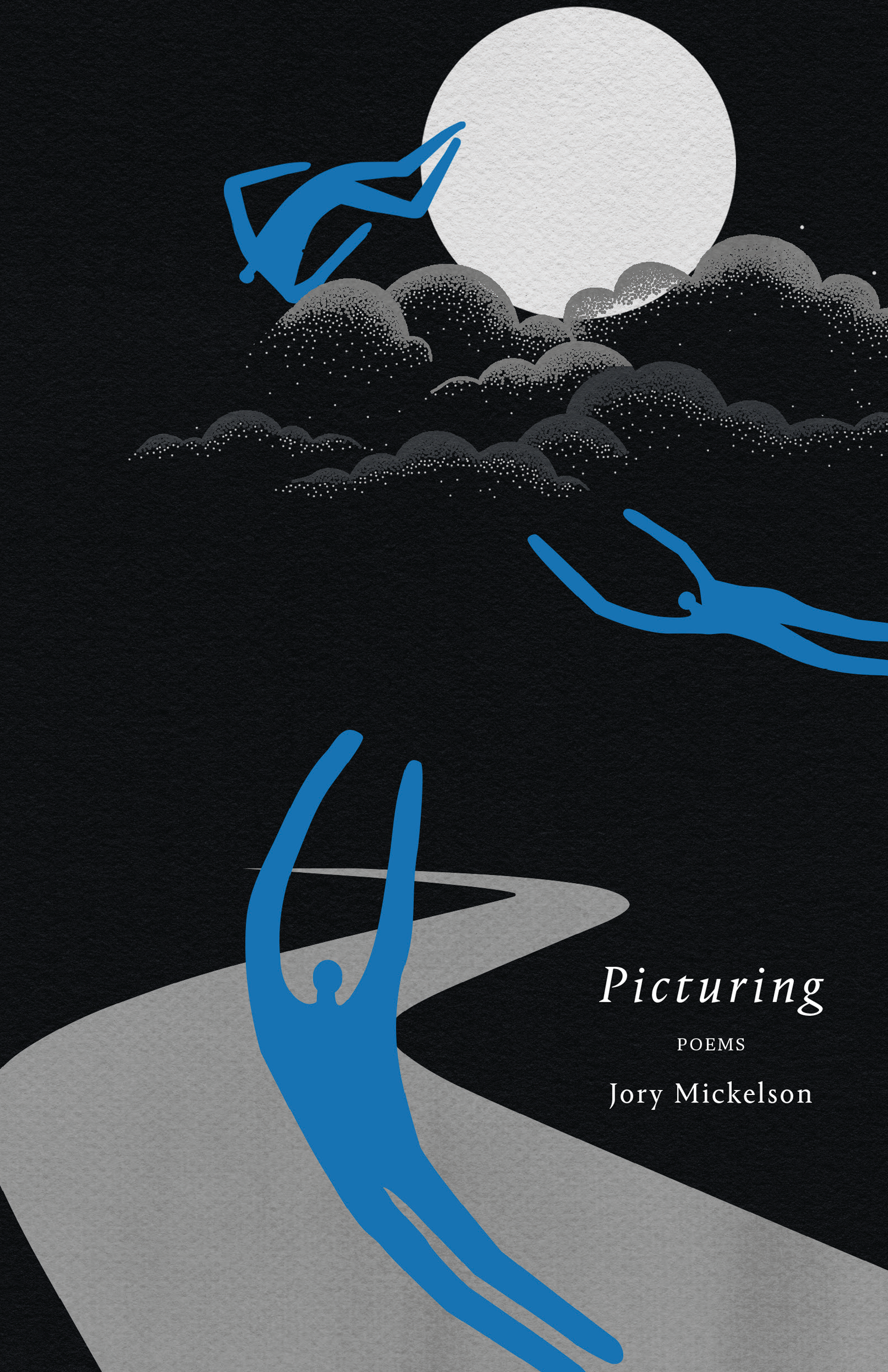Idaho MFA in Creative Writing
3 Years / Full Funding / Poetry Fiction Nonfiction / Fugue
THIS MATERIAL IS RELEVANT TO THE 2025-2026 ADMISSIONS CYCLE
FOR THE UNIVERSITY OF IDAHO’S MFA PROGRAM IN CREATIVE WRITING
The MFA Program
-
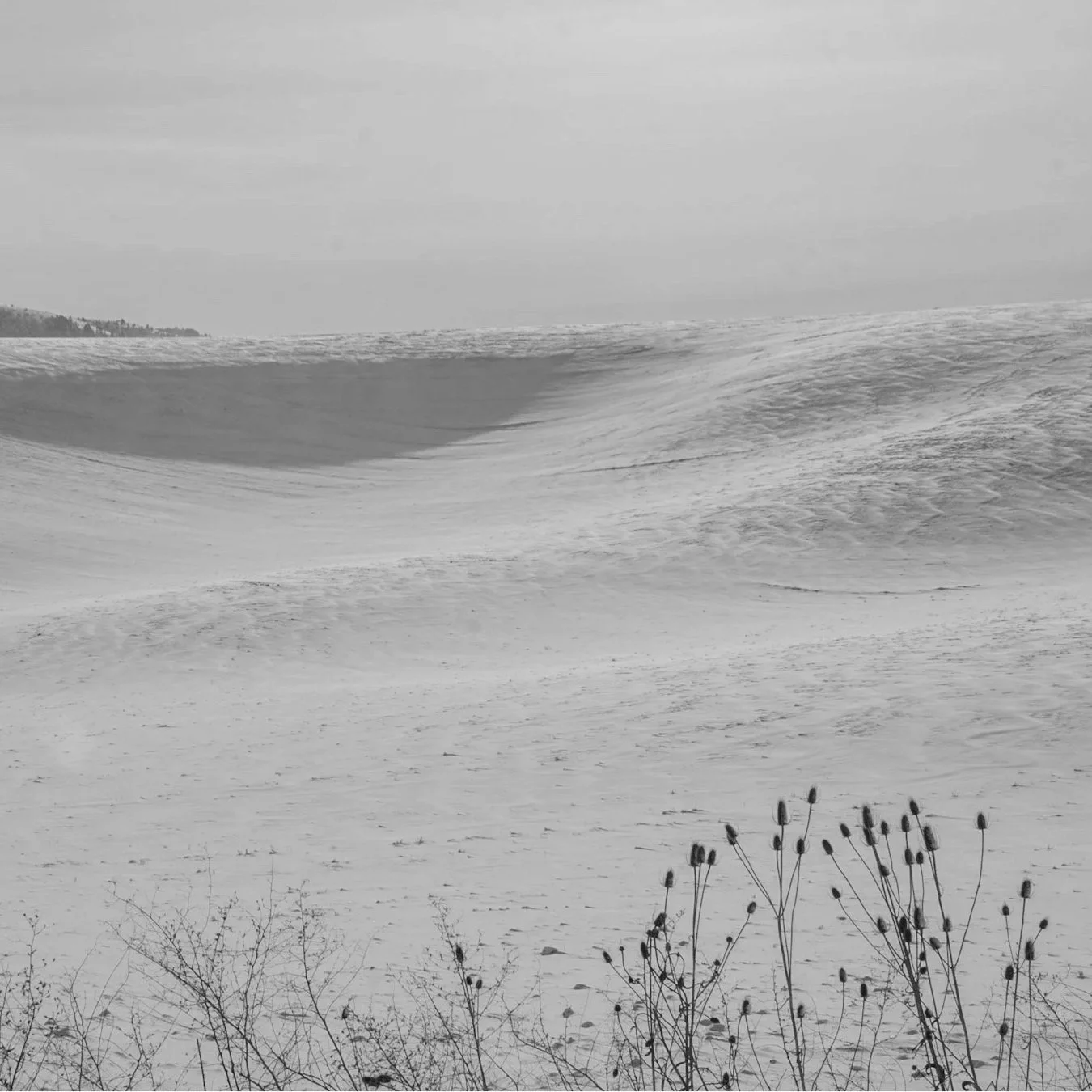
A Note of Welcome
Thank you for your interest in the Creative Writing MFA Program at the University of Idaho: the premier fully funded, three-year MFA program in the Northwest. Situated in the panhandle of Northern Idaho in the foothills of Moscow Mountain and the Palouse Range, we offer the time and support to train in the traditions, techniques, and practice of nonfiction, poetry, and fiction. Each student graduates as the author of a manuscript of publishable quality after undertaking a rigorous process of thesis preparation and a public defense. Spring in Moscow has come to mean cherry blossoms, snowmelt in Paradise Creek, and the head-turning accomplishments of our thesis-year students. Ours is a faculty of active, working writers who value teaching and mentorship. If the prospect of giving yourself three years with us to develop as a writer, teacher, and editor is appealing, we look forward to reading your application.
—Michael McGriff, MFA Program Director
-

Three Years to Write
Regardless of where you are in your artistic career, there is nothing more precious than time. A three-year program gives you time to generate, refine, and edit a body of original work. Typically, students have a light third year, which allows for dedicated time to complete and revise the Creative Thesis (48 manuscript pages for those working in poetry, 100 pages for those working in prose).
-
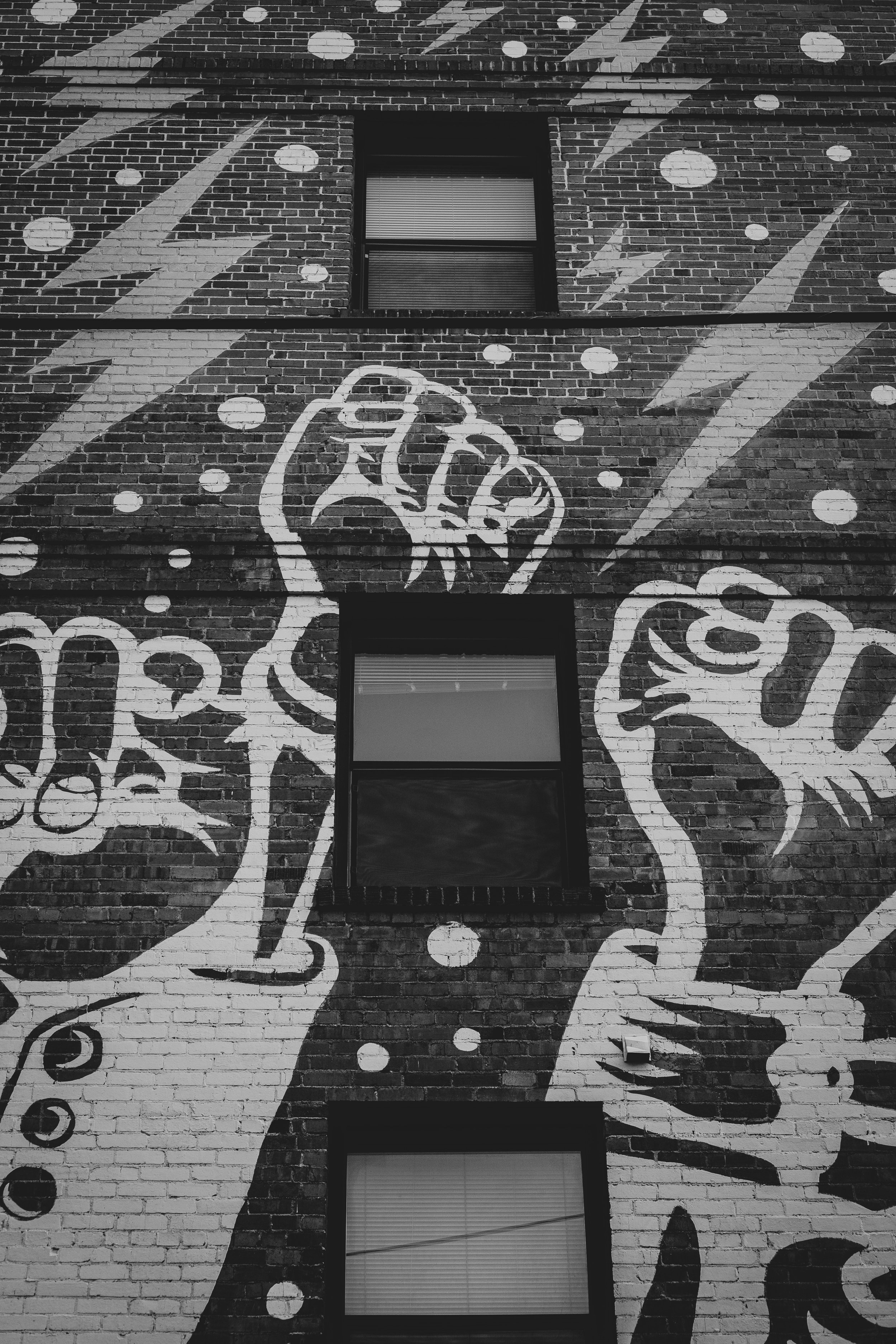
Teaching Assistantships
All students admitted to the MFA program are fully funded through Teaching Assistantships. All Assistantships come with a full tuition waiver and a stipend, which for the current academic year is roughly $17,000 (for a total funding package of approximately $40,000). Over the course of three years, MFA students teach a mix of composition courses, sections of Introduction to Creative Writing (ENGL 2900), and additional writing courses, as departmental needs arise. Students may also apply to work in the Writing Center as positions become available. When you join the MFA program at Idaho, you receive teacher training prior to the beginning of your first semester. We value the role MFA students serve within the department and consider each graduate student as a working artist and colleague. Current teaching loads for Teaching Assistants are two courses per semester. Some members of the Fugue editorial staff receive course reductions to offset the demands of editorial work. We also award a variety of competitive and need-based scholarships to help offset general living costs.
-
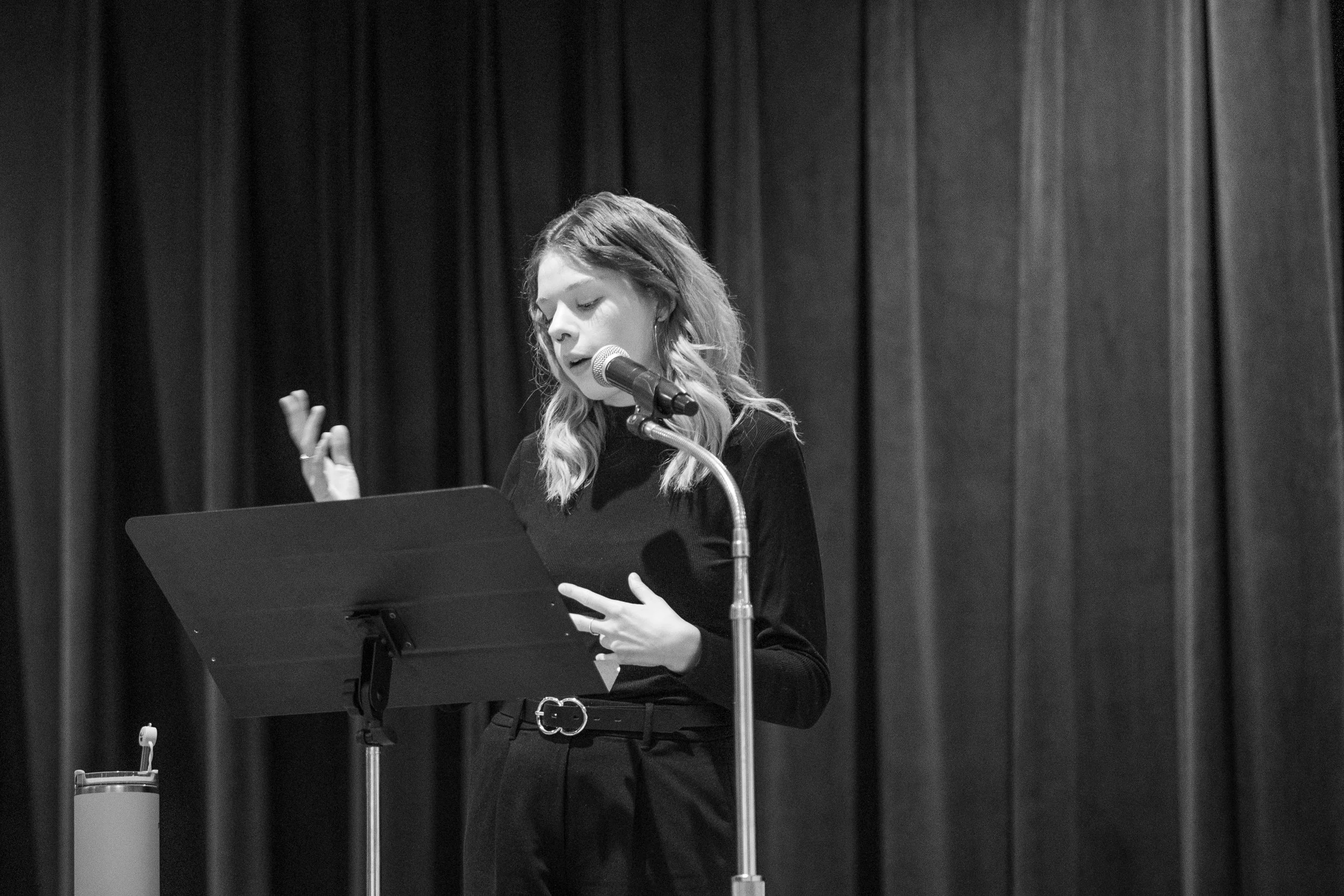
Flexible Degree Path: focus in one genre, or study across genres
Students are admitted to our program in one of three genres, Poetry, Fiction, or Nonfiction. By design, our degree path offers ample opportunity to take Workshop, Techniques, Traditions, and Literature courses in any genre. Our faculty work and publish in multiple genres and value the slipperiness of categorization. We encourage students to write in as broad or focused a manner as they see fit. We are not at all interested in making writers “stay in their lanes,” and we encourage students to shape their degree paths in accordance with their passions.
-
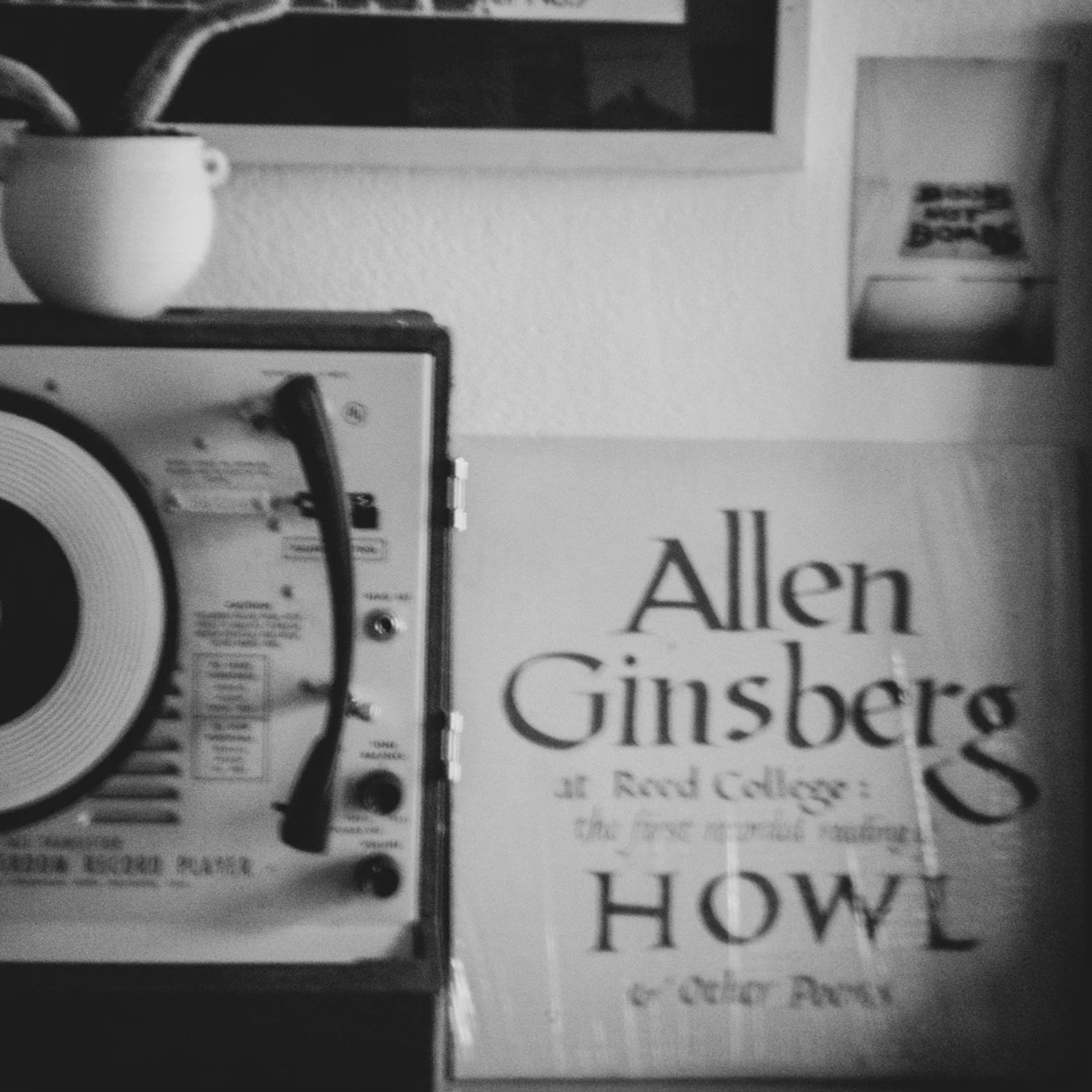
Workshop
Our workshop classes are small by design (typically twelve students or fewer) and taught by core MFA faculty. No two workshop experiences look alike, but what they share are faculty members committed to the artistic and intellectual passions of their workshop participants.
-
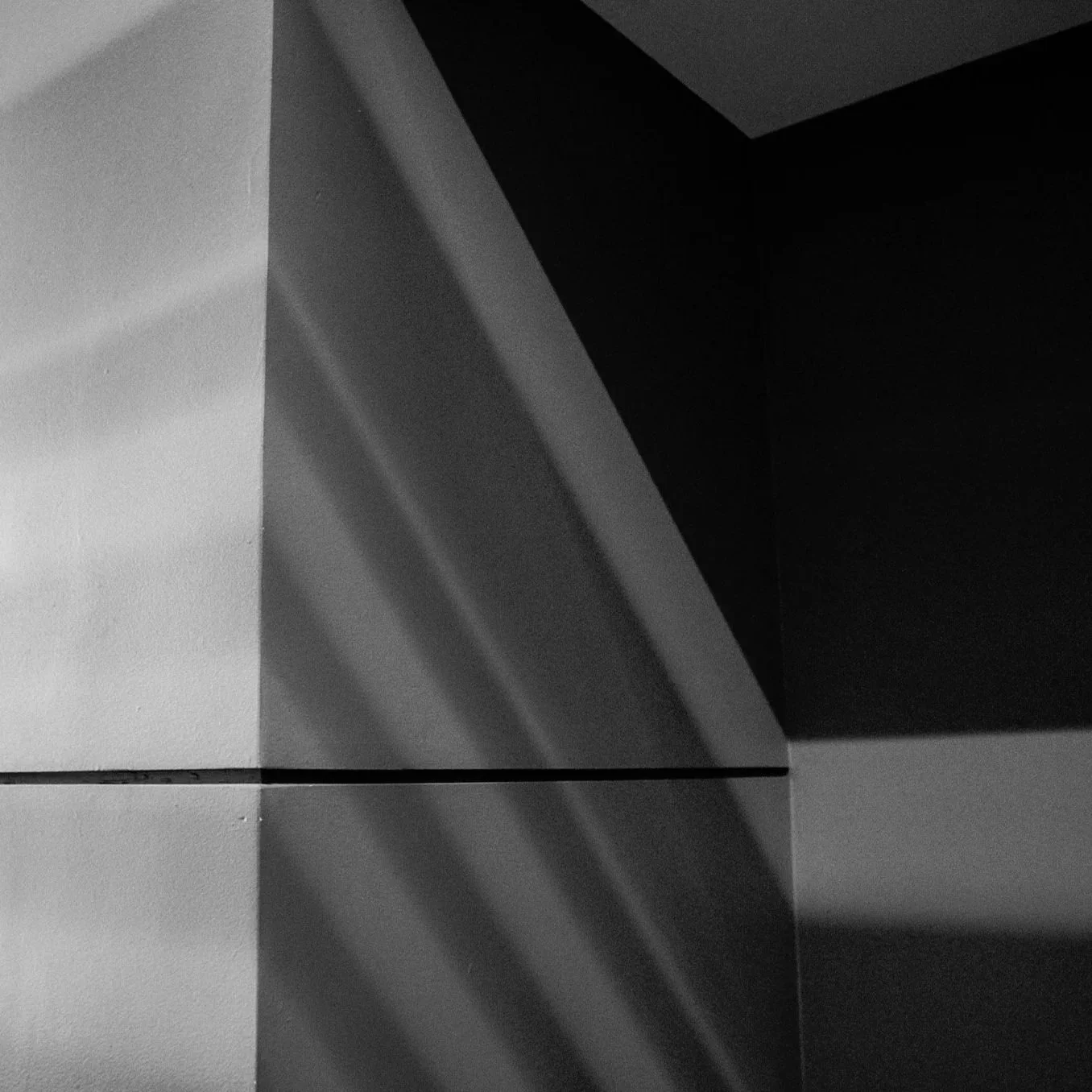
Techniques
Techniques studios are developed and taught by core MFA faculty. These popular courses are dedicated to the granular aspects of writing, from deep study of the poetic image to the cultivation of independent inquiry in nonfiction to the raptures of research in fiction. Such courses are heavy on generative writing and experimentation, offering students a dedicated space to hone their craft in a way that is complementary to their primary work.
-

Traditions
Traditions seminars are developed and taught by core MFA and MA faculty. These generative writing courses bring student writing into conversation with a specific trajectory or “tradition” of literature, from life writing to outlaw literature to the history of the short story, from prosody to postwar surrealism to genre-fluidity and beyond. These seminars offer students a dynamic space to position their work within the vast and varied trajectories of literature.
-

Literature and Environmental Humanities
Literature courses are taught by core MA and MFA faculty. Our department boasts field-leading scholars, interdisciplinary writers and thinkers, and theory-driven practitioners who value the intersection of scholarly study, research, humanism, and creative writing. Expertise in the Environmental Humanities is a clear strength of our department. Faculty members Erin James and Jennifer Ladino (co-founders of The Confluence Lab) are internationally recognized leaders in this field and have won awards for their scholarship on place-based writing, the emotions and affects of environmental crises, and the potential uses of contemporary narratives in environmental activism and policy making.
-

Symposium
The Symposium Reading Series is a longstanding student-run initiative that offers every second-year MFA candidate an opportunity to read their works-in-progress in front of peers, colleagues, and community members. This reading and Q & A event prepares students for the third-year public thesis defense. These off-campus events are fun and casual, exemplifying our community centered culture and what matters most: the work we’re all here to do.
-
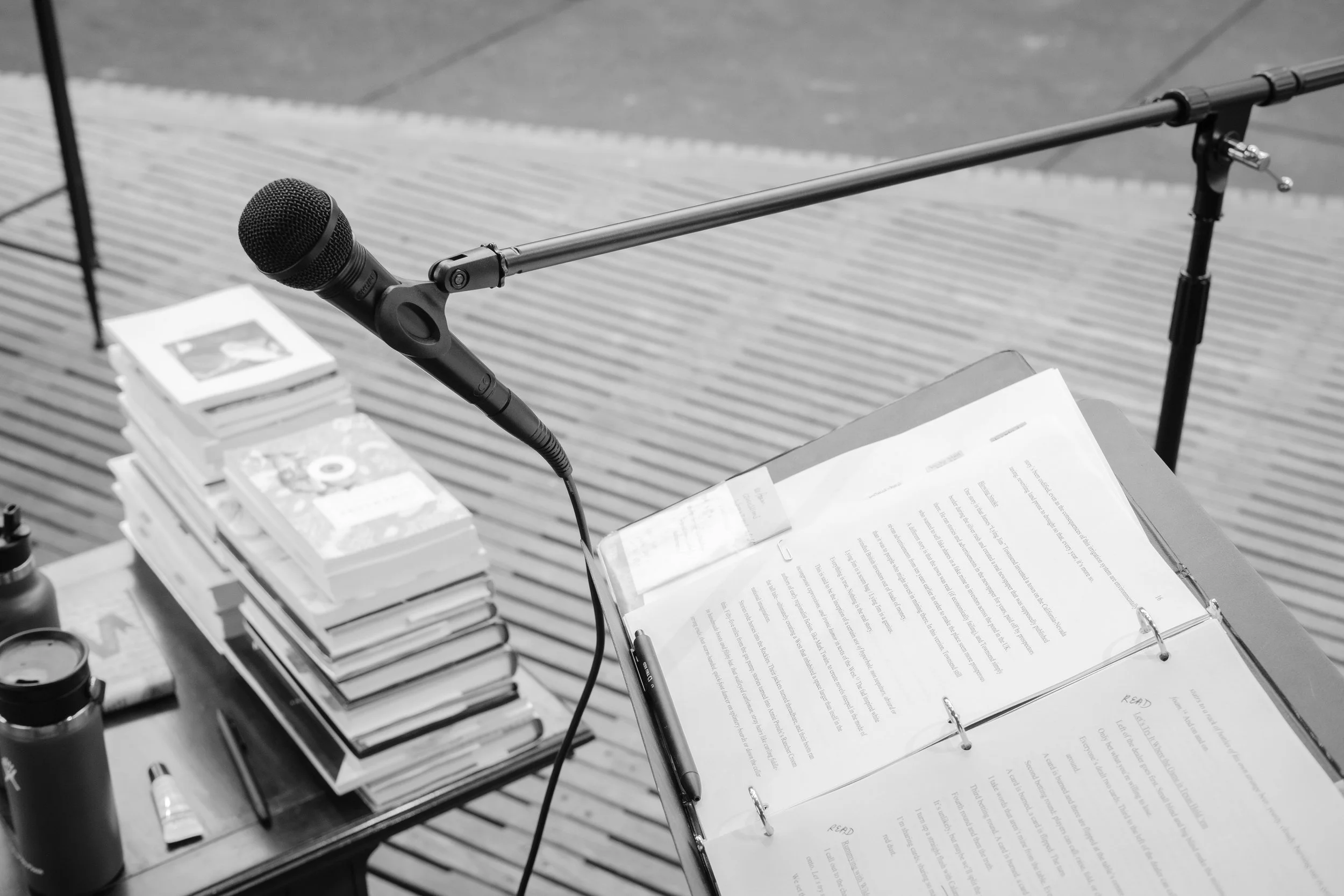
Thesis Defense
The MFA experience culminates with each student writing and defending a creative thesis. For prose writers, theses are 100 pages of creative work; for poets, 48 pages. Though theses often take the form of an excerpt from a book-in-progress, students have flexibility when it comes to determining the shape, form, and content of their creative projects. In their final year, each student works on envisioning and revising their thesis with three committee members, a Major Professor (core MFA faculty) and two additional Readers (core UI faculty). All students offer a public thesis defense. These events are attended by MFA students, faculty, community members, and other invitees. Though formally structured and rigorous, the thesis defense is ultimately a celebration of each student’s individual talent.
-
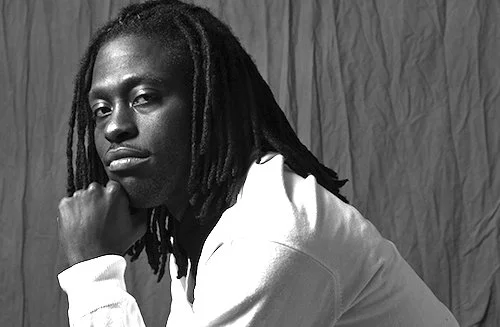
Visiting Writers Series
Each year, we bring several Visiting Writers to campus. These authors interface with our writing community through public readings, on-stage craft conversations hosted by core MFA faculty, and small seminars geared toward MFA candidates. Recent Visitors include: Maggie Nelson, Roger Reeves, Luis Alberto Urrea, Brian Evenson, Kate Zambreno, Dorianne Laux, Teju Cole, Tyehimba Jess, Claire Vaye Watkins, Naomi Shihab Nye, David Shields, Rebecca Solnit, Gabrielle Calvocoressi, Susan Orlean, Natasha Tretheway, Jo Ann Beard, William Logan, Aisha Sabatini Sloan, Gabino Iglesias, Danielle Geller, and Marcus Jackson, among several others.
-
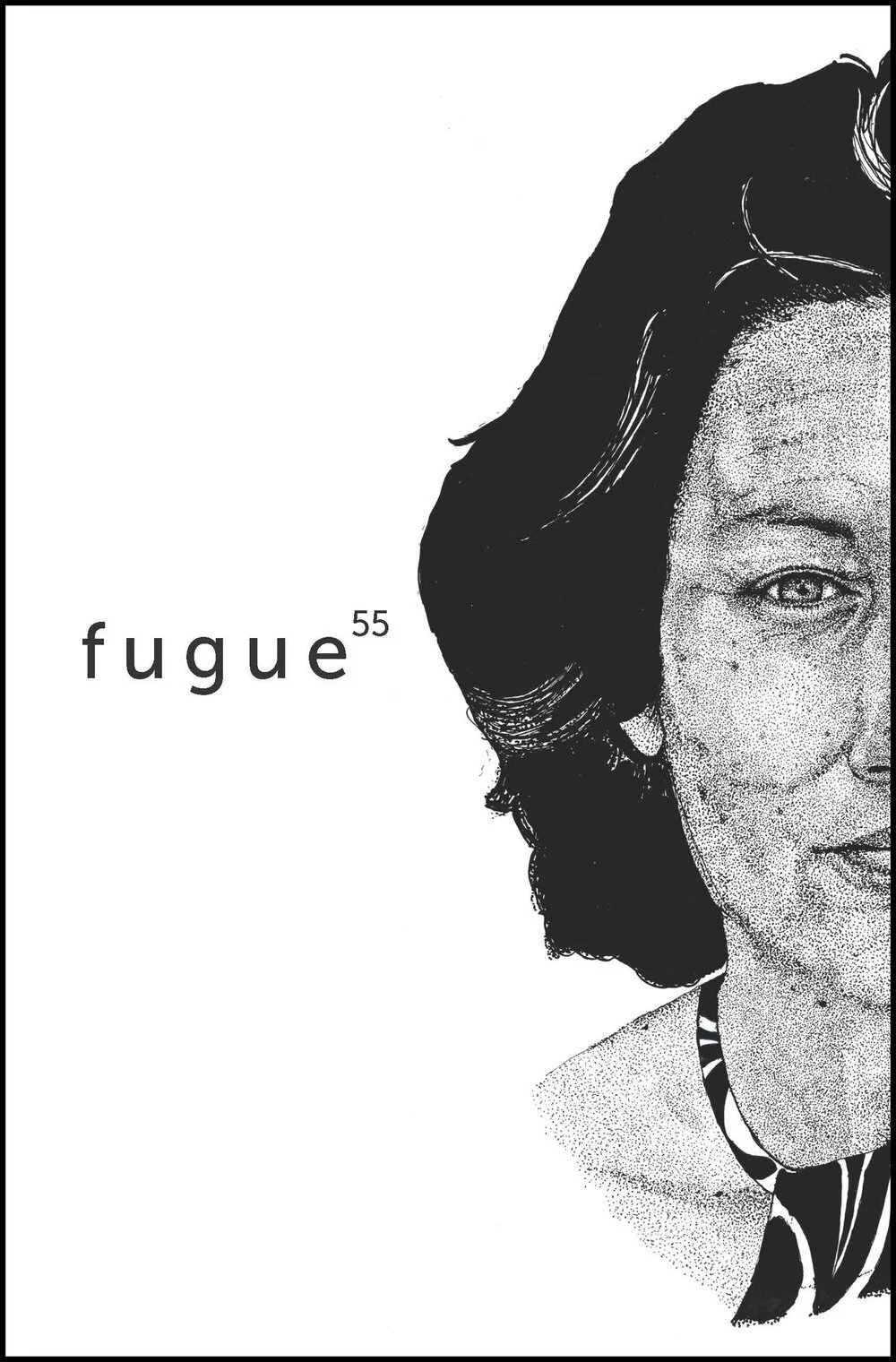
Fugue Journal
Established in 1990 at the University of Idaho, Fugue publishes poetry, fiction, essays, hybrid work, and visual art from established and emerging writers and artists. Fugue is managed and edited entirely by University of Idaho graduate students, with help from graduate and undergraduate readers. We take pride in the work we print, the writers we publish, and the presentation of both print and digital content. We hold an annual contest in both prose and poetry, judged by two nationally recognized writers. The journal boasts a remarkable list of past contributors, including Steve Almond, Charles Baxter, Stephen Dobyns, Denise Duhamel, Stephen Dunn, B.H. Fairchild, Nick Flynn, Terrance Hayes, Campbell McGrath, W.S. Merwin, Sharon Olds, Jim Shepard, RT Smith, Virgil Suarez, Melanie Rae Thon, Natasha Trethewey, Philip Levine, Anthony Varallo, Robert Wrigley, and Dean Young, among many others.
-

Pop-Up Prose
Pop-Up Prose was founded by Idaho MFA students Lauren Westerfield and Laura Zak in 2016. This student-run reading series carries forward the spirit of being “irreverent, itinerant, experimental, queer-hearted, and queer-minded.” Pop-Up Prose is curated by MFA students, undergrads, and community members, exemplifying our local arts culture. This open-genre venue features writers and artists of all stripes, and it stretches and questions the boundaries of self and self-expression.
Fellowships, Residencies, Prizes, and Support for Travel
-

Academy of American Poets Prize
The Creative Writing Program is proud to partner with the Academy of American Poets to offer an annual Academy of American Poets University Prize to a student at the University of Idaho. The Prize was established in 2009 with a generous grant from Karen Trujillo and Don Burnett. Many of our nation’s most esteemed and celebrated poets won their first recognition through an Academy of American Poets Prize, including Diane Ackerman, Toi Derricotte, Mark Doty, Tess Gallagher, Louise Glück, Jorie Graham, Kimiko Hahn, Joy Harjo, Robert Hass, Li-Young Lee, Gregory Orr, Sylvia Plath, Mark Strand, and Charles Wright.
-
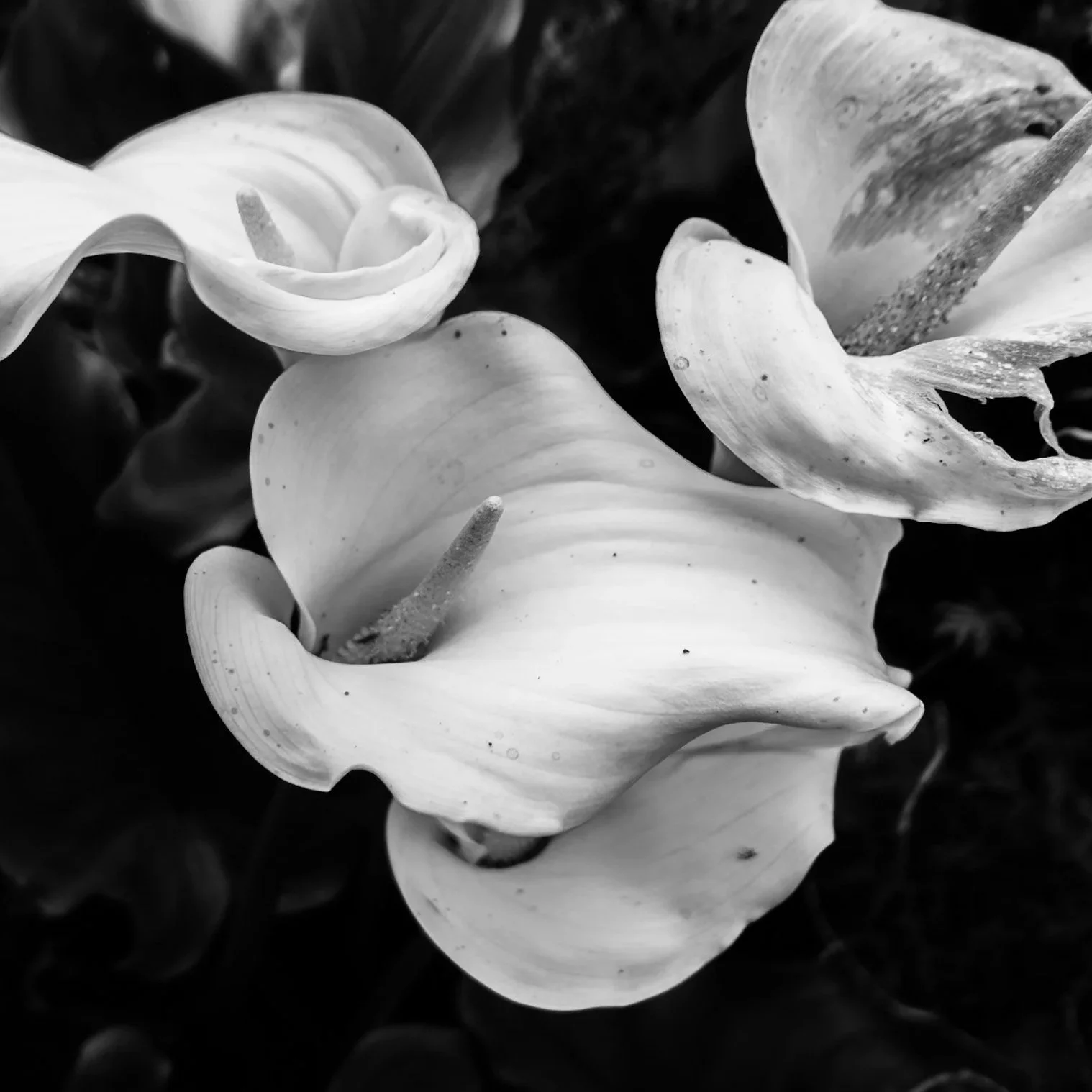
Writing in the Wild Residency
This annual residency gives two MFA students the opportunity to work in Idaho’s iconic wilderness areas. The fellowship fully supports one week at either the McCall Outdoor Science School (MOSS), which borders Payette Lake and Ponderosa State Park, or the Taylor Wilderness Research Station, which lies in the heart of the Frank Church River of No Return Wilderness Area. Both campuses offer year-round housing. These writing retreats allow students to concentrate solely on their writing. Because both locations often house researchers, writers will also have the opportunity to interface with foresters, geologists, biologists, and interdisciplinary scholars.
-
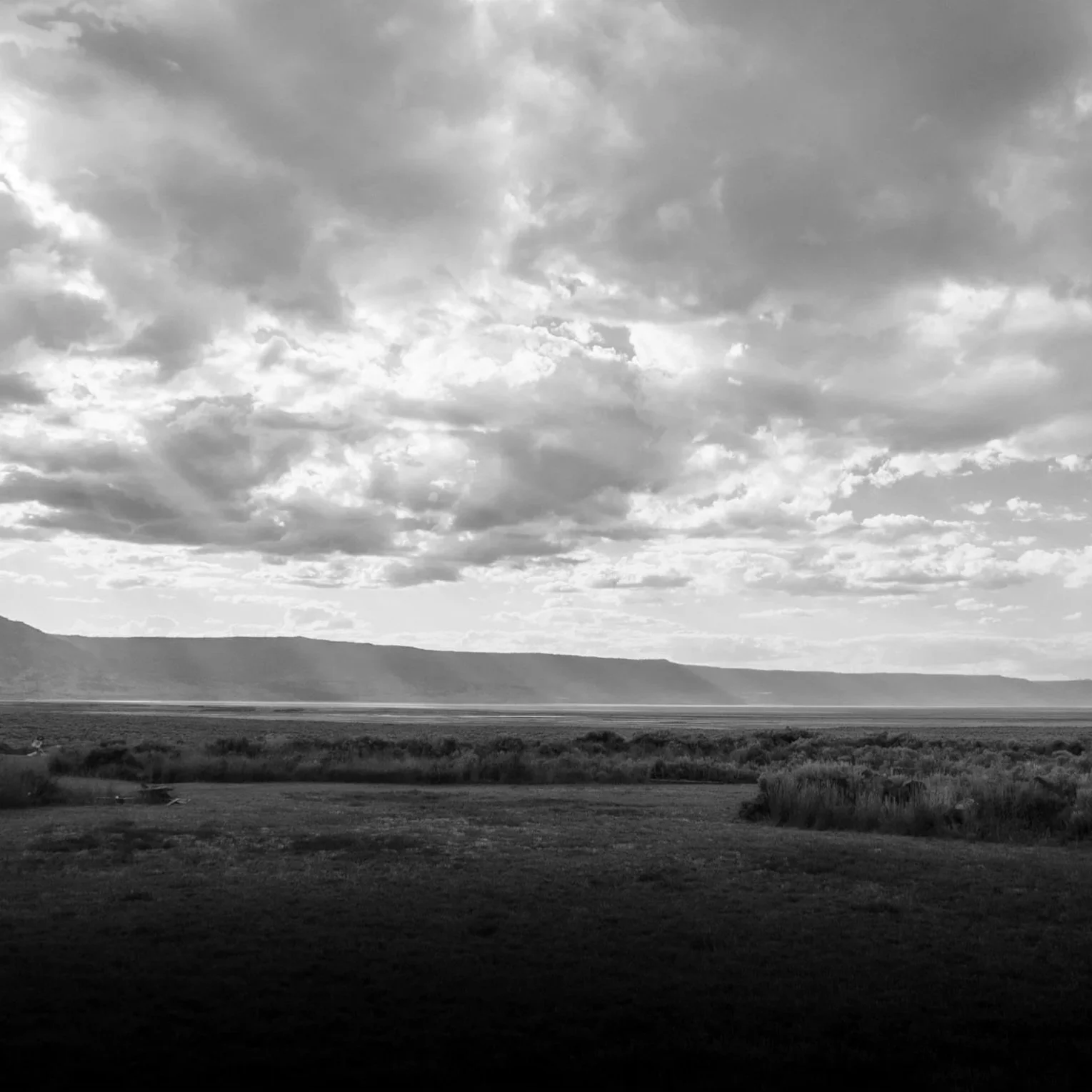
Hemingway Fellowship
This fellowship offers an MFA Fiction student full course releases in their final year. The selection of the Hemingway Fellow is based solely on the quality of an applicant’s writing. Each year, applicants have their work judged blind by a noted author who remains anonymous until the selection process has been completed. Through the process of blind selection, the Hemingway Fellowship Fund fulfills its mission of giving the Fellow the time they need to complete a substantial draft of a manuscript.
-
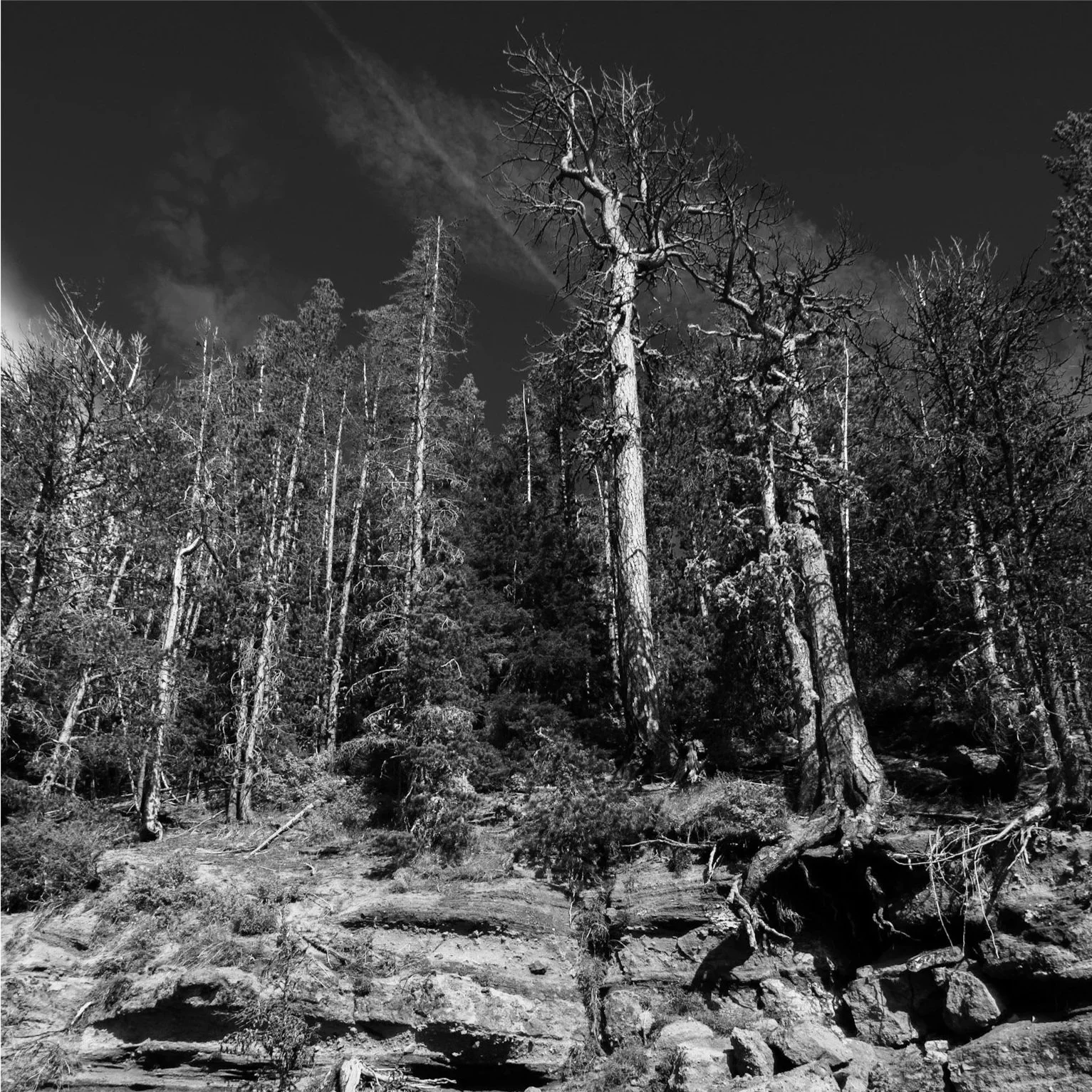
Centrum Fellowship
Those selected as Centrum Fellows attend the summer Port Townsend Writers’ Conference free of charge. Housed in Fort Worden (which is also home to Copper Canyon Press), Centrum is a nonprofit dedicated to fostering several artistic programs throughout the year. With a focus on rigorous attention to craft, the Writers’ Conference offers five full days of morning intensives, afternoon workshops, and craft lectures to eighty participants from across the nation. The cost of the conference, which includes tuition, lodging, and meals, is covered by the scholarship. These annual scholarship are open to all MFA candidates in all genres.
-

Additional Funding and Support
The Graduate and Professional Student Association (GPSA) at the University of Idaho supports graduate students with awards for travel, outstanding achievements, and publishing their work. Many of our MFA students seek and receive GPSA funds each year to travel to AWP, attend residencies, and offset research costs. If you serve as Fugue Editor-in-Chief, your travel and lodging expenses are covered for AWP attendance and tabling. The College of Letters, Arts & Social Sciences also invites graduate students to apply for research and travel funding.
In 2024 we celebrated the 30th anniversary of our MFA program with a week of alumni and emeritus faculty readings. We’re proud of our former and current students’ accomplishments, which include publishing over 120 books with our country’s premier trade, university, and independent presses. We look forward to the next 30 years.
MFA Faculty
-
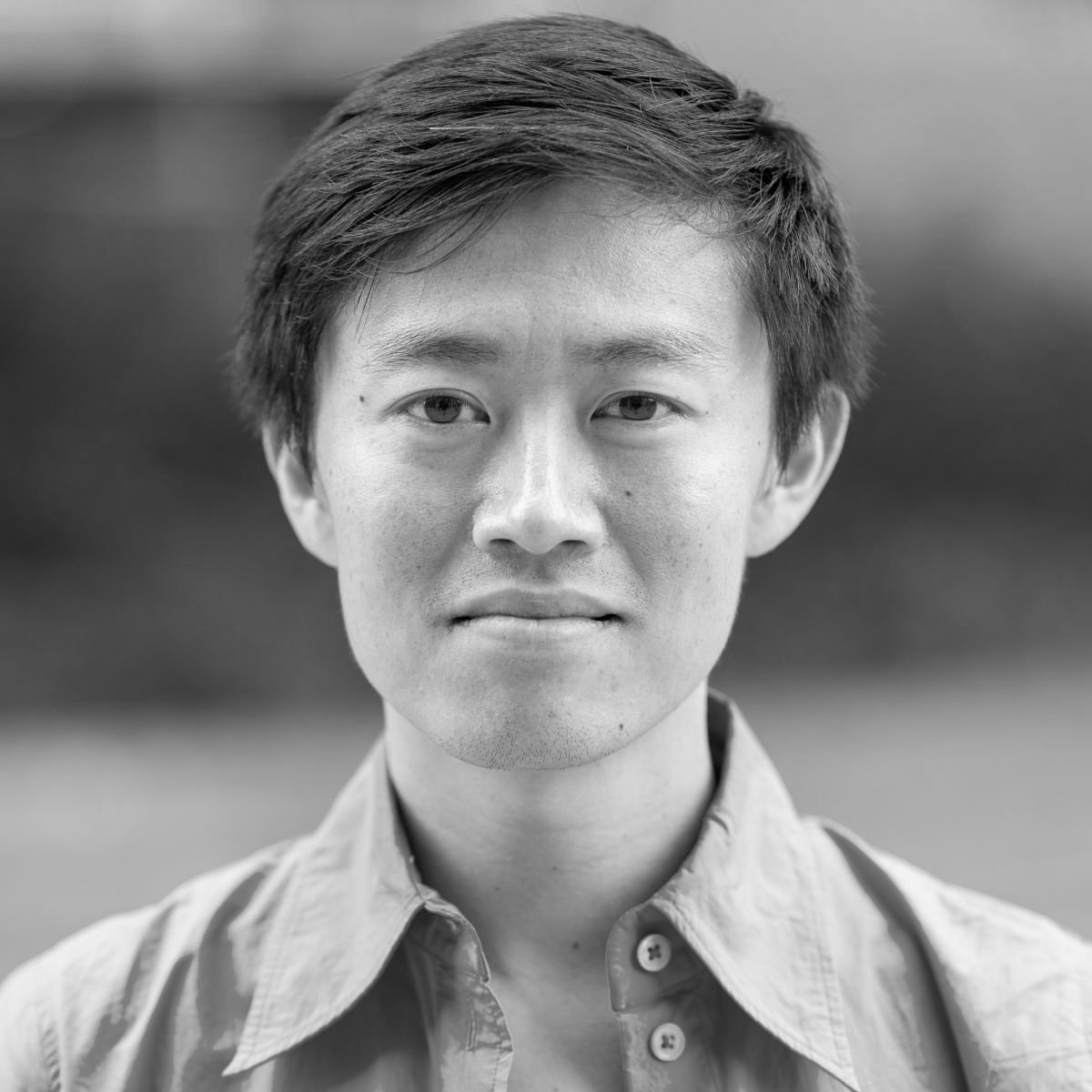
Thomas Dai / Assistant Professor / Nonfiction
Thomas Dai’s first book, Take My Name but Say it Slow: Essays, was published in 2025 with W.W. Norton, and his writing has appeared in Conjunctions, The Georgia Review, Guernica, Lithub, New England Review, The Rumpus, The Yale Review, and elsewhere. He is the recipient of fellowships and awards from Lambda Literary, the Sewanee Writers’ Conference, and the Virginia Center for the Creative Arts, where he was the 2023 Steven Petrow LGBTQ+ Fellow. In addition to his work as a writer, Thomas is a scholar of race, sexuality, and literature who’s published his critical writing in ASAP/J and GLQ: A Journal of Lesbian and Gay Studies. He holds a PhD in American Studies from Brown University and an MFA in creative nonfiction from the University of Arizona. Current and enduring areas of interest include the personal essay, Asian American studies, literatures of space and place, nature and science writing, hybrid visual narratives, and queer theory. He is from Knoxville, Tennessee.
-
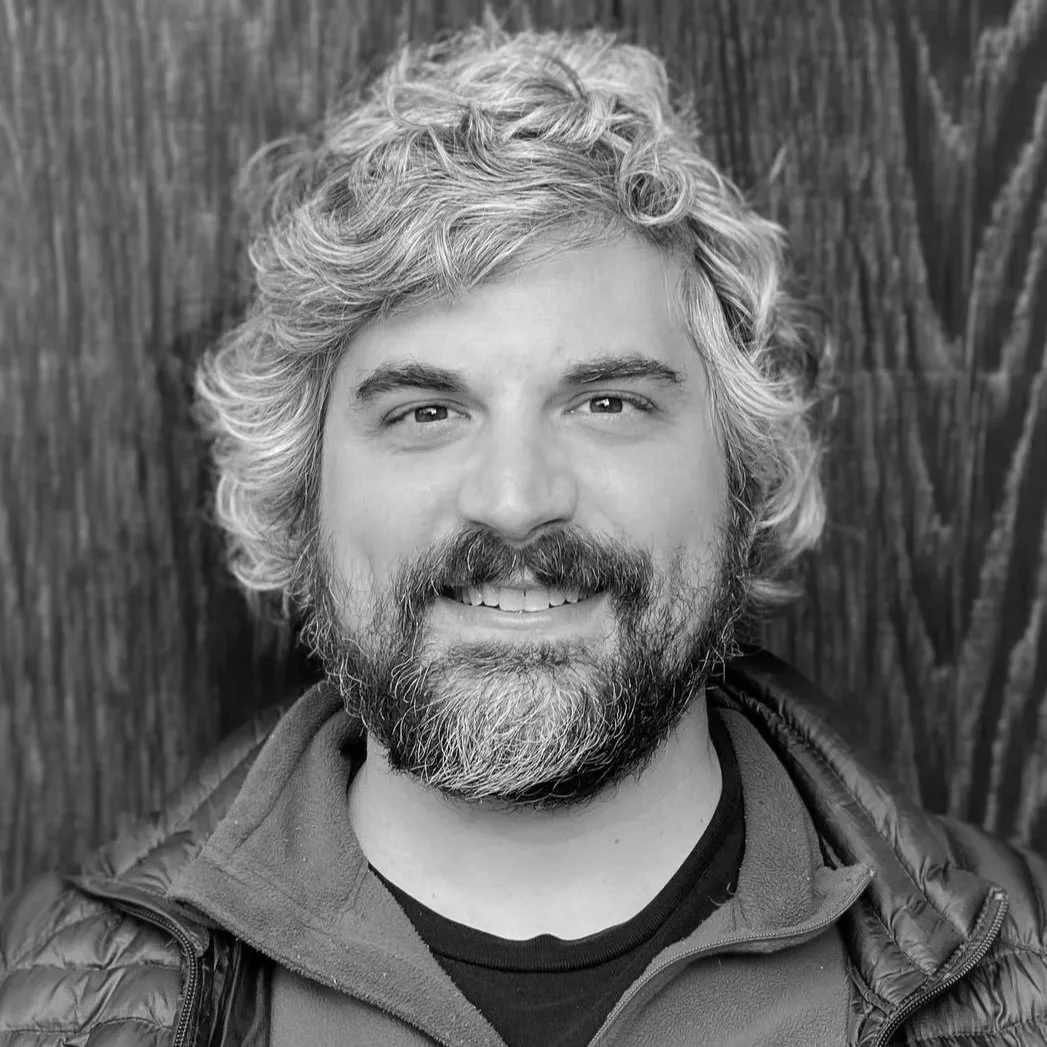
Chris Drangle / Instructor / Fiction and Nonfiction
Chris Drangle is a writer from Arkansas. He studied creative writing at Tulane University, Cornell University, and Stanford University. His fiction has appeared in a variety of magazines and journals, including the Kenyon Review, One Story, Granta, Oxford American, and others. He has been a Wallace Stegner Fellow, a National Endowment for the Arts Fellow, a Jentel Arts Resident, a Pushcart Prize recipient, and a Bread Loaf Scholar. After teaching for a decade in roles as varied as Jones Lecturer at Stanford, high school instructor in Kazakhstan, and teacher in various online programs for beginning and advanced writers, Chris joined the University of Idaho as a Visiting Assistant Professor of Prose in 2022 and currently serves as Instructor of English and Director of Undergraduate Recruitment and Retention.
-
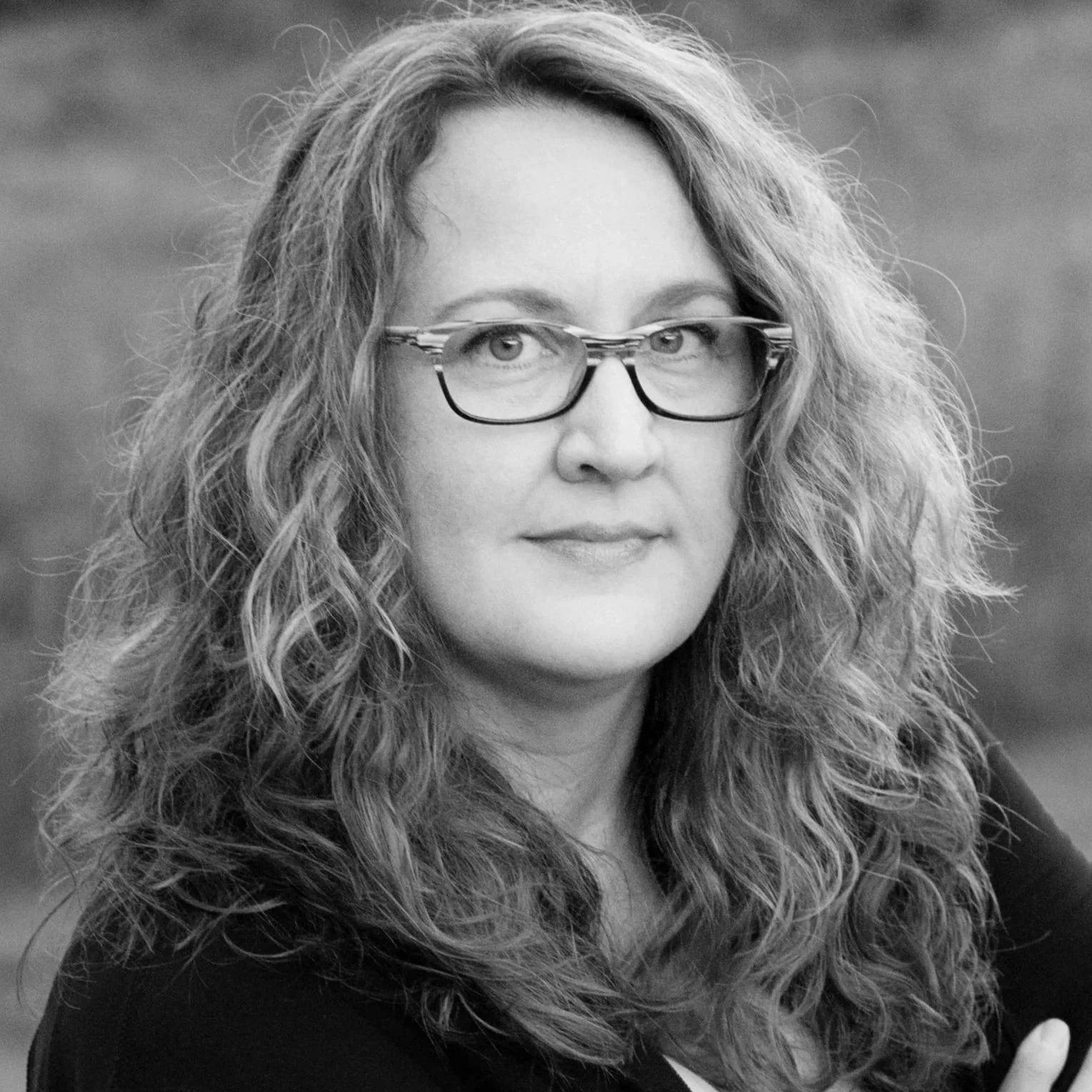
Leah Hampton / Assistant Professor / Fiction and Nonfiction
Leah Hampton, a former Environmental Humanities Fellow in Residence at the University of Idaho, currently serves as core faculty in the Creative Writing Program. Her collection F*ckface and Other Stories was released by Henry Holt and named one of the best books of 2020 by The Paris Review, the New York Public Library, Slate, and others. A graduate of the Michener Center for Writers, she has been awarded multiple prizes and fellowships including UT-Austin’s Keene Prize for Literature and the Phillip Roth residency at Bucknell University’s Stadler Center for Poetry. Her work has appeared in Ecotone, Guernica, McSweeneys, Electric Literature, and elsewhere.
-
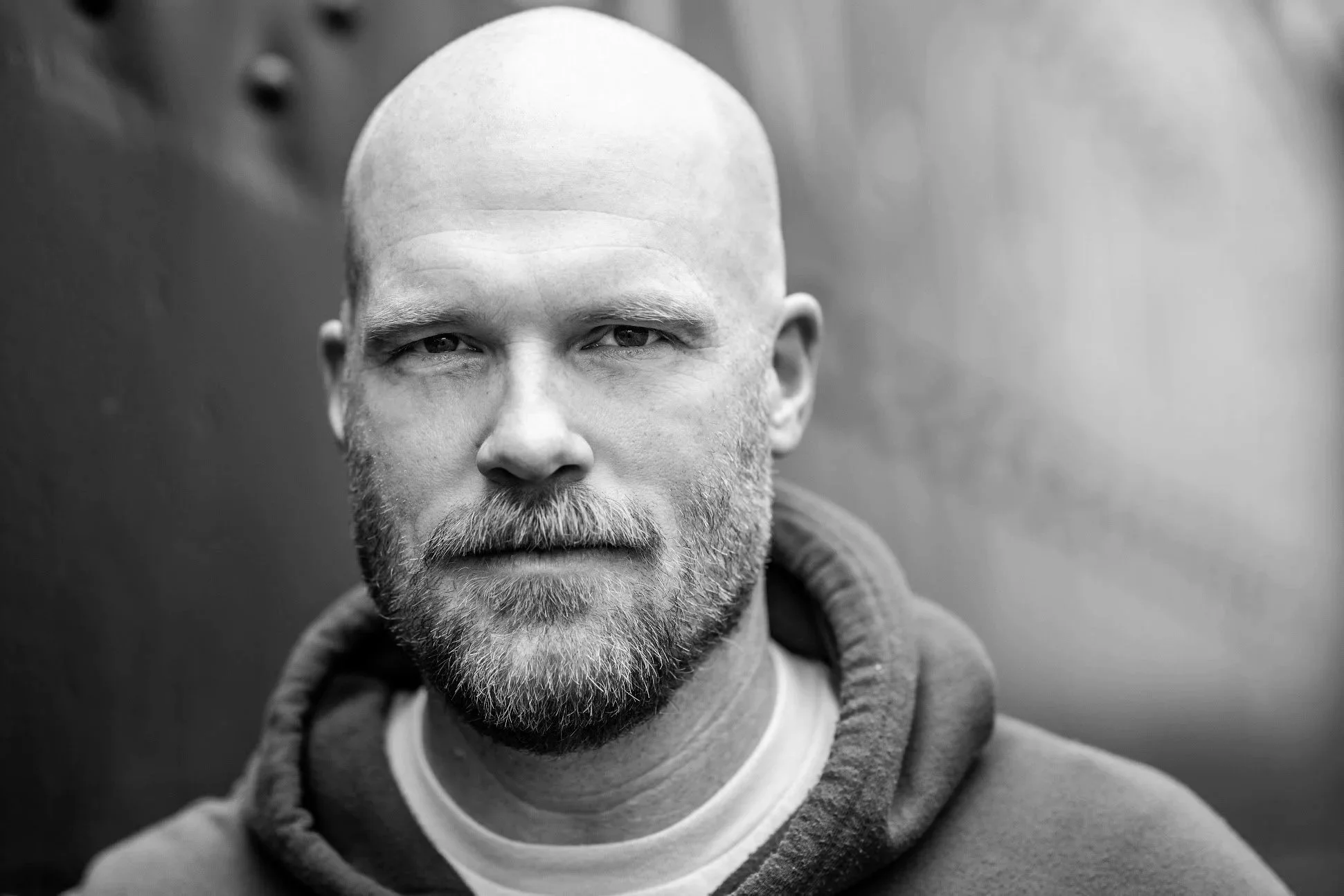
Michael McGriff / Professor and Program Director / Poetry
Michael McGriff was born and raised in Coos Bay, Oregon, and studied creative writing at the University of Oregon, The Michener Center for Writers, and Stanford University. He is the co-author, with J. M. Tyree, of the linked story collection Our Secret Life in the Movies, which was selected as one of NPR’s Best Books of 2014. His poetry collections include Inquest, Angel Sharpening its Beak, Eternal Sentences, Early Hour, Home Burial, and Dismantling the Hills. He is the translator of Tomas Traströmer’s The Sorrow Gondola and editor of a volume of David Wevill’s essential writing, To Build My Shadow a Fire. He is a former Stegner Fellow and Jones Lecturer at Stanford University, and his work has been honored with a Lannan Literary Fellowship, a New York Times Book Review Editors’ Choice, a Ruth Lilly Fellowship, and a grant from the National Endowment for the Arts. His writing has appeared in The New York Times, Poetry, Bookforum, The Believer, Tin House, American Poetry Review, Poetry London, and on NPR’s Weekend Edition Sunday and PBS NewsHour. He has taught creative writing at Stanford University, The Michener Center for Writers, and Lewis & Clark College, and for several years has mentored young writers as a Visiting Writer at American International School (Vienna) and in the Kenyon Review Young Writers Workshop.
-
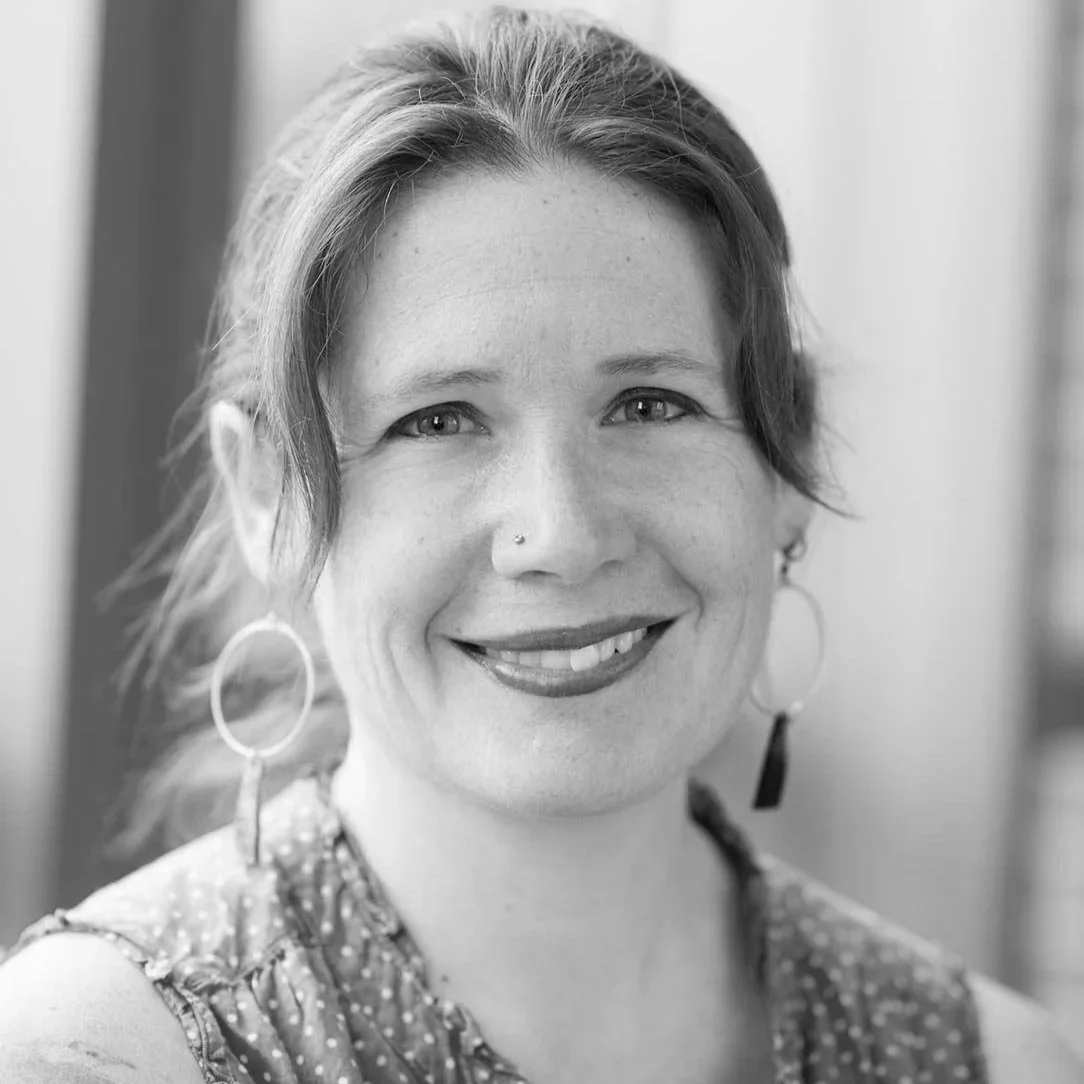
Alexandra Teague / Professor & Department Chair / Poetry
Alexandra Teague is most recently the author of [ominous music intensifying] (Persea, 2024) and the memoir Spinning Tea Cups (Oregon State University Press 2023). Her prior collections of poetry include Or What We’ll Call Desire (Persea, 2019), The Wise and Foolish Builders (Persea, 2015), and Mortal Geography (Persea, 2010), winner of the 2009 Lexi Rudnitsky Prize and 2010 California Book Award. She is also the author of the novel The Principles Behind Flotation (Skyhorse, 2017) and co-editor of the anthologies Bullets into Bells: Poets & Citizens Respond to Gun Violence (Beacon, 2017) and Broadsided Press: Fifteen Years of Poetic & Artistic Collaboration (Provincetown Arts Press, 2022). The recipient of a 2019 Civitella Ranieri Foundation Fellowship, the 2014 Missouri Review Jeffrey E. Smith Editors’ Prize, a 2011 National Endowment for the Arts Fellowship, and a 2006-2008 Stegner Fellowship at Stanford, Alexandra is a Professor in the BA in English and MFA in Creative Writing programs; she is also a senior editor for Broadsided Press. Her work has been praised in such publications as Booklist, The Huffington Post, and The New York Times as “a strong feminist penman to watch,” “formally impressive,” and “passionate, quirky, and righteously outraged.” She currently serves as Chair of the Department of English.
How to Apply
-
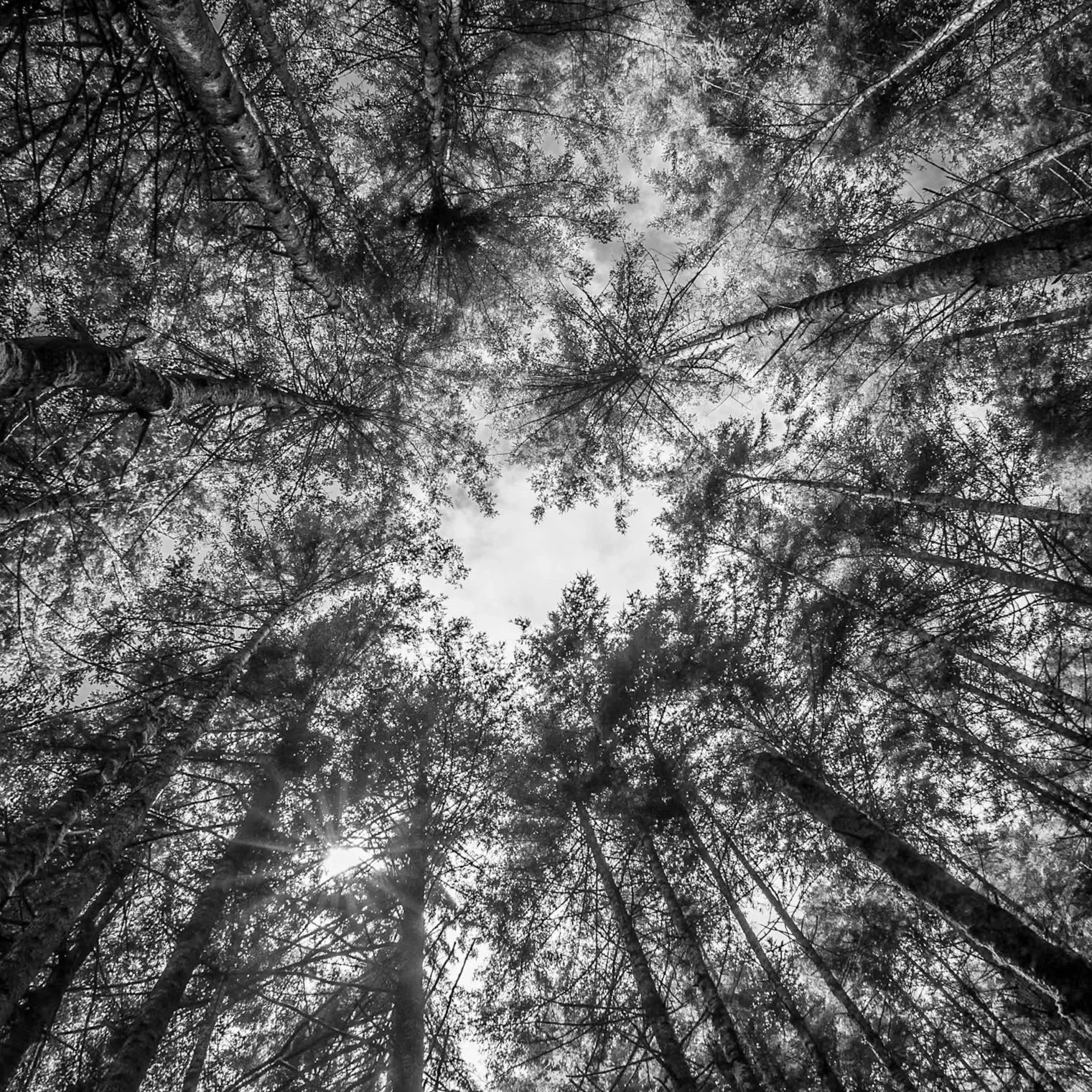
Application Requirements
* The application deadline is January 15, 2026.
* The application fee is $60.
* Candidates should apply in one genre only (Fiction, Poetry, or Nonfiction).
* GRE scores are NOT required to gain admission to the program. You do not need to take the GRE.
* You must hold a bachelor’s degree from an accredited institution by the time you start your first semester at Idaho.
* You should hold a 3.0 undergraduate GPA.
* You will need 3 Confidential Letters of Recommendation from those familiar with your work.
* You will need to order Official Transcripts from the institution that granted your bachelor’s degree.
* You will need to write a Statement of Purpose discussing your artistic and academic plans and goals.
* You will need to include a CV or resume citing relevant writing and academic experiences.
* You will need to include a Critical Writing Sample (a critical essay), 20 pages maximum. This is used to assess your ability to teach first-year writing. The essay can be on any subject and should illustrate your ability to integrate relevant sources, analyze ideas, and structure a clear, compelling piece of writing.
* You will need to include a Creative Writing Sample (please select only one genre): 20 pages (maximum) of fiction; 20 pages (maximum) of nonfiction; 10 pages (maximum) of poetry.
International students: You will need a TOEFL score (or equivalent English test) of at least 560 (paper test) or 83 (Internet test) for non‐English speaking students who have not graduated from an English‐speaking institution.
-
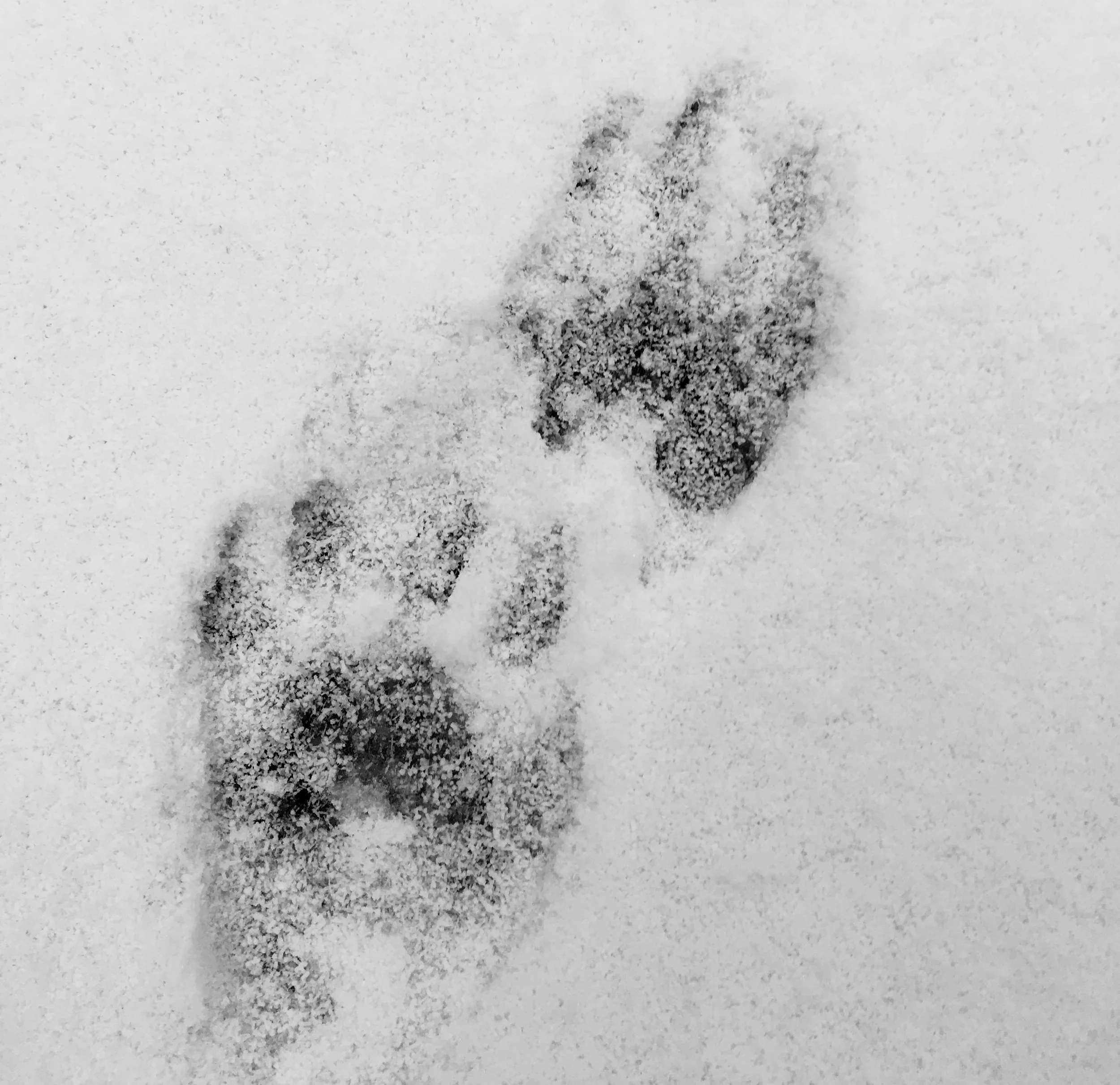
Application and Notification Deadlines
We cannot access your materials or consider your application until ALL of your materials, including letters of recommendation and official academic transcripts, are received by the University of Idaho College of Graduate Studies.
All materials should be submitted to your application file no later than January 15, 2026.
The national deadline for MFA decisions is April 15. If you are on the waiting list, you will be notified on April 15th or sooner, should a spot become available.
You will be the very first to know should a spot open for you in our program.
-
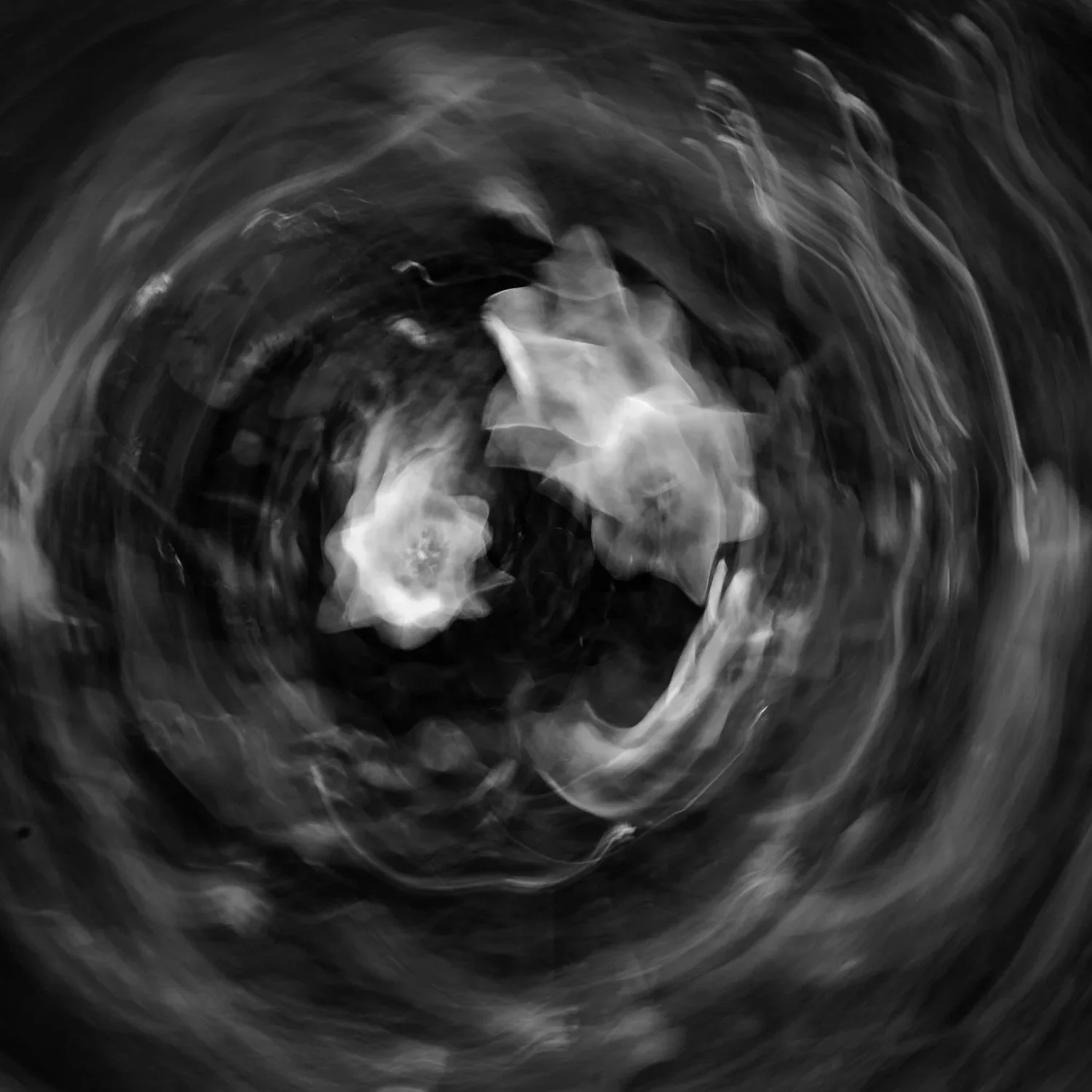
Creative Writing Sample
Your writing is what matters. Full stop. Each year, we admit an aesthetically diverse range of writers into our MFA program. Regardless of what genre you apply in, rest assured that we are not looking for a particular type, style, or “school” of writing. We are not looking for writing that engages with topics X, Y, or Z. What we are looking for is work that leaps off the page, has a vision of its own, and comes from a singular source: you. If you familiarize yourself with the writers who have studied here, you will find authors who check every proverbial stylistic box or no boxes at all. We believe that great art is driven by pluralism and human subjectivity. Put the work that is the most “you” in your Creative Writing Sample.
-

Statement of Purpose
The Statement of Purpose (roughly 1-2 pages) has no set specifications. The Creative Writing Sample is the most “weighted” document in your application materials. The Statement of Purpose gives you a space to complement your Creative Writing Sample with biographical information, reflections on your personal aesthetics, considerations on how you view your work in relation to that of others, your relationship to serving as a potential teacher, and the like. We are interested to know who you are, what and why you write, and what you plan to gain from working with and among a community of writers and educators devoted to the art of the written word. Our students come to us from diverse backgrounds and with varied life experiences; the Statement of Purpose helps us learn more about you.
-

Critical Writing Sample
You will include in your application materials a Critical Writing Sample (a critical essay), 20 pages maximum. Because you will be teaching first year writing as part of your TA-ship, the Critical Writing Sample is used to assess your ability to perform as a first year writing instructor. The essay can cover any subject and should illustrate your ability to integrate relevant sources, analyze ideas, think critically, and structure a clear, compelling piece of rhetorical writing.
-
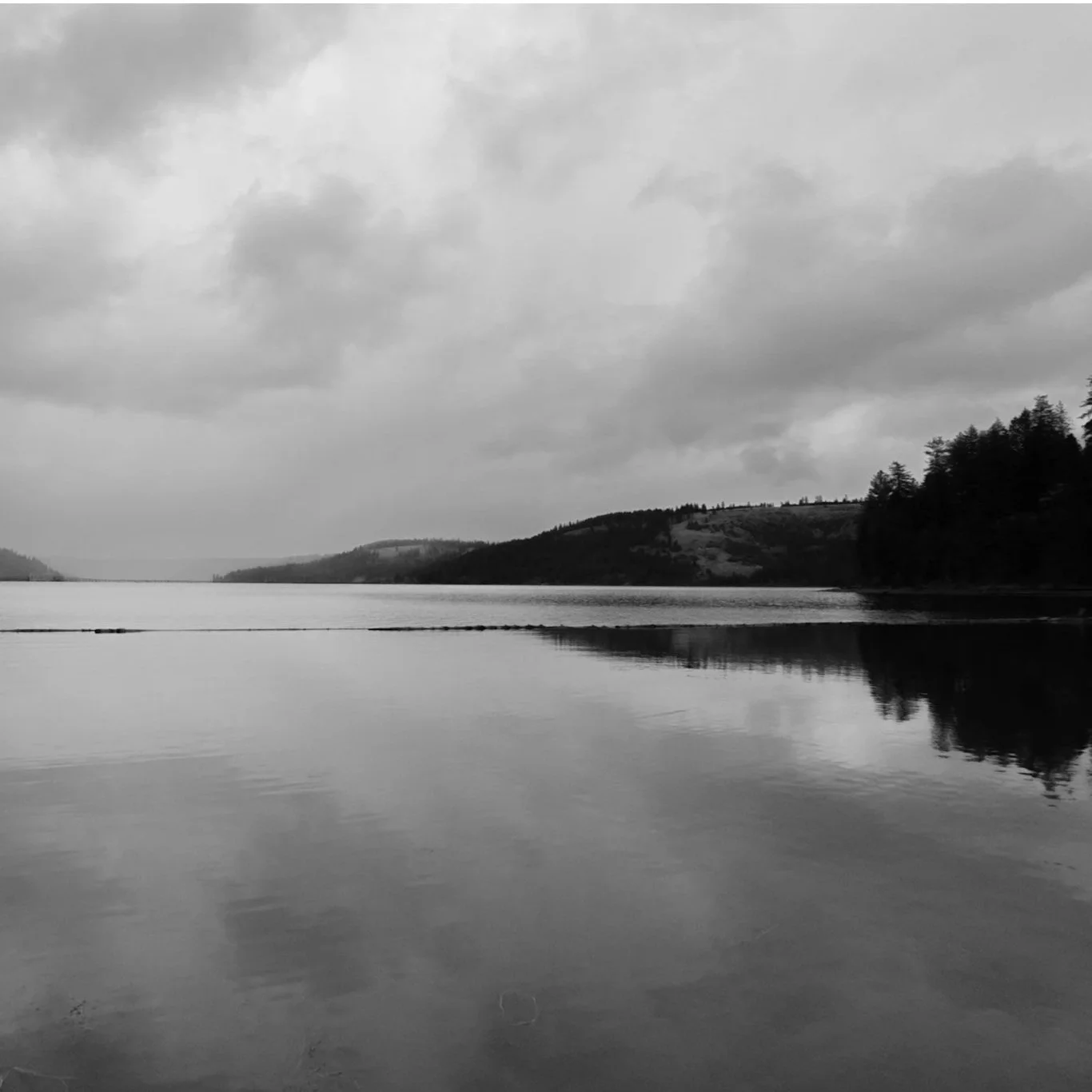
Letters of Recommendation
Our students join the MFA with varied academic and professional backgrounds, including those with degrees in English, Biology, Business, Visual Art, Theater, Mathematics, and beyond. One celebrated MFA candidate joined us after working in an aluminum smelter for 20 years. In other words, we do not expect you to have an academic background in Literature and Creative Writing. With that in mind, we do not expect all of your letter writers to have backgrounds in Creative Writing, though we do expect that they will speak to your potential to serve as a member of our graduate community.
-
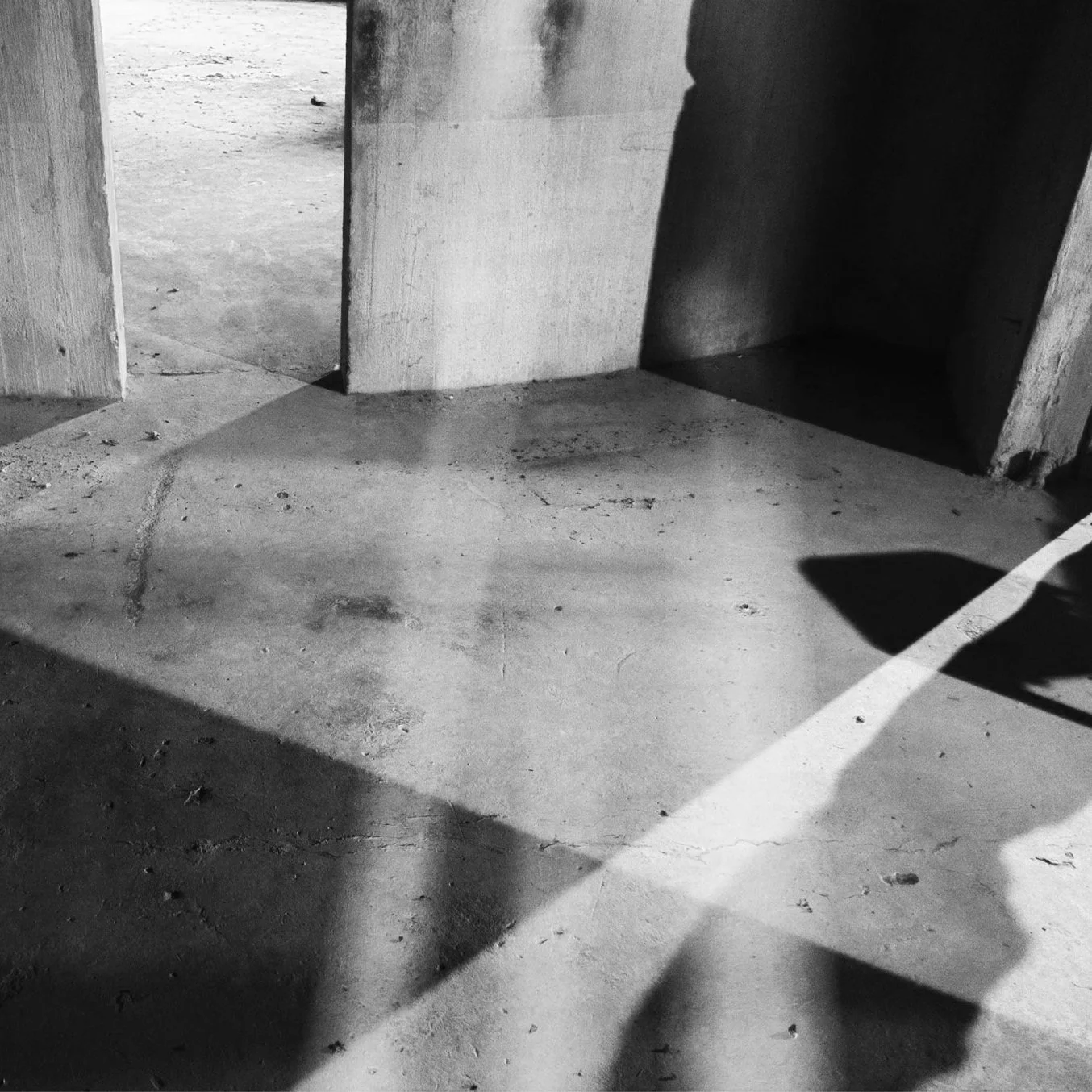
Application Fee
Application Fees and all application materials are entirely managed by the College of Graduate Studies (COGS) at the University of Idaho. COGS offers a limited number of Fee Waivers for students who face economic hardships. You must reach out to COGS directly to request a Fee Waiver. Unfortunately, International Students are not granted Fee Waivers. The Department and English and the Creative Writing Program cannot grant waivers of any kind. For more information, please contact the COGS office at cogs@uidaho.edu
-
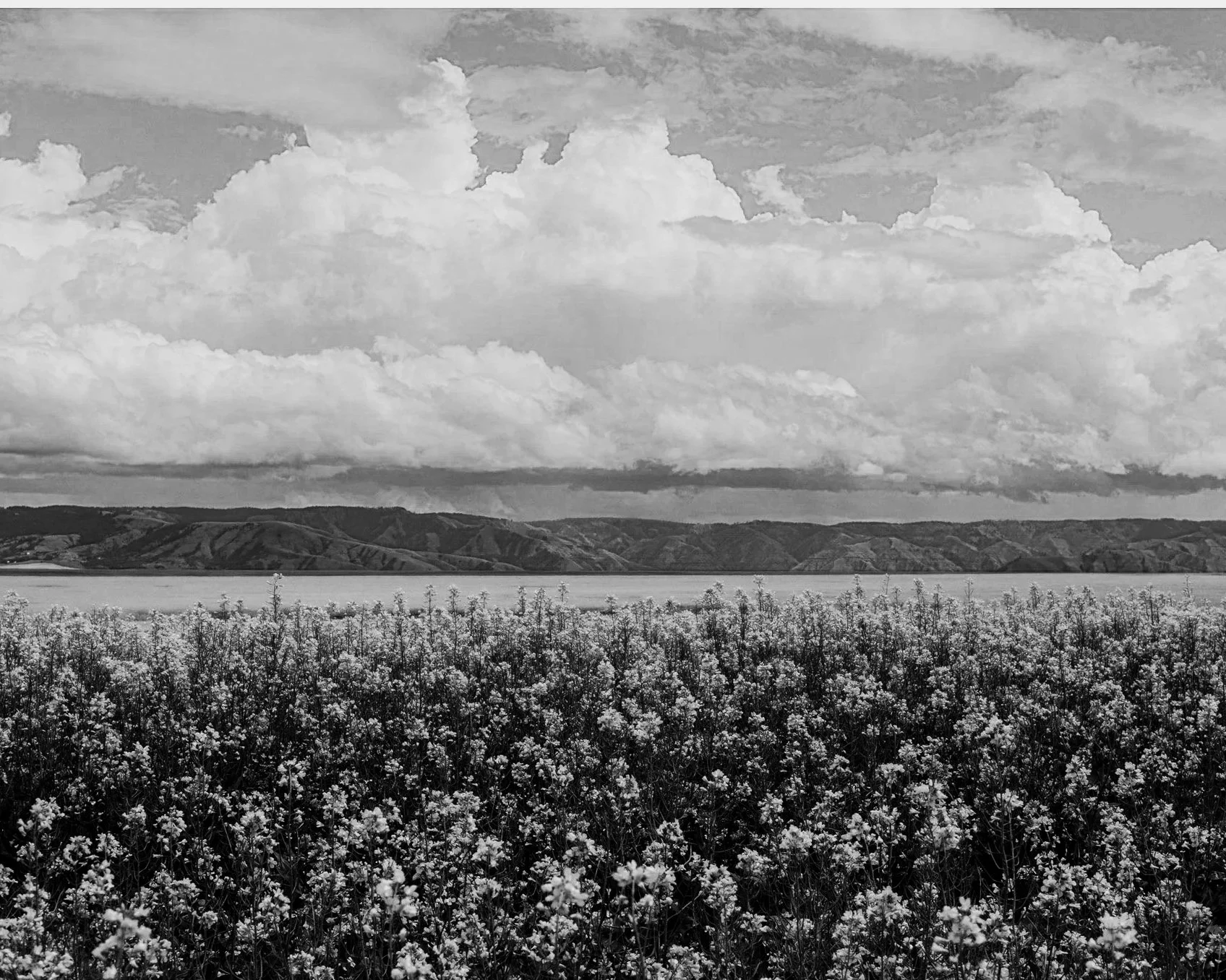
International Applications
We accept and consider MFA applications from all over the globe. If you are an international student and have questions about the application process that are not answered on this website, please contact the College of Graduate Studies (COGS) at the University of Idaho: cogs@uidaho.edu.
International students will need a TOEFL score (or equivalent English test) of at least 560 (paper test) or 83 (Internet test) for non‐English speaking students who have not graduated from an English‐speaking institution.
Per university policy, no Fee Waivers are granted to international students.
Please, do not email Department of English or Creative Writing Faculty directly with CVs or other professional materials. All such materials should be included in your official MFA application, which can be started by following the Apply Now link below.
Program History, The Palouse, Alums
-

Program History
Idaho admitted its first class of seven MFA students in 1994 with a faculty of four: Mary Clearman Blew, Tina Foriyes, Ron McFarland (founder of Fugue), and Lance Olsen. From the beginning, the program was conceived as a three-year sequence of workshops and techniques classes. Along with offering concentrations in writing fiction and poetry, Idaho was one of the first in the nation to offer a full concentration in creative nonfiction. Also from its inception, Idaho not only allowed but encouraged its students to enroll in workshops outside their primary genres. Idaho has become one of the nation’s most respected three-year MFA programs, attracting both field-leading faculty and students. In addition to the founders of this program, notable distinguished faculty have included Kim Barnes (pictured above), Robert Wrigley, Daniel Orozco, Joy Passanante, Tobias Wray, Brian Blanchfield, Jess Ardnt, and Scott Slovic, whose collective vision, rigor, grit, and care have paved the way for future generations committed to the art of writing.
-
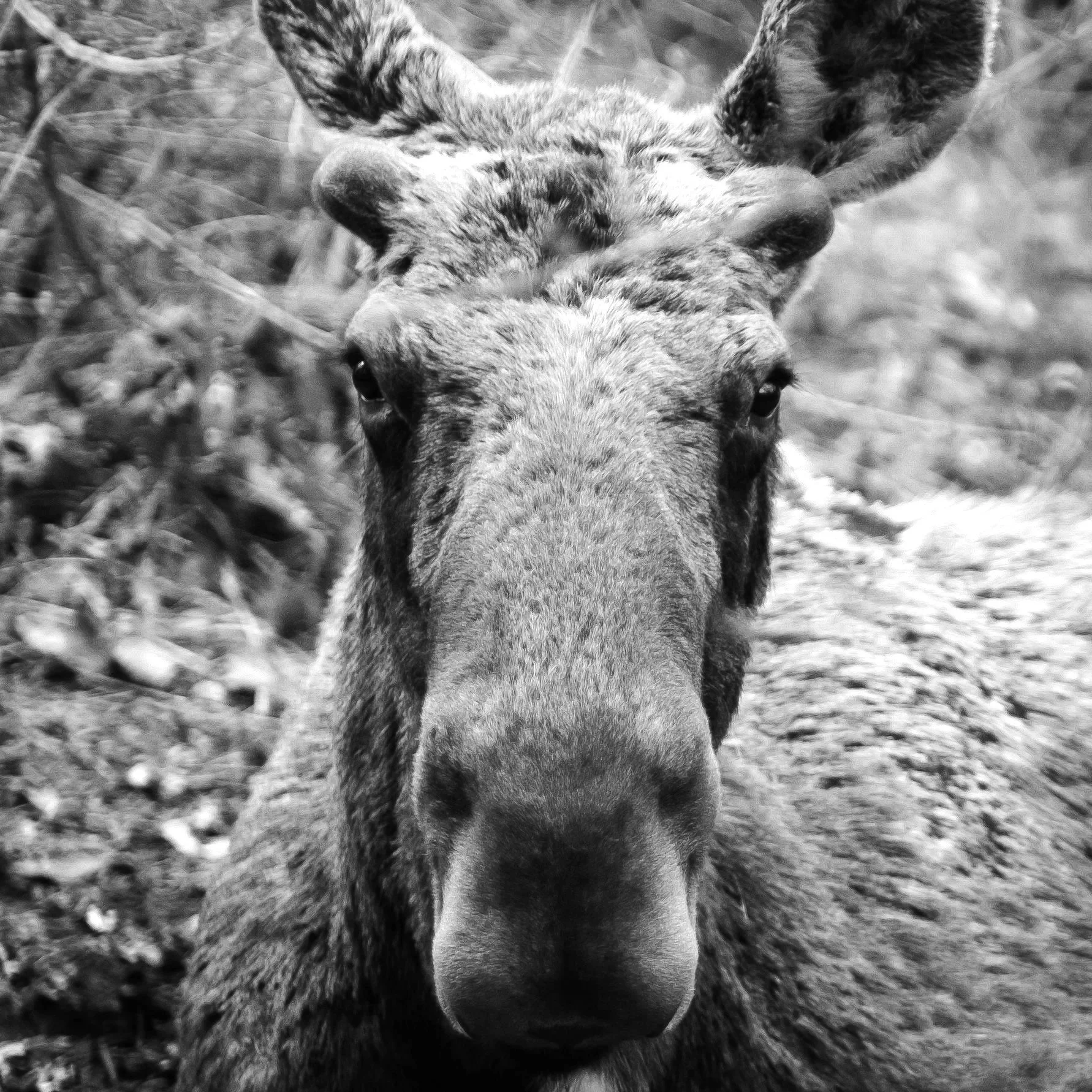
The Palouse and Inland Northwest
Situated in the foothills of Moscow Mountain amid the rolling terrain of the Palouse (formed by the ancient silt beds unique to the region), our location in the vibrant community of Moscow, Idaho, is like no other. The ancestral homelands of the Nez Perce (Nimiipuu) and Coeur d’ Alene (Schitsu’umsh) nation converge in the Palouse, making it rich in tribal culture. Moscow is replete with independent bookstores, coffee shops, art galleries, and restaurants, not to mention an historic art house cinema, organic foods co-op, and renowned seasonal farmer’s market. Ten minutes from campus lie 110 miles of four-season multi-use wilderness trails (maintained by our local mountain bike association, MAMBA) that offer access to moose sightings (pictured above), creeks, waterfalls, pine forests, and cedar groves. Outside of town, we’re lucky to have many opportunities for world-class hiking, swimming, skiing, rafting, camping, and general exploring—from nearby Kamiak Butte to renowned destinations like Glacier National Park, the Snake River, the Frank Church River of No Return Wilderness Area, and Nelson, BC. As for more urban getaways, Spokane, Washington, is only a ninety-minute drive, and our regional airline, Alaska, makes daily flights to and from Seattle that run just under an hour.
-
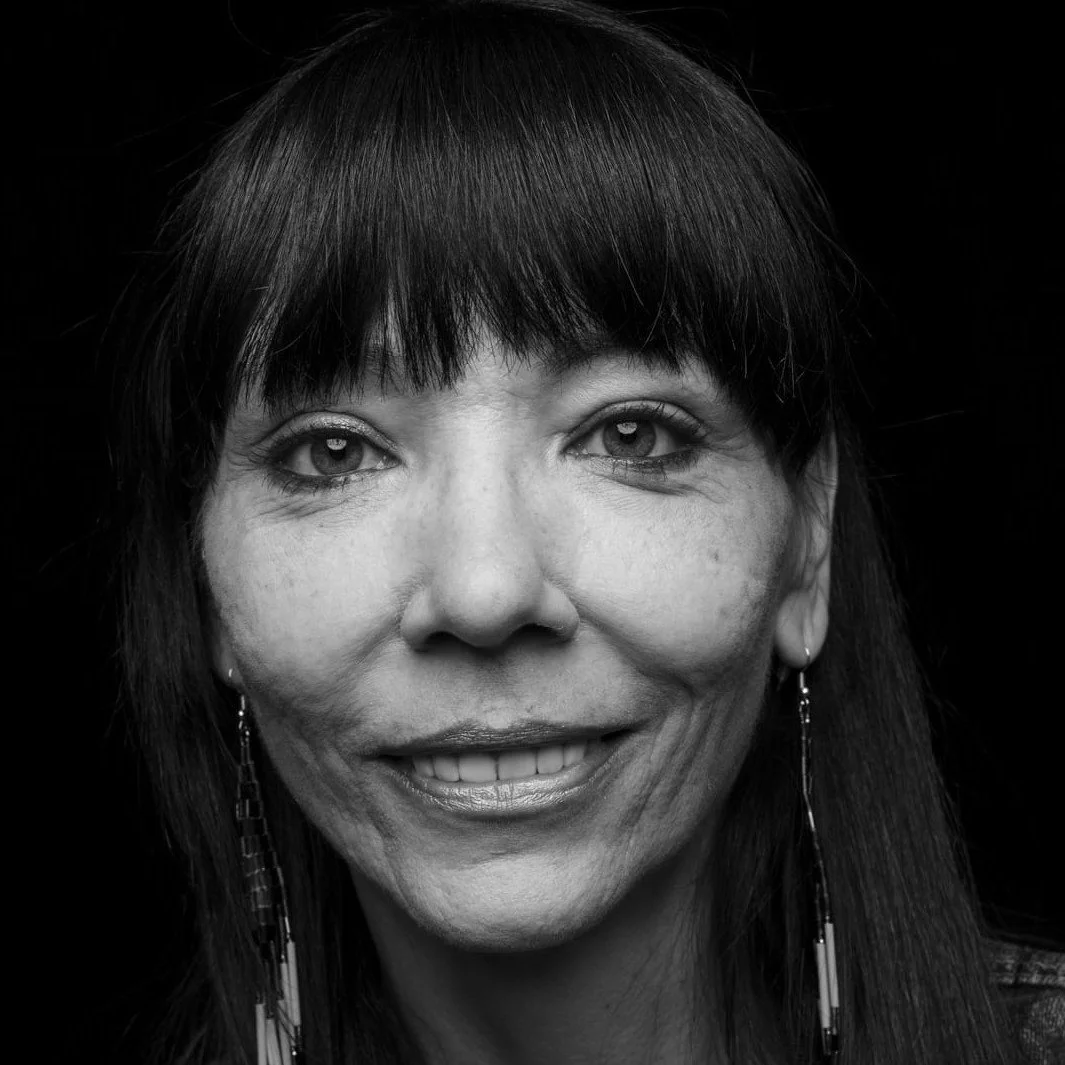
Alums
Though we strongly emphasize process over publishing during the course of a degree, we never miss an opportunity to celebrate the books of our alums, who have found homes for their work with our country’s finest presses, from fierce indies like FC2 and Spuyten Duyvil to mainstream juggernauts like Penguin/Random House. Please take a spin through the book gallery below, which features the books of our alums and current students.
(Picture Above: Author and Alum CMarie Fuhrman)
Still Have Questions?
Any questions regarding application fee waivers, the status of your application or its individual materials, or international applications, must be directed to The College of Graduate Studies (COGS) at the University of Idaho: cogs@uidaho.edu
Questions about the Creative Writing Program not answered by the information on this website may be directed to creativewriting@uidaho.edu, which is moderated between the months of September and May. Please do not contact us with queries regarding readings, textbook adoption, speaking engagements, or other business matters.
NOTE: THIS SITE IS NOT MANAGED BY THE UNIVERSITY OF IDAHO, NOR DOES IT REPRESENT THE UNIVERSITY IN ANY OFFICIAL CAPACITY. THIS SITE IS INDEPENDENTLY MAINTAINED BY U OF I CREATIVE WRITING FACULTY AND SERVES AS A FAQ FOR OUR MFA IN CREATIVE WRITING PROGRAM. PLEASE CLICK HERE TO BE REDIRECTED TO THE UNIVERSITY OF IDAHO’S CENTRAL WEBSITE TO FIND MORE INFORMATION REGARDING THE PROGRAM.
Are You an Alum?
If you’ve recently published a book or have good news (or if we’re missing one of your book images from the gallery above), please reach out and let us know. Email us: creativewriting@uidaho.edu. Book images should be sent as high-res jpegs. We’ll do our best to share your accomplishments and publication news.

